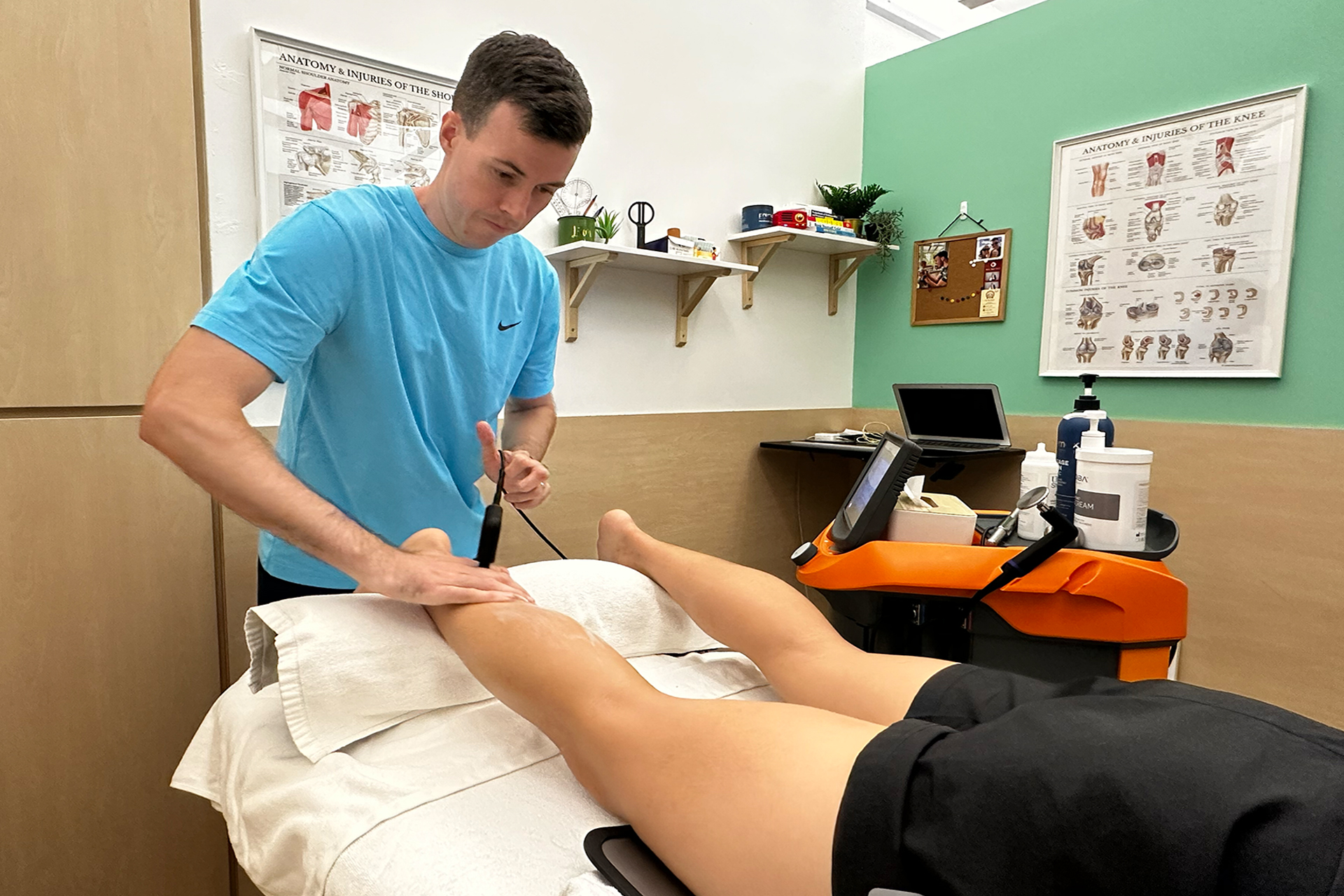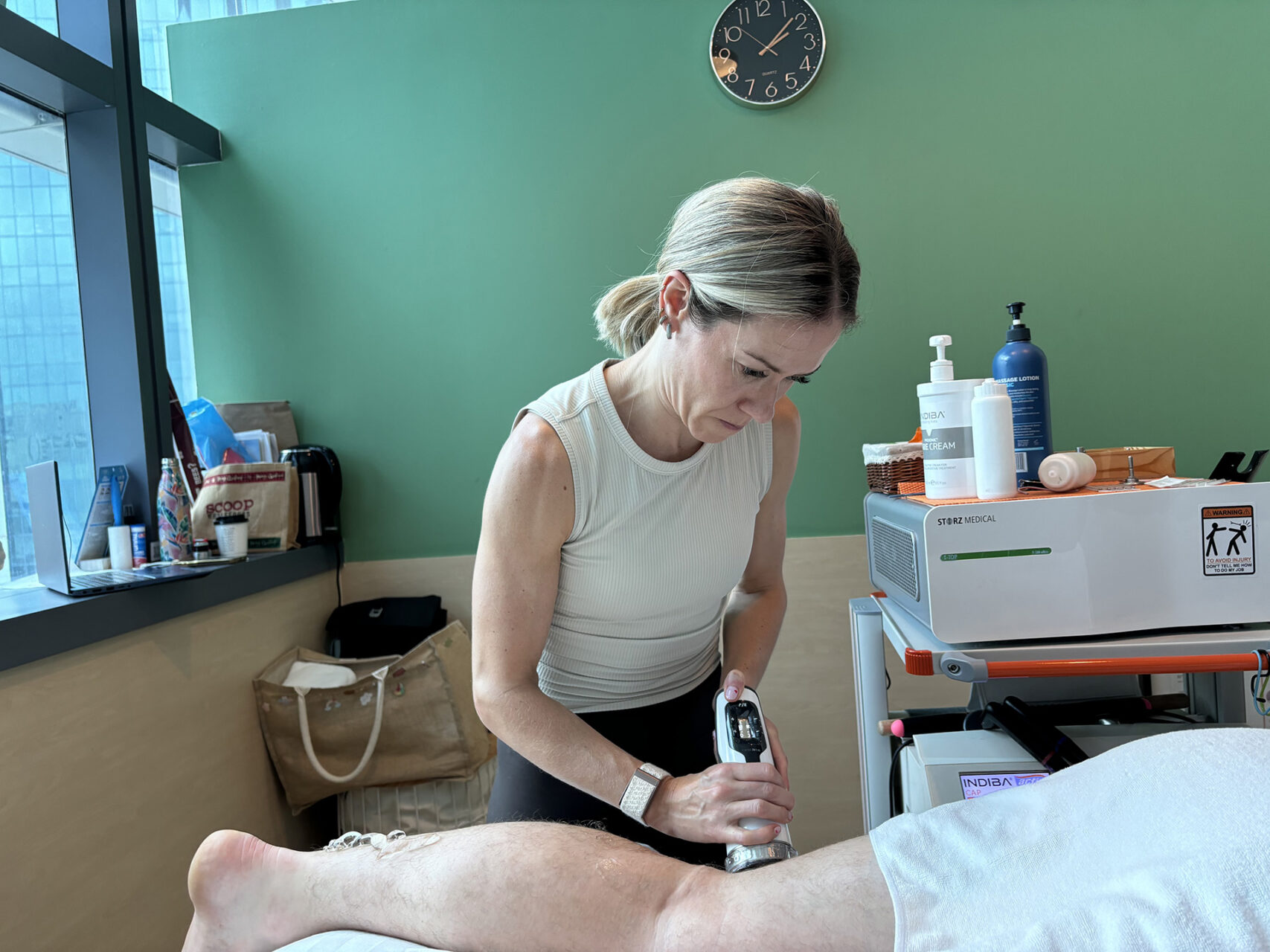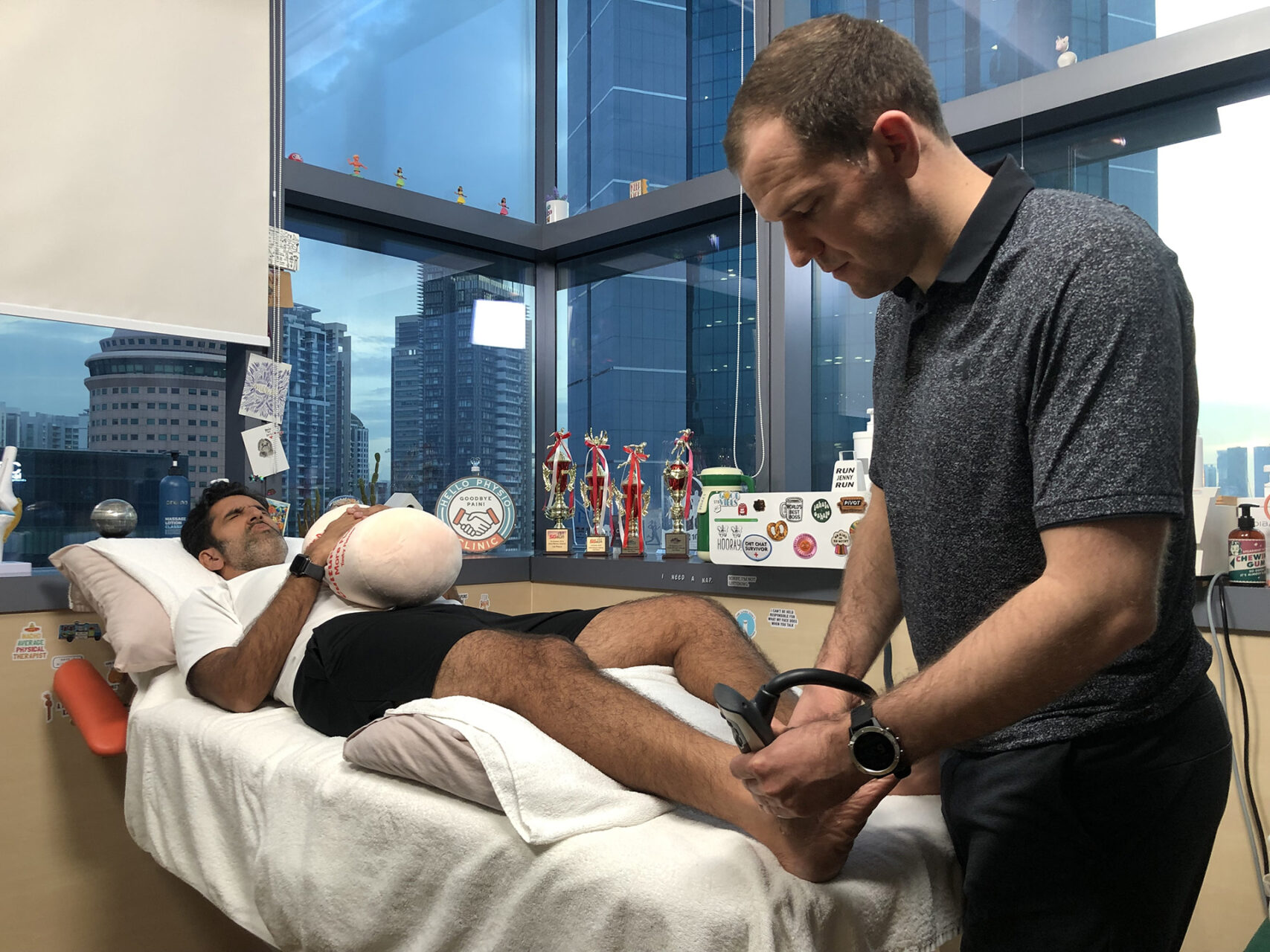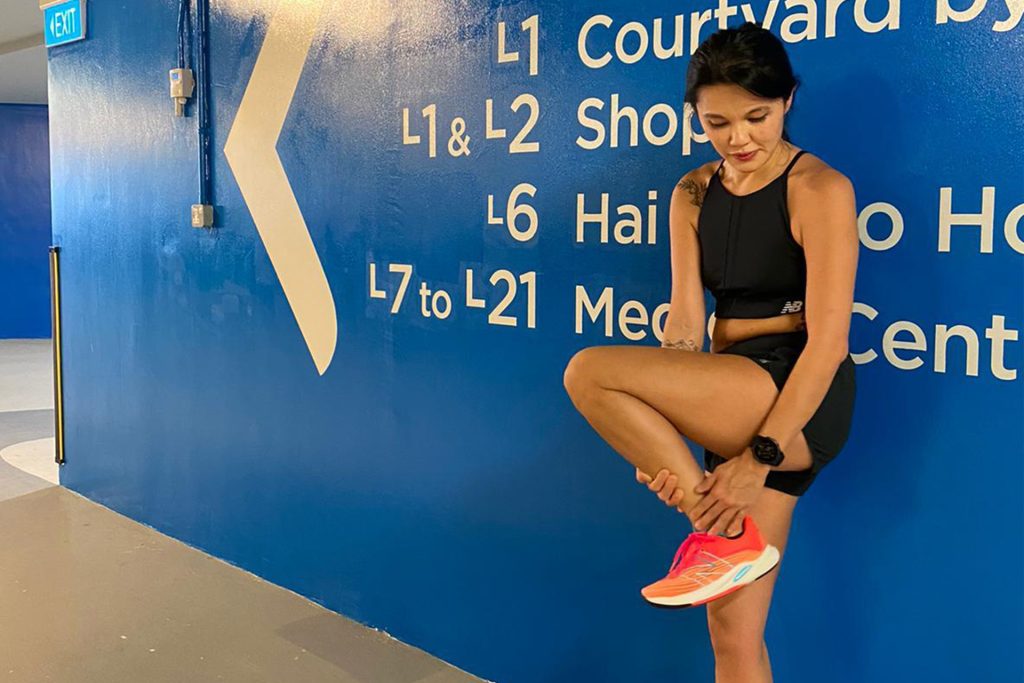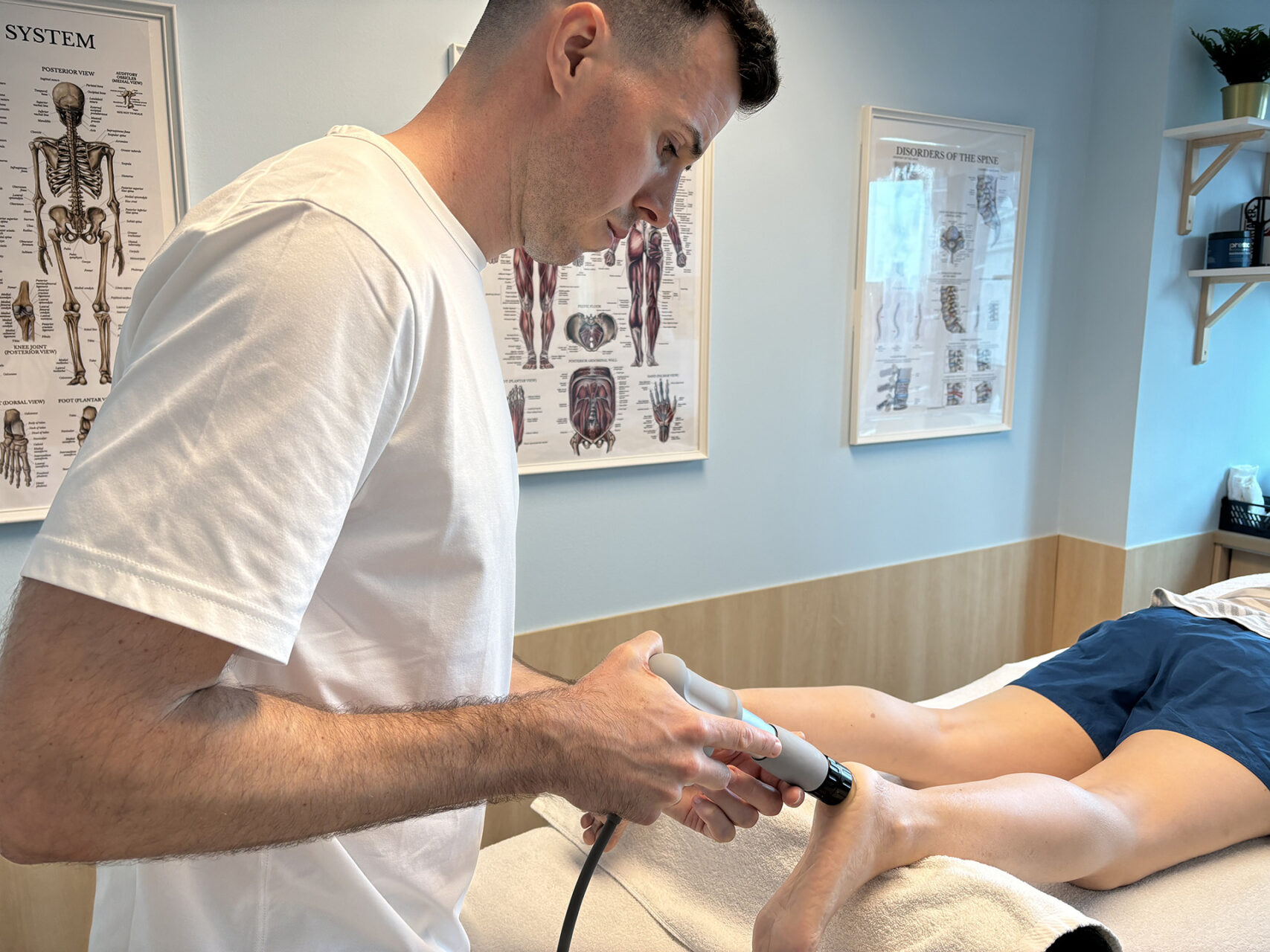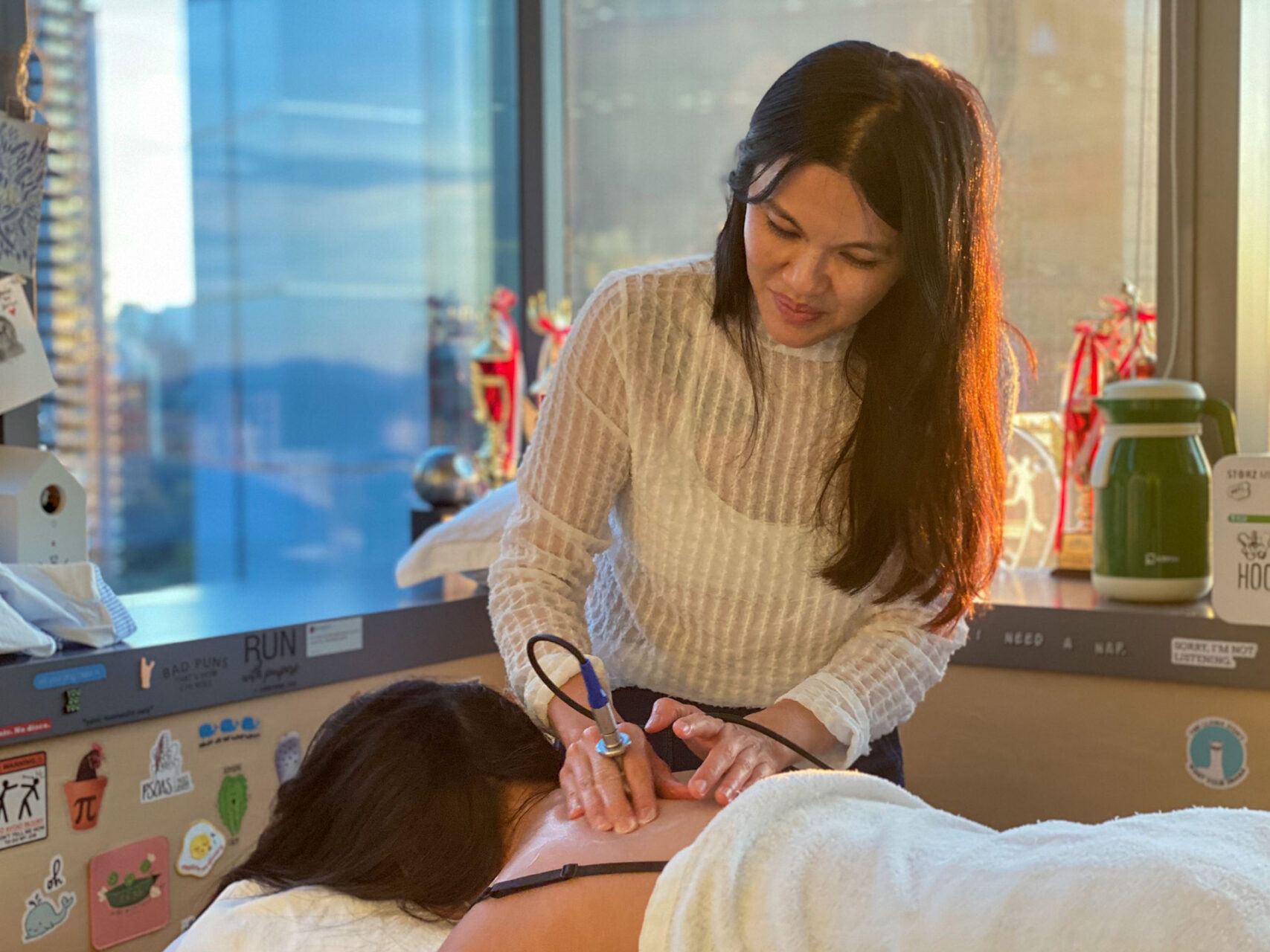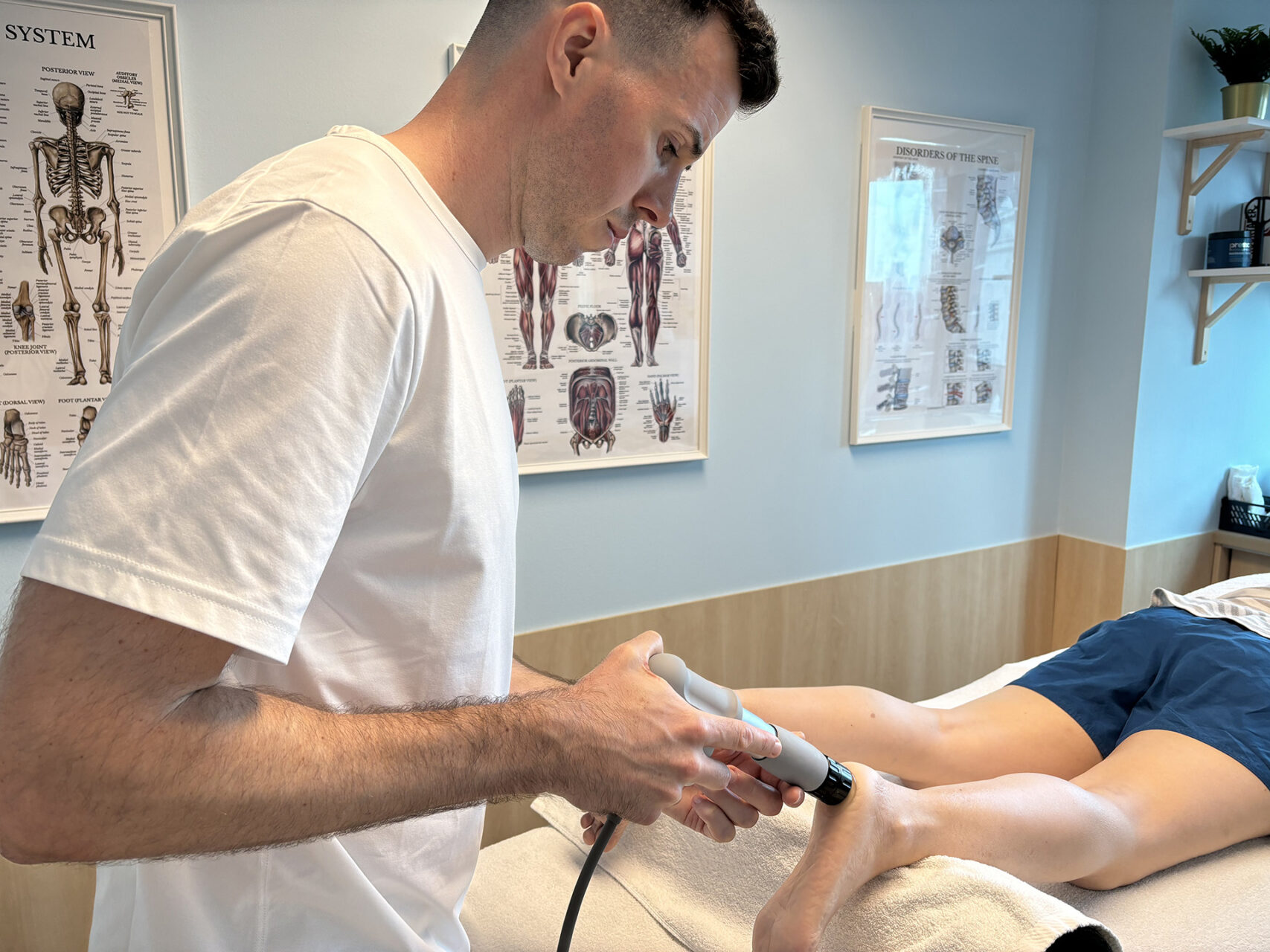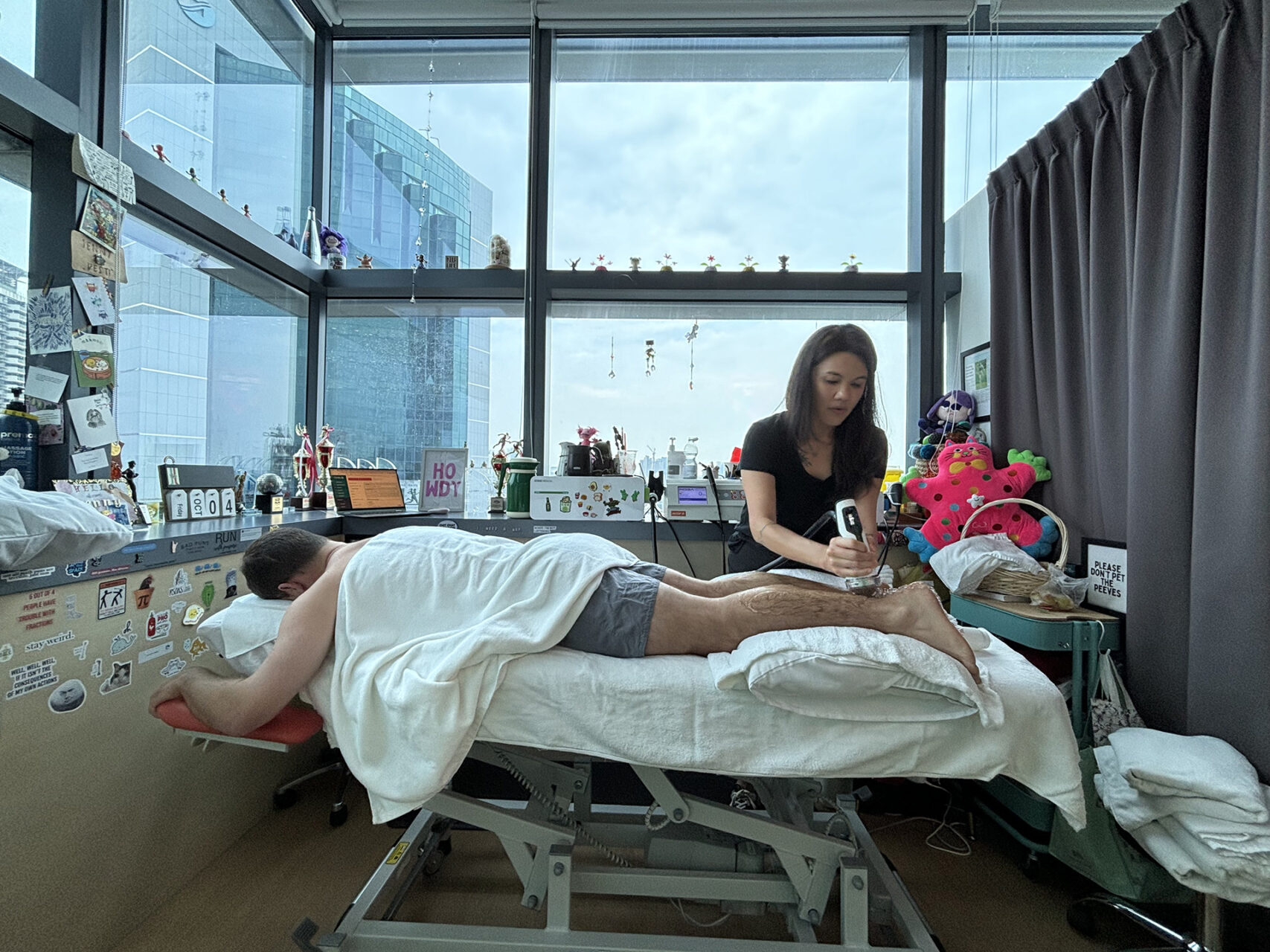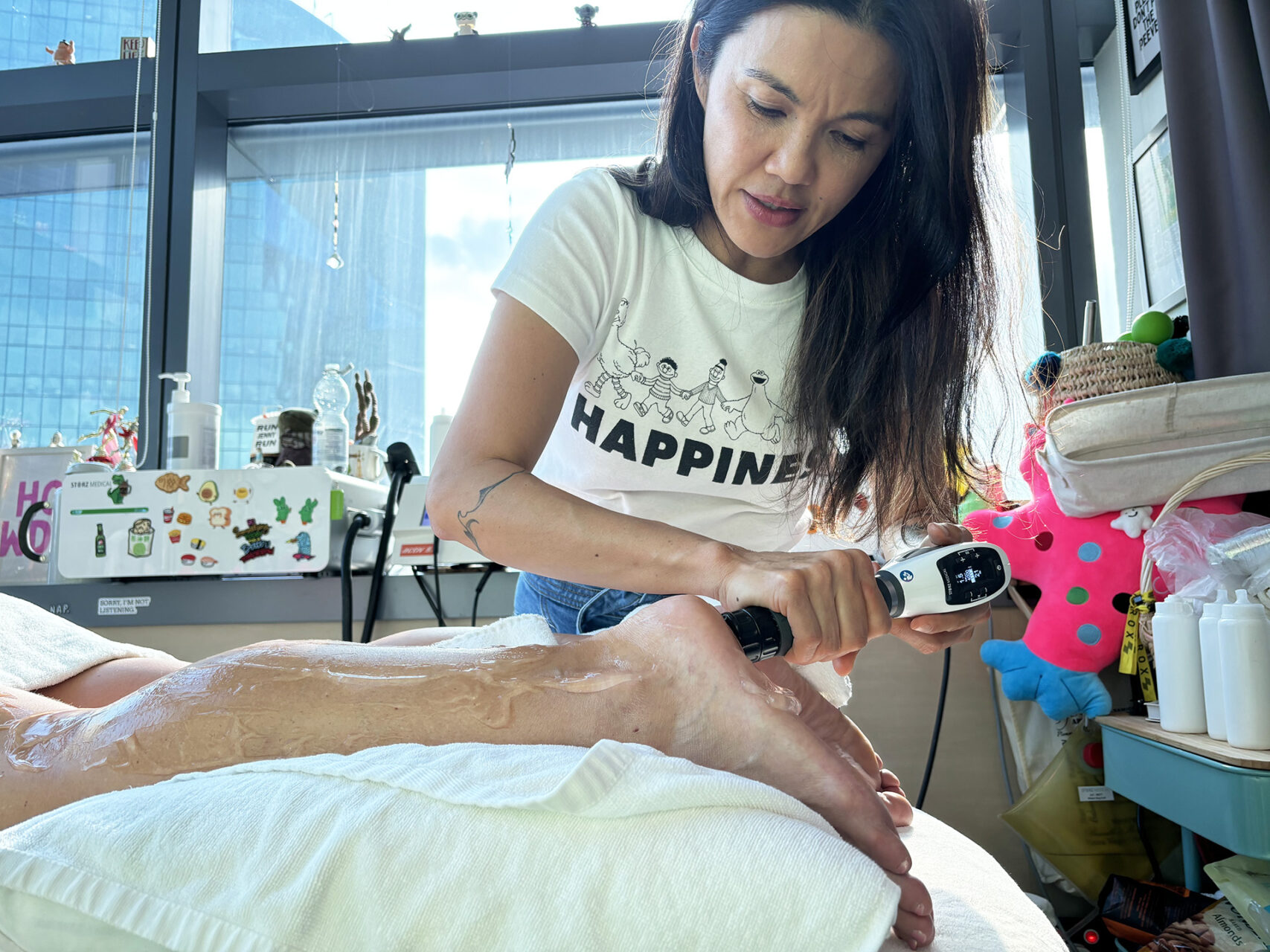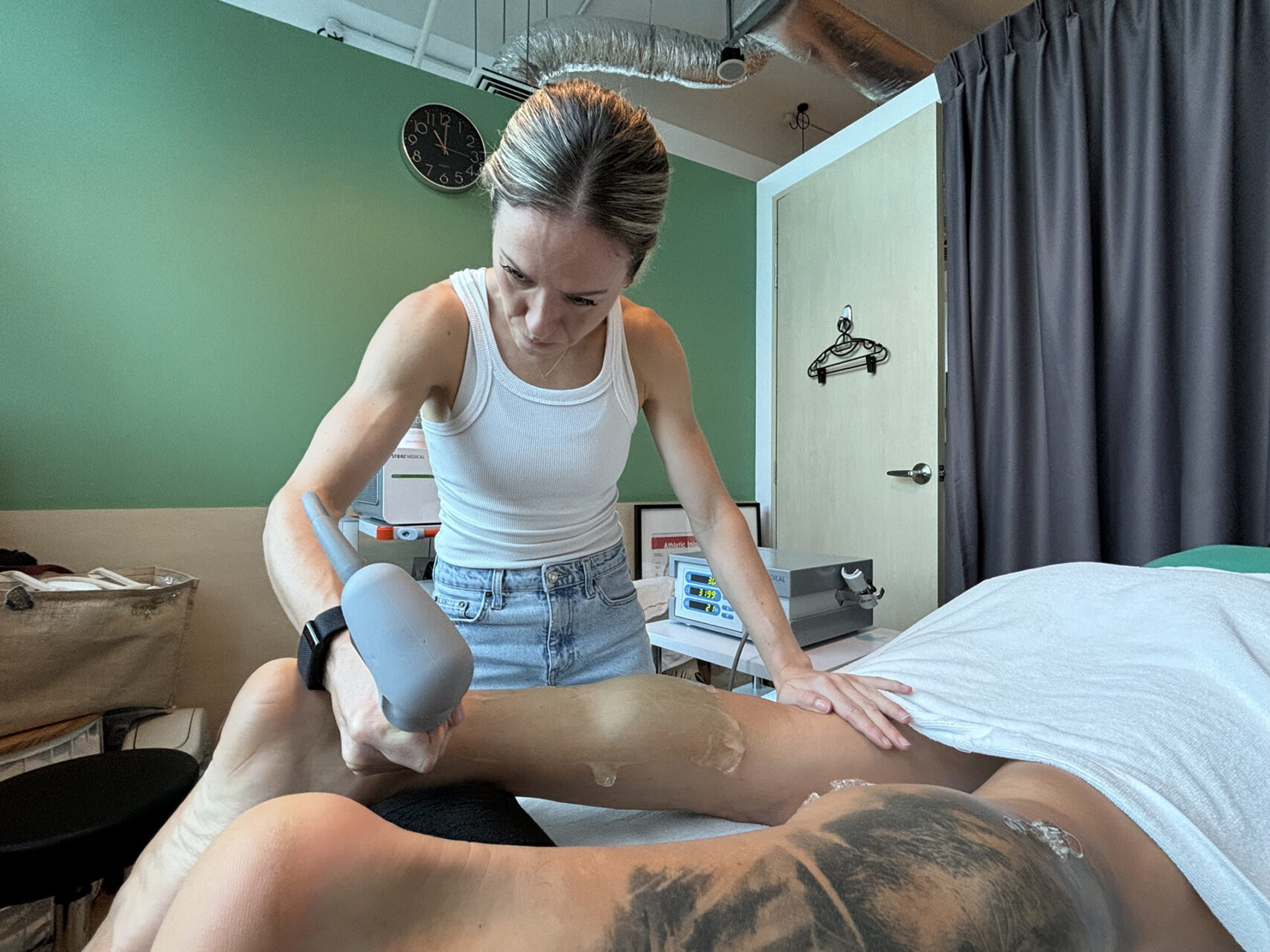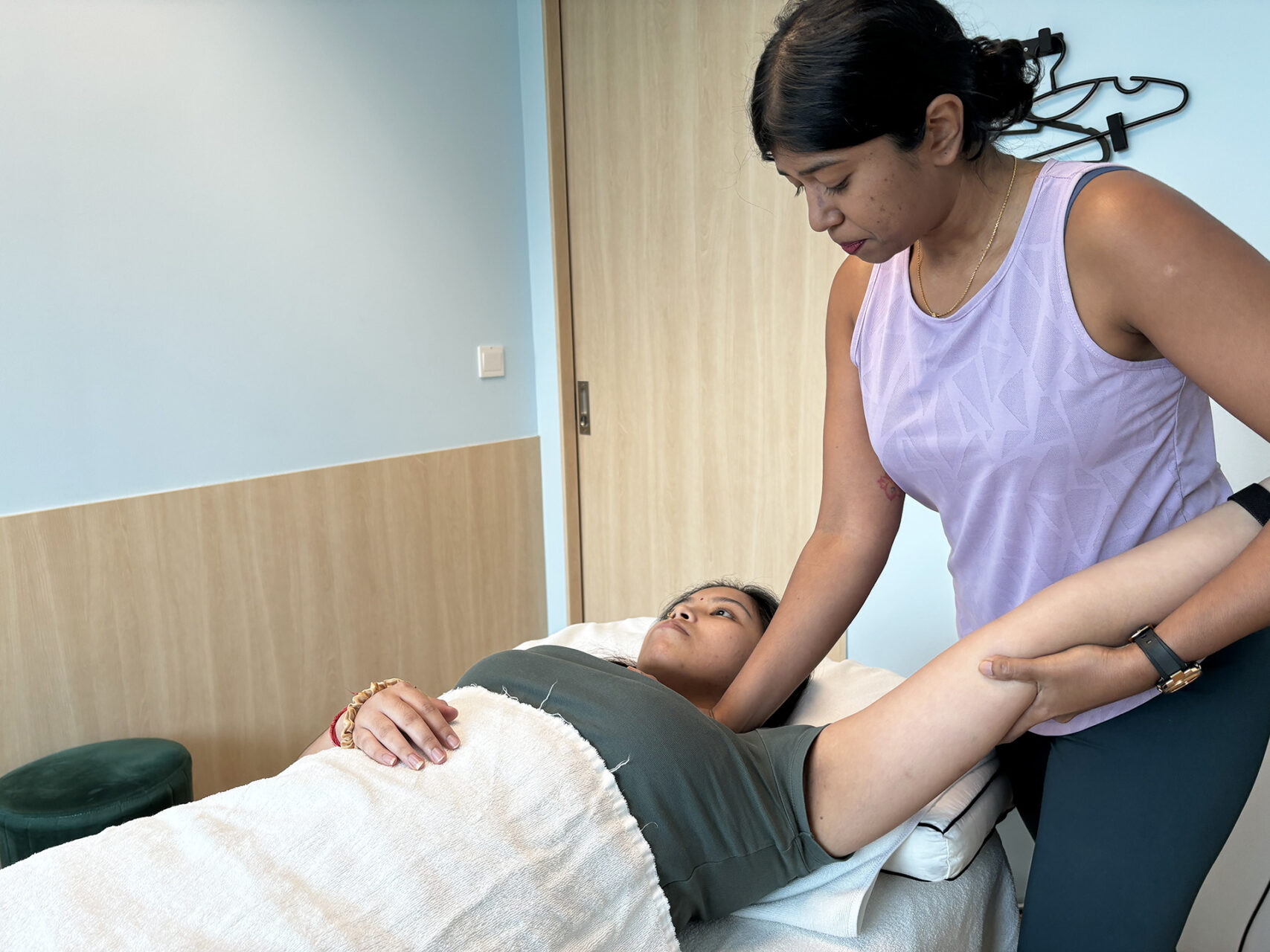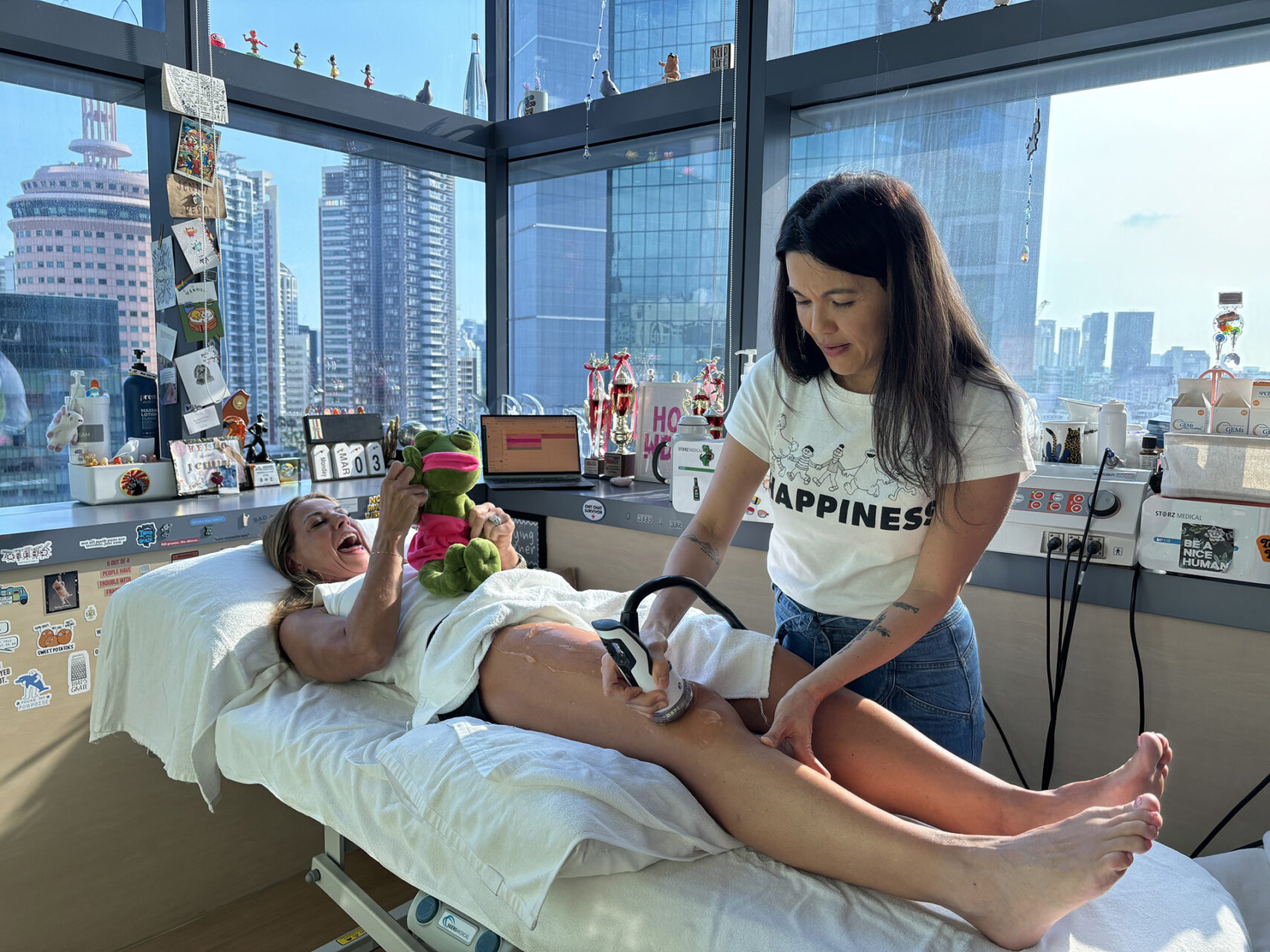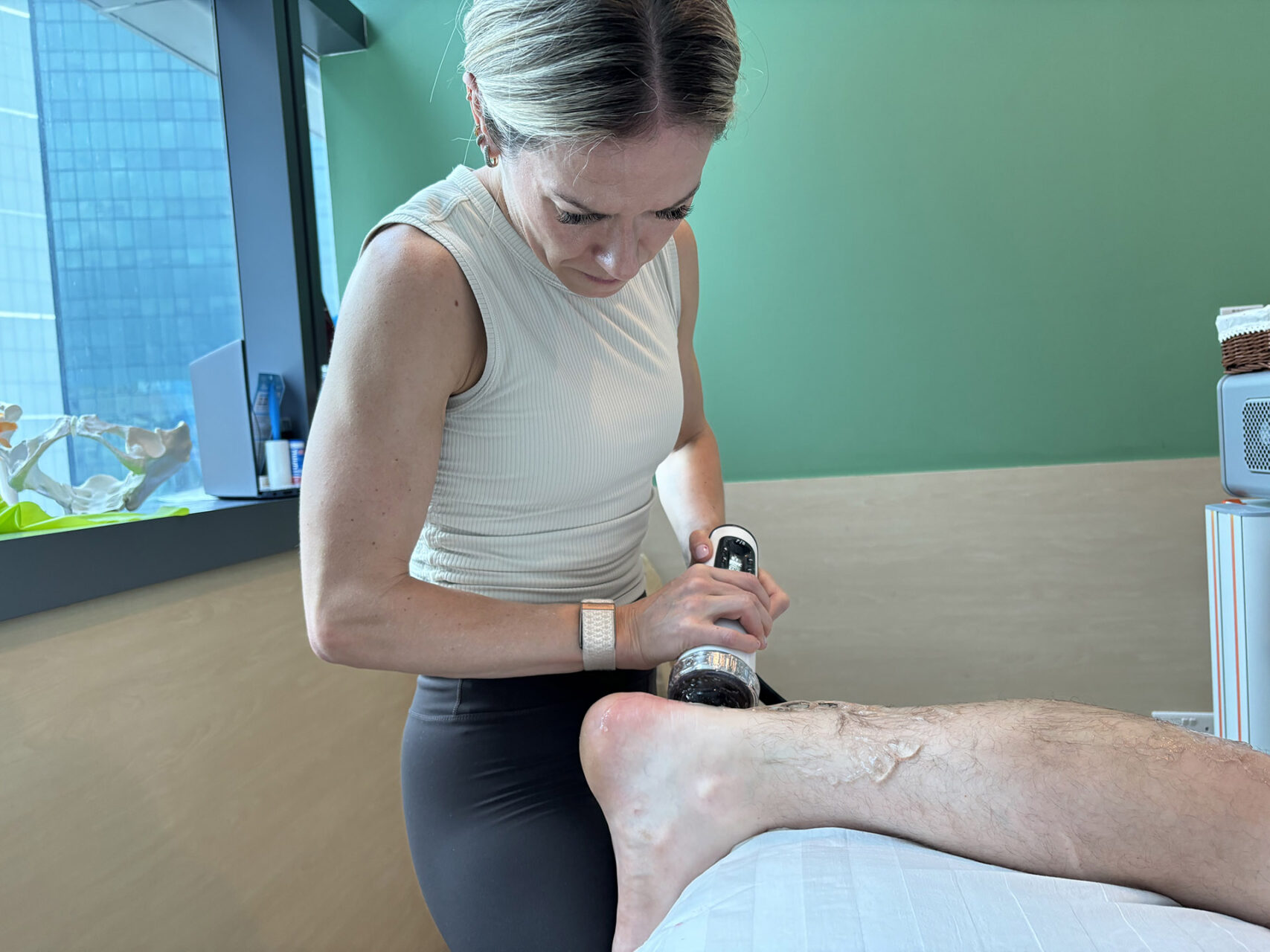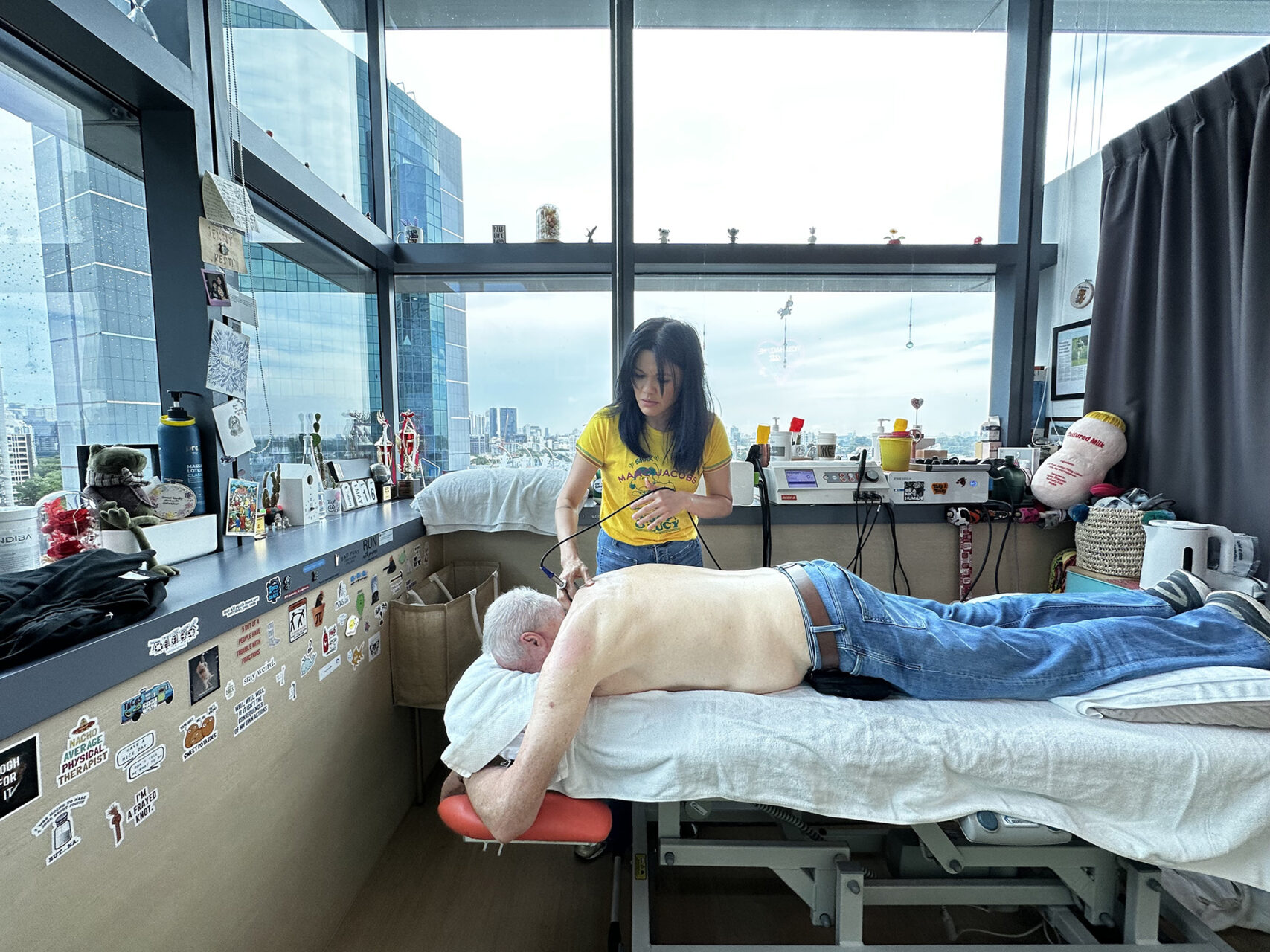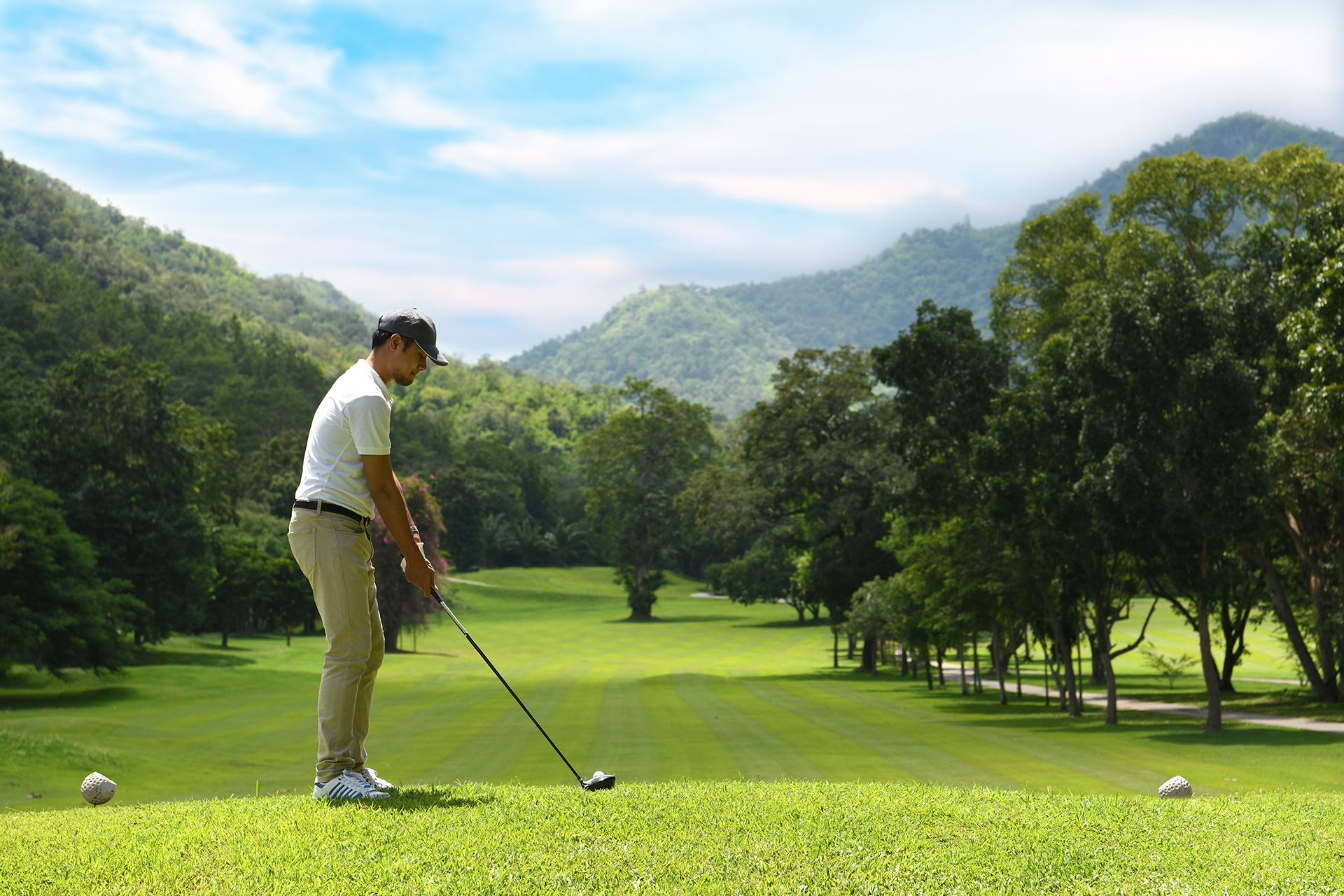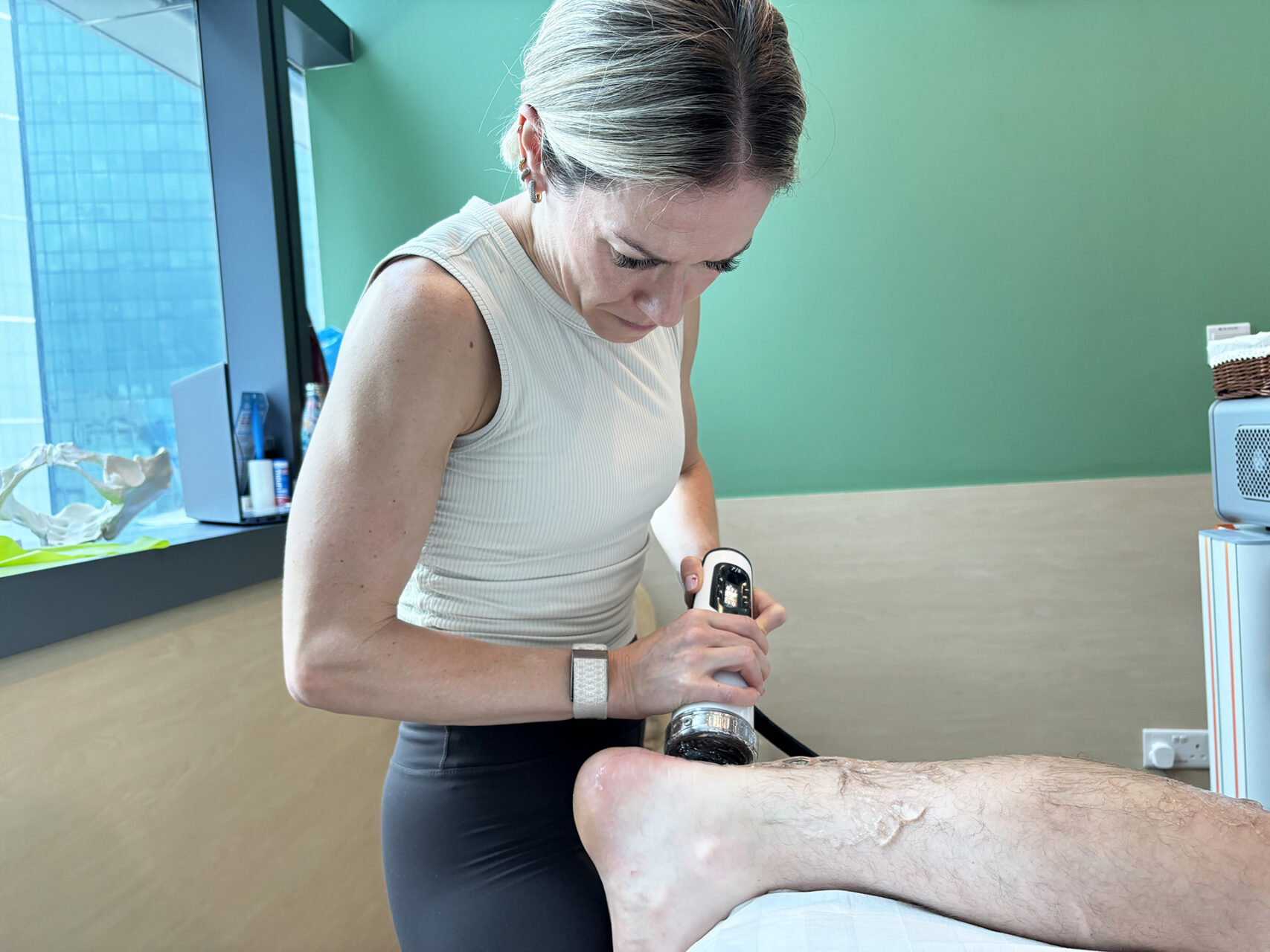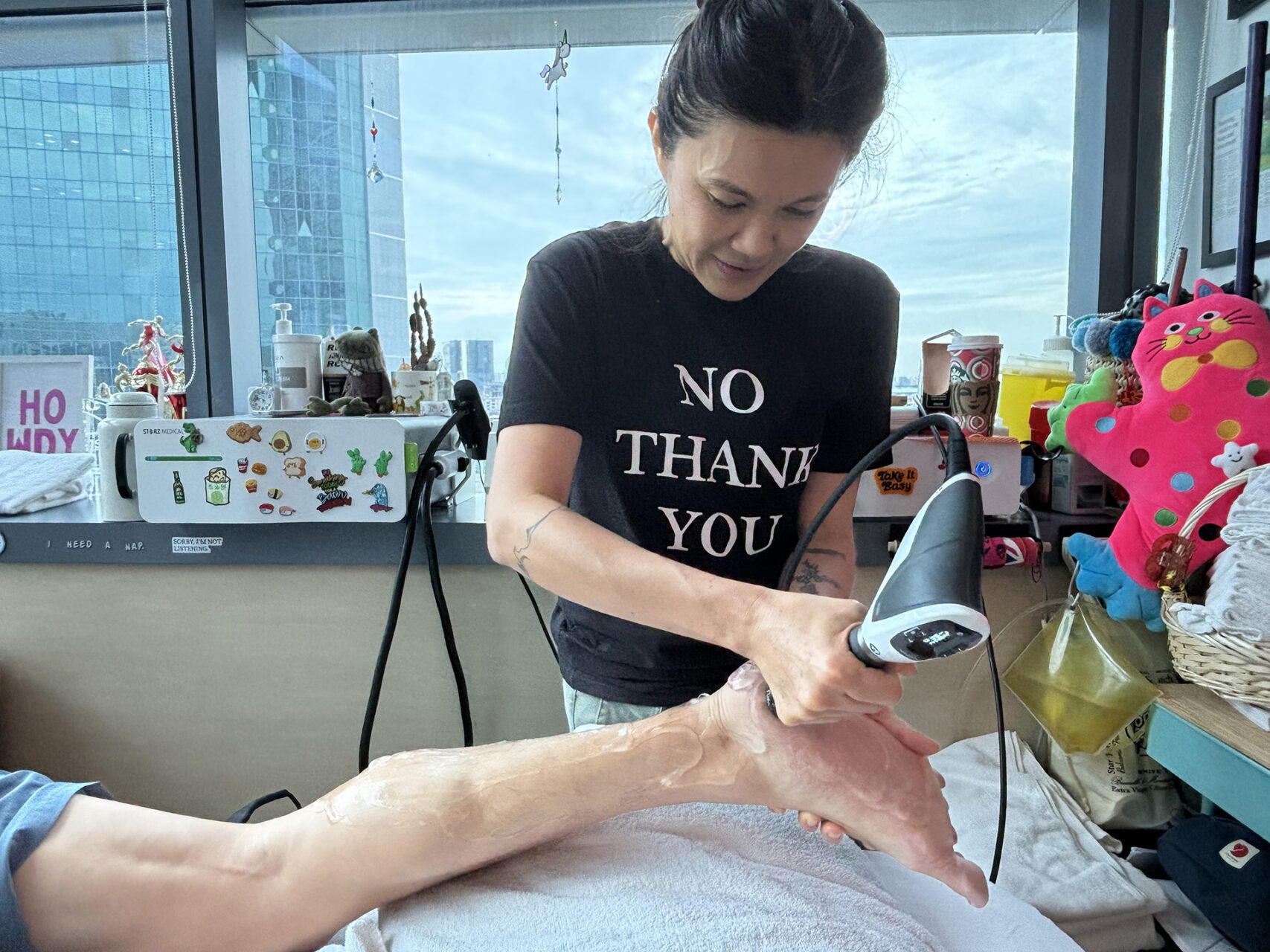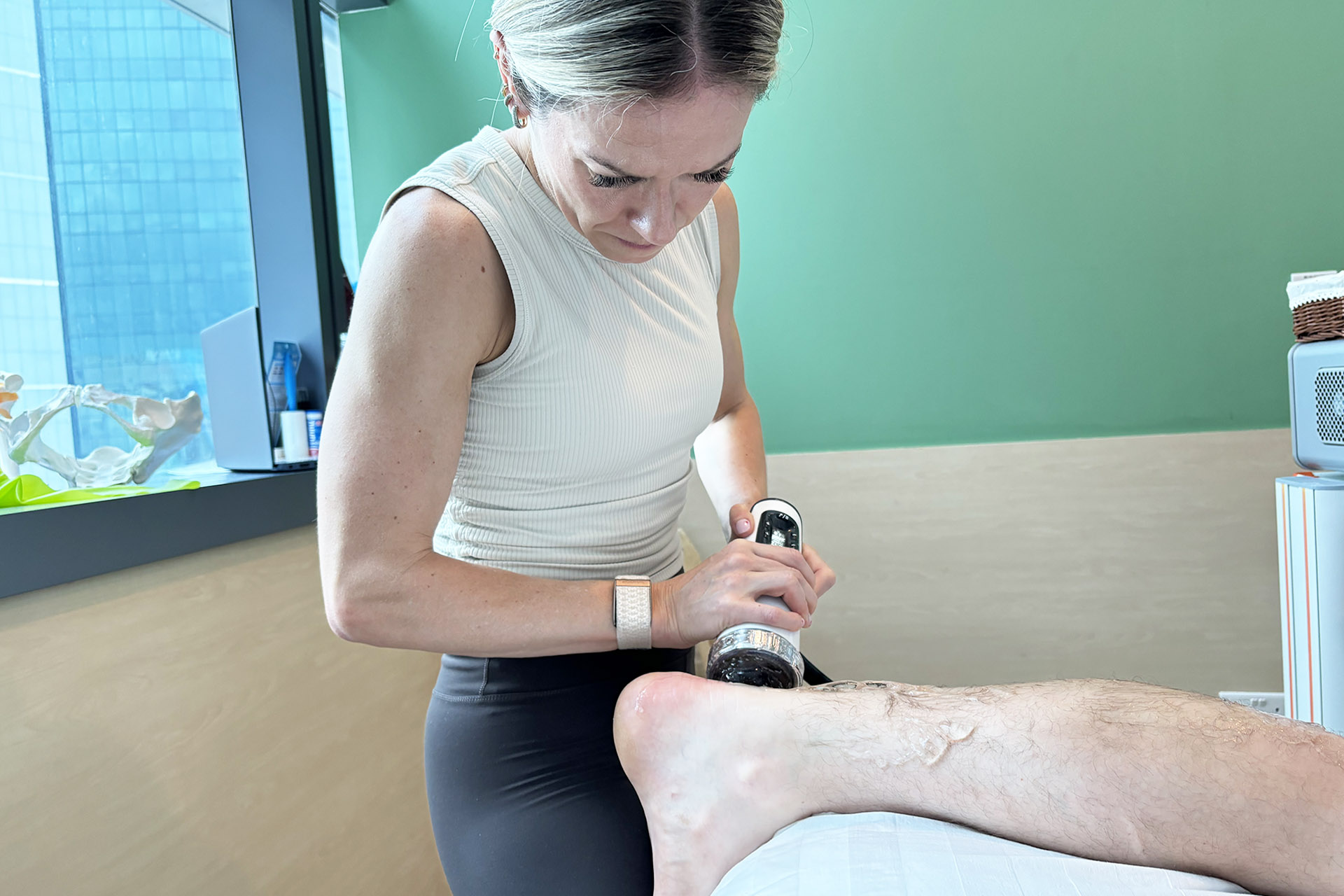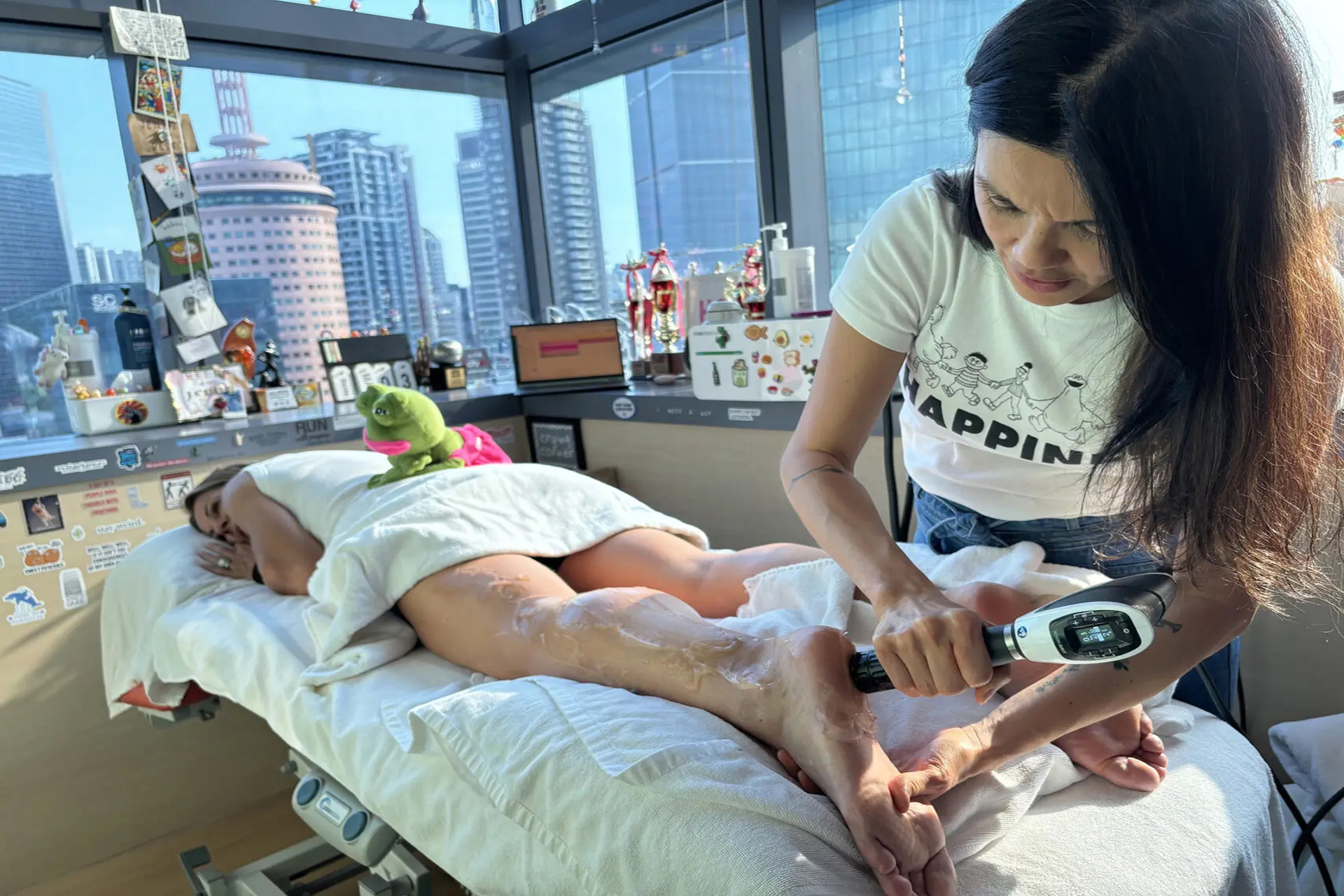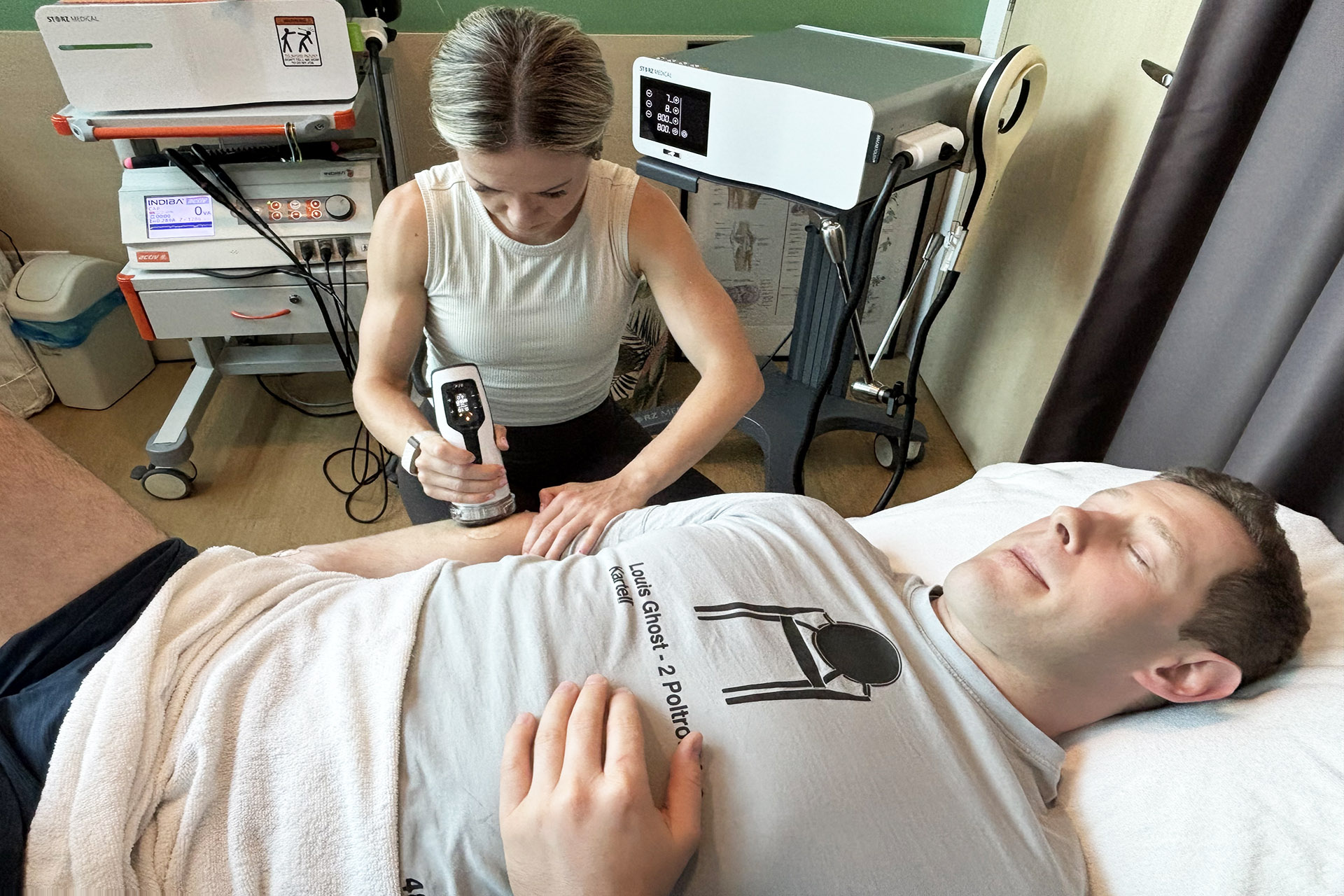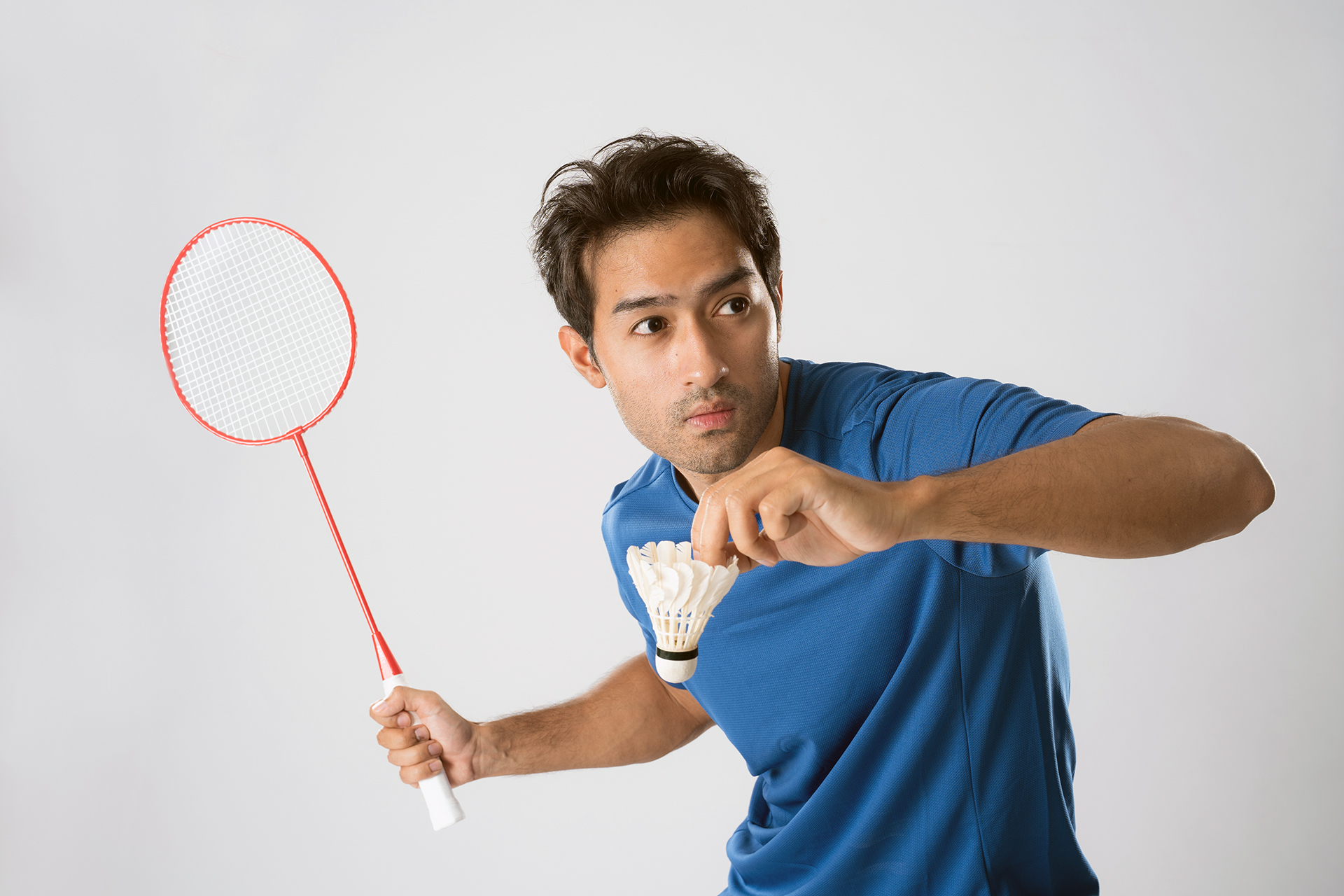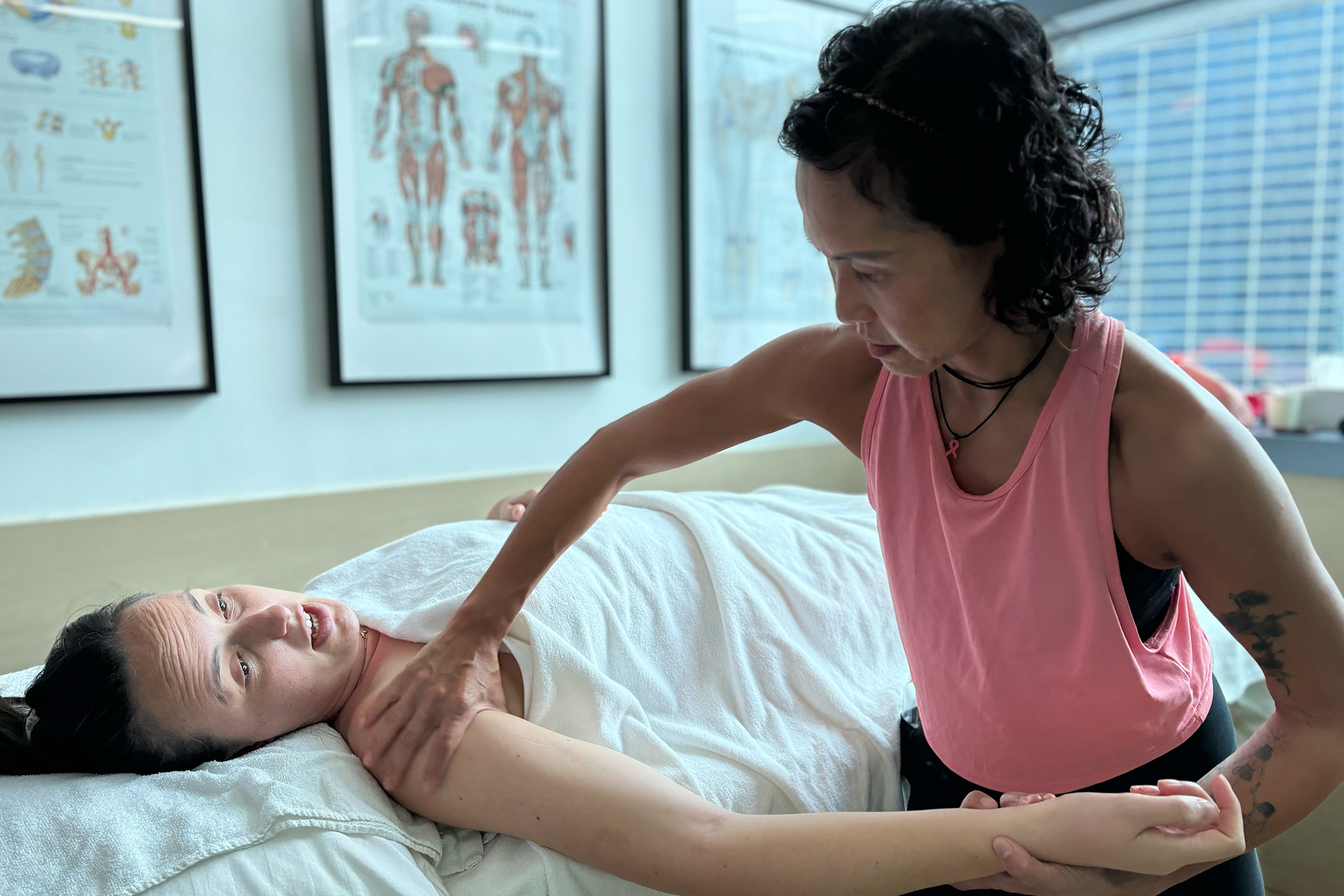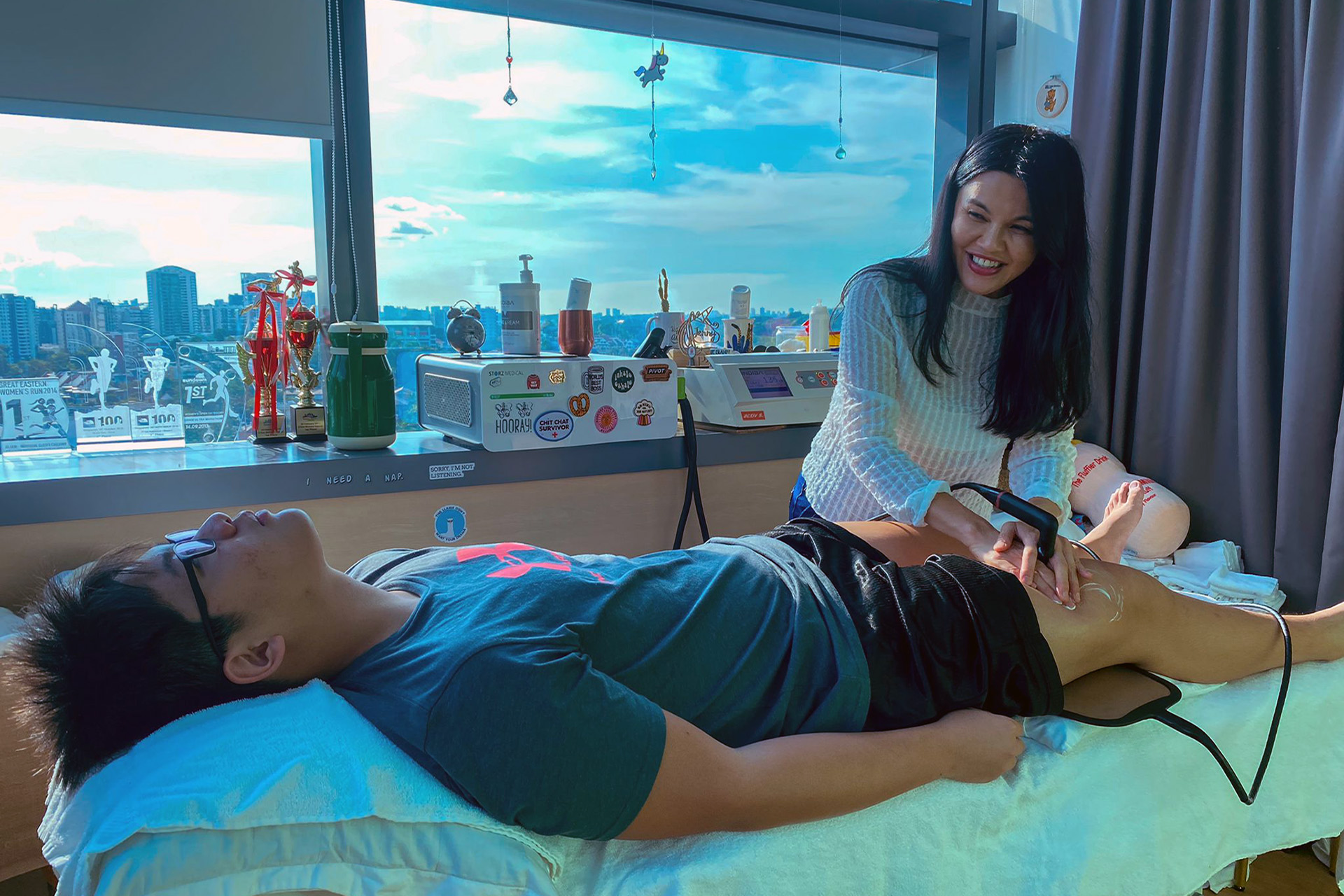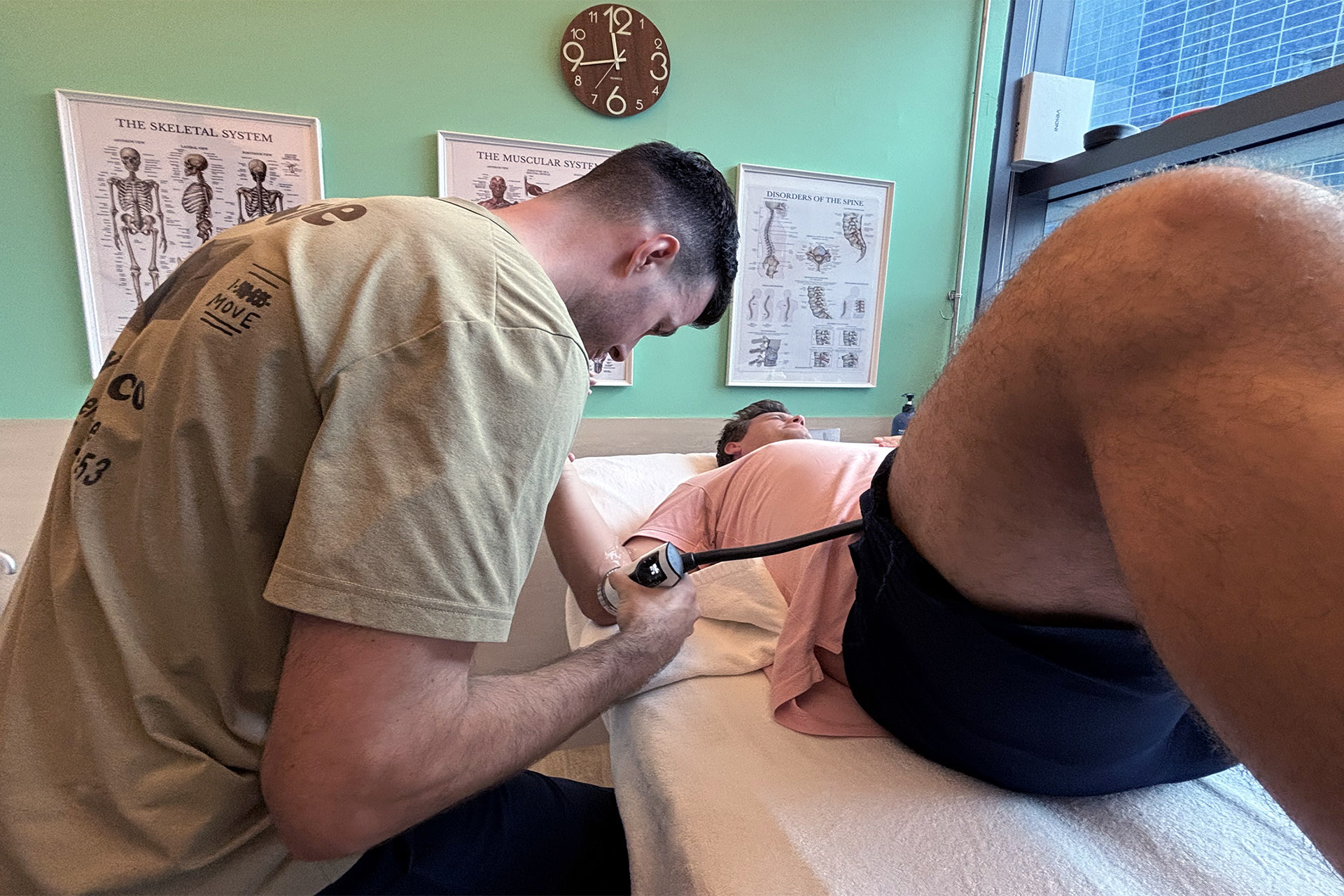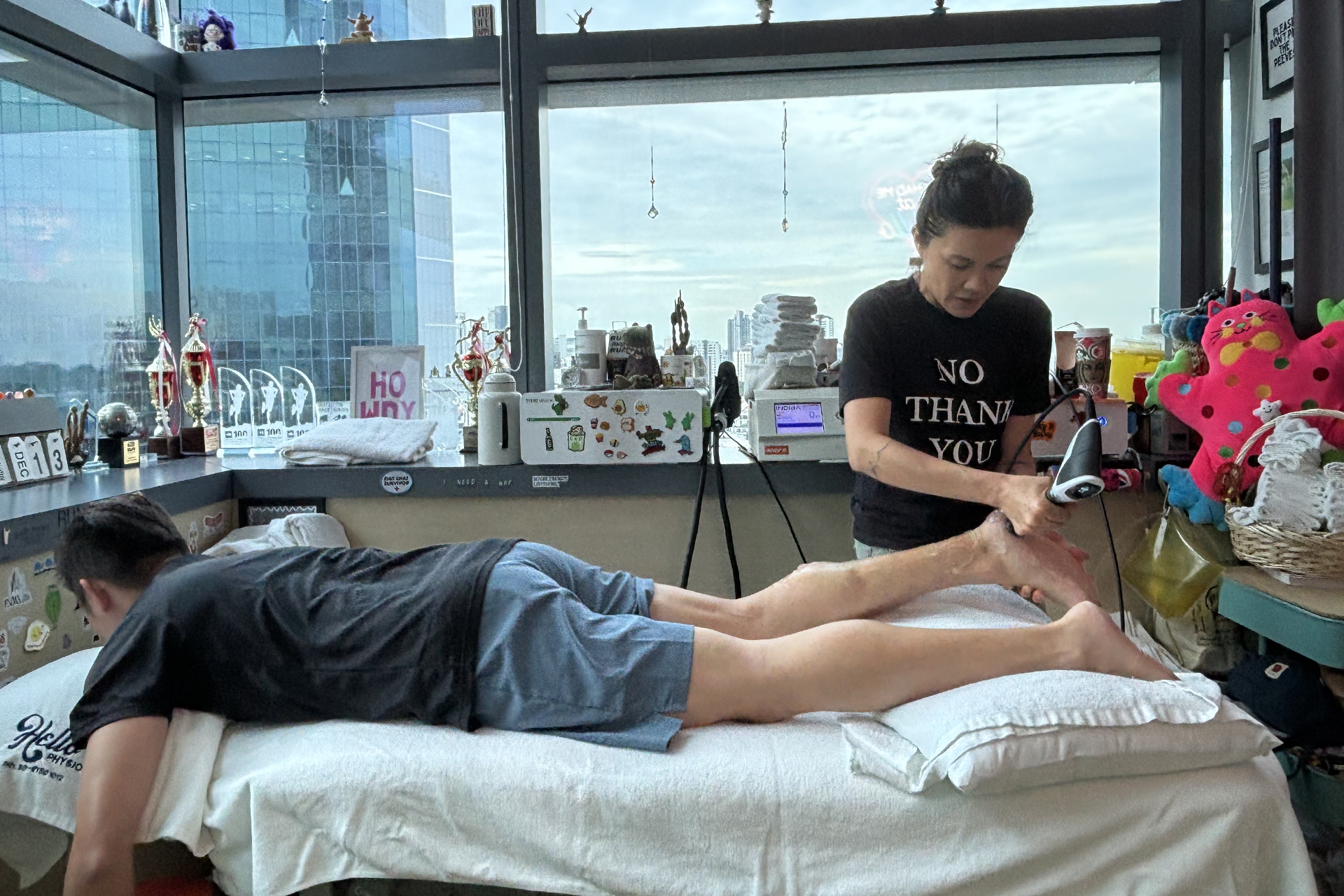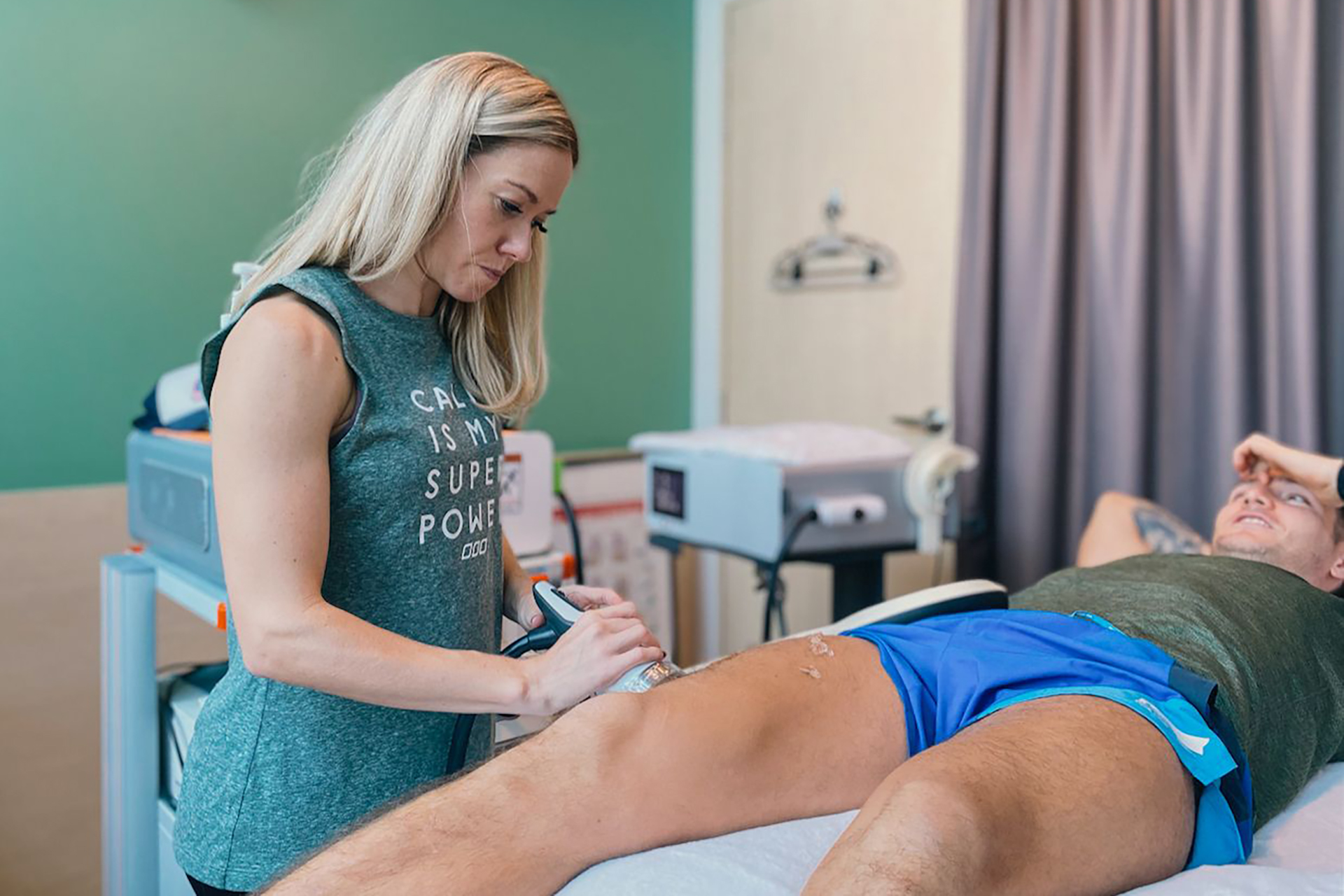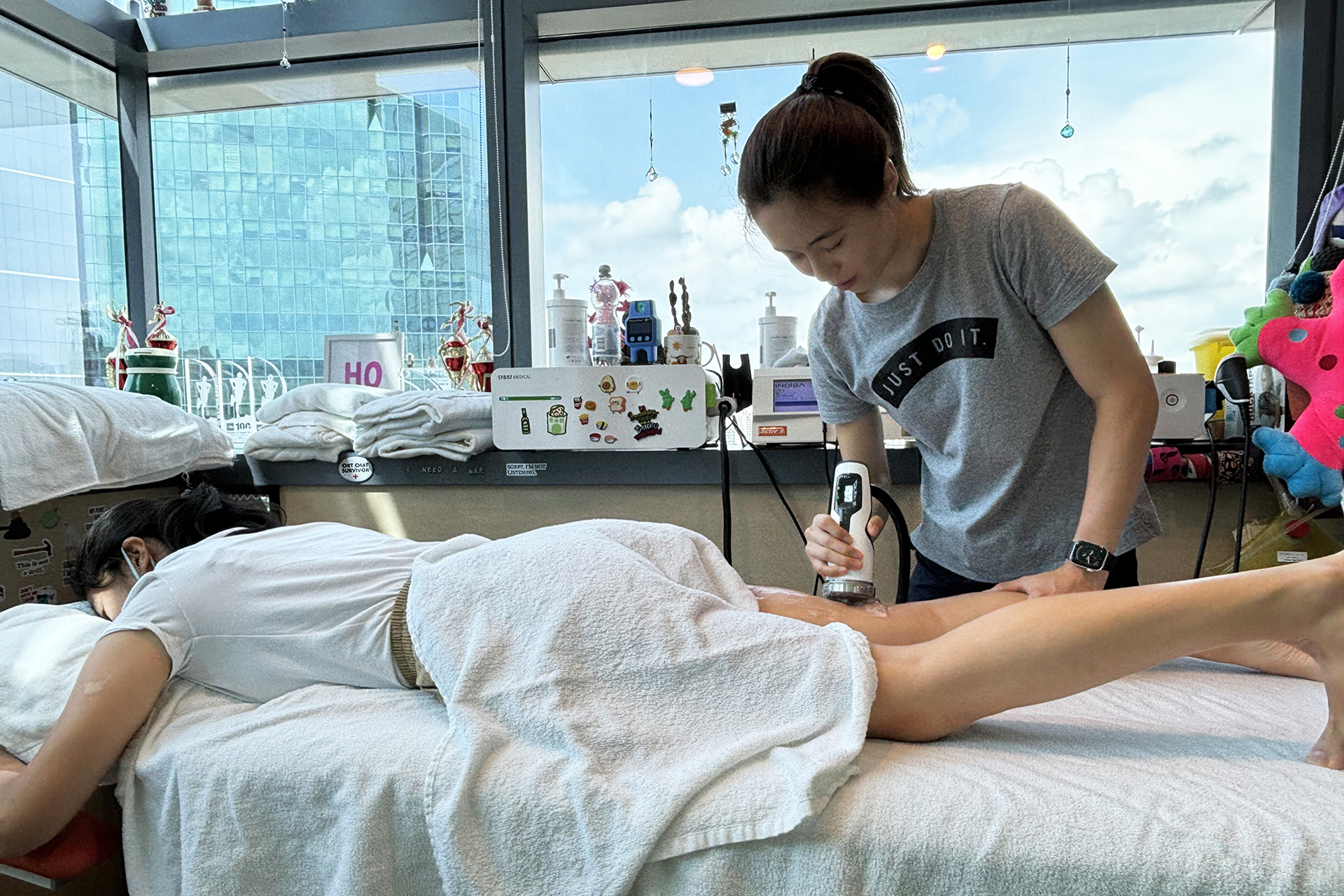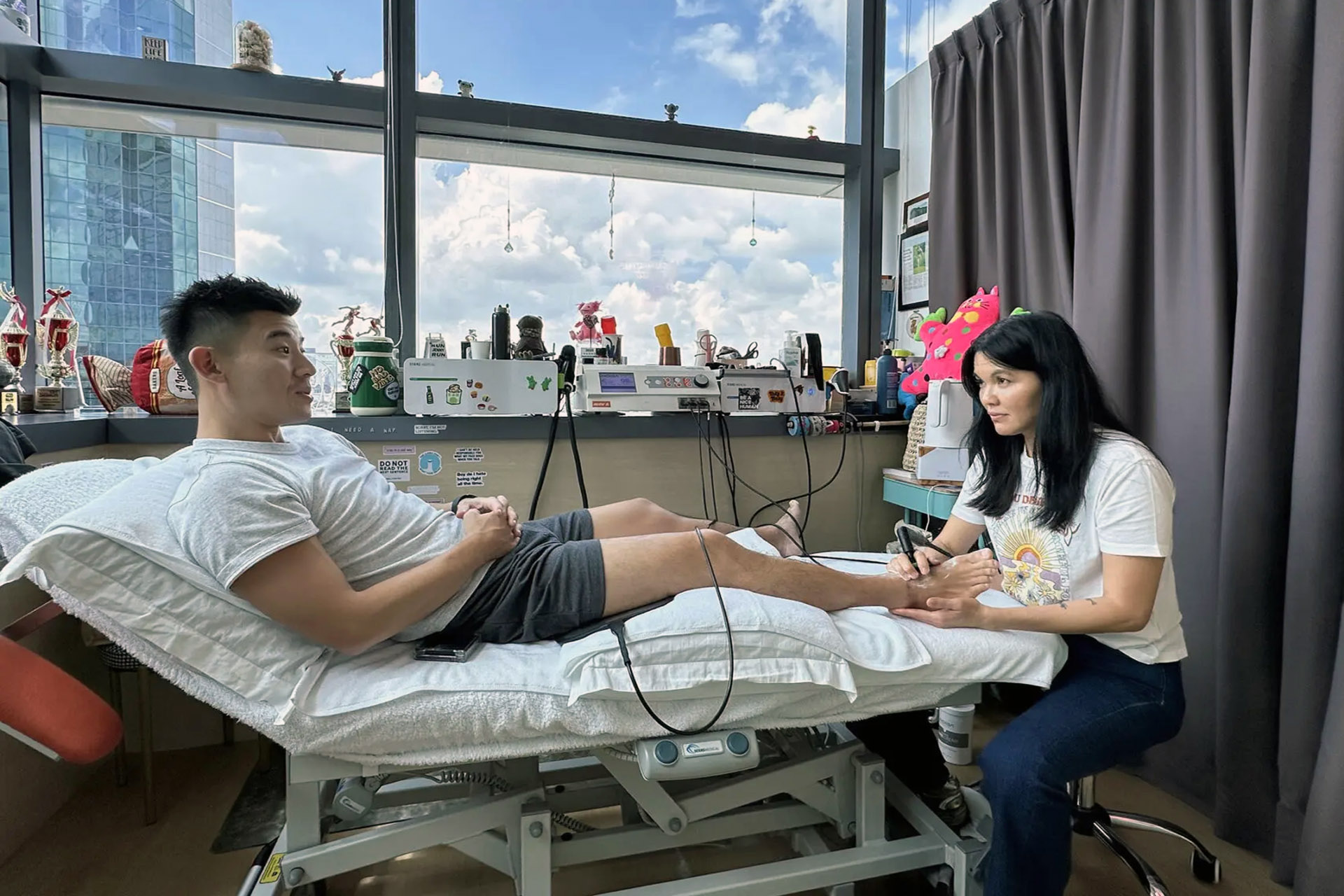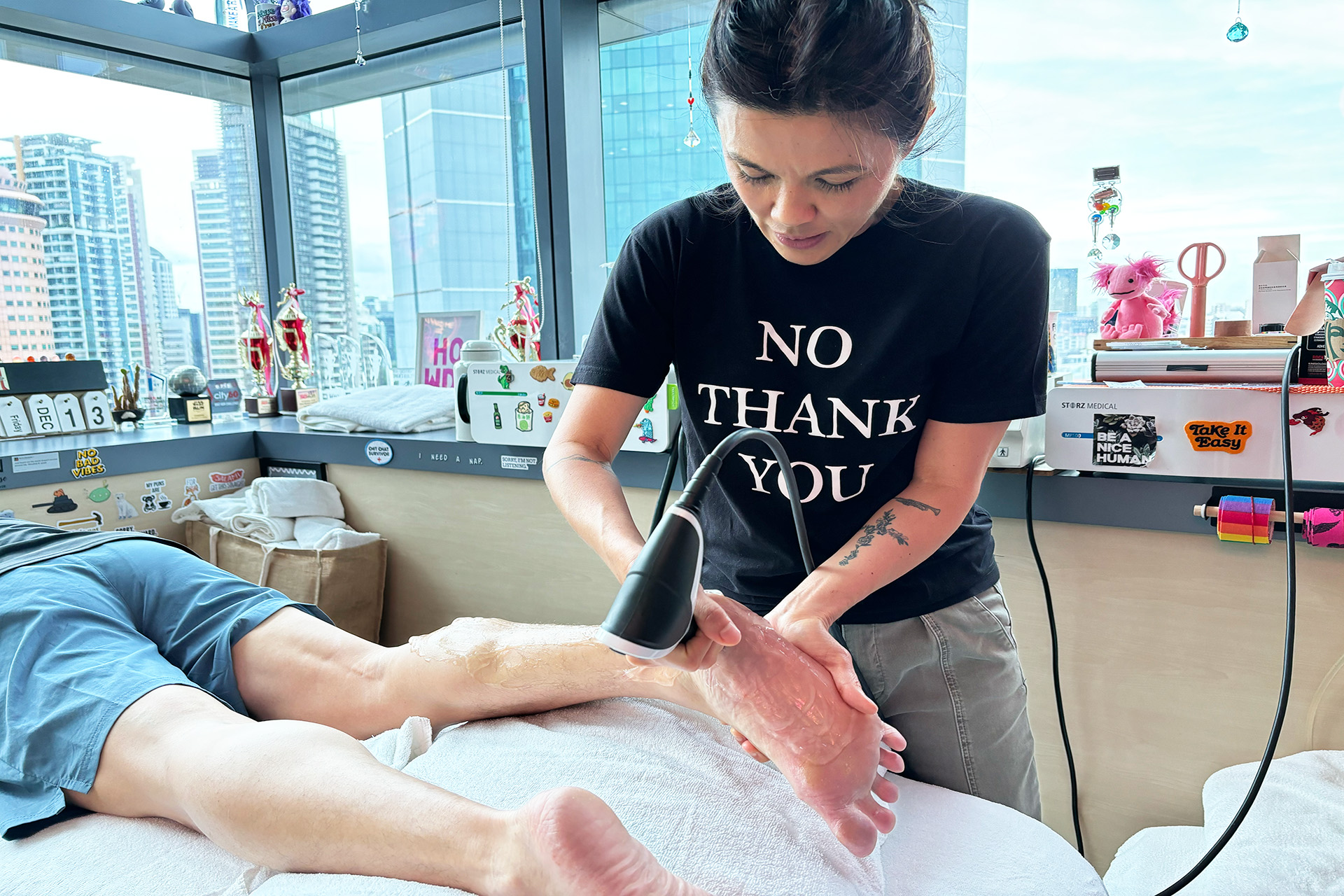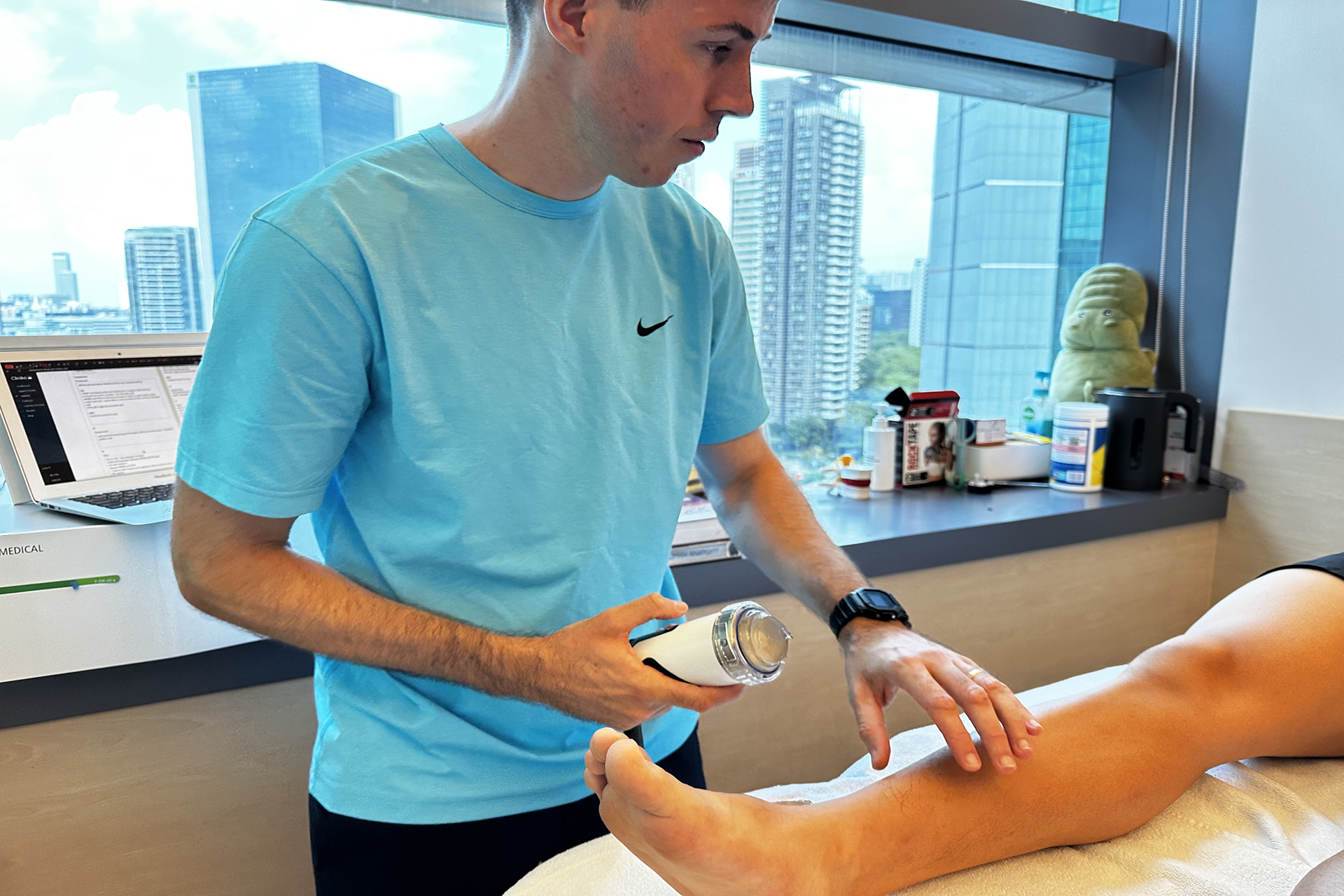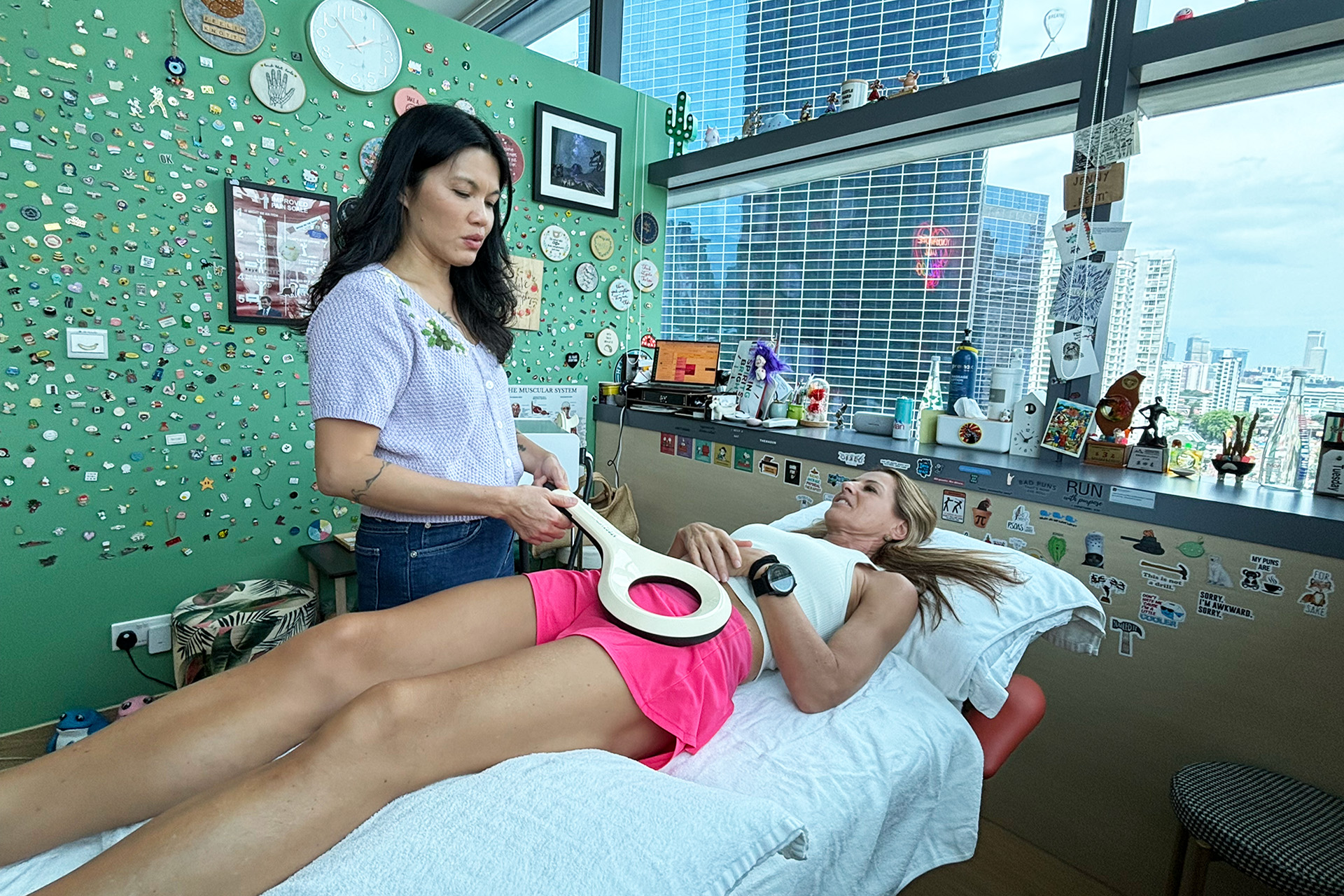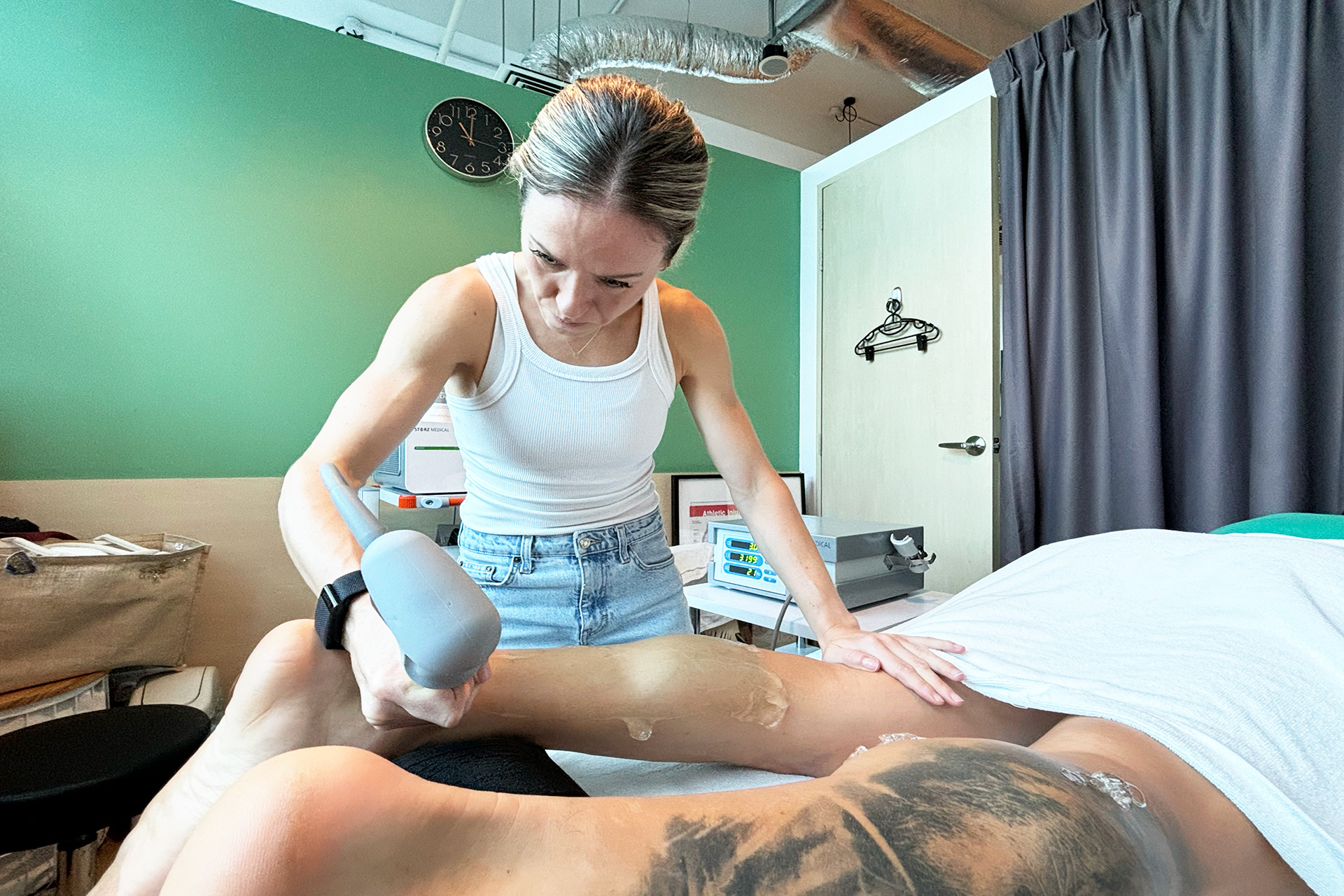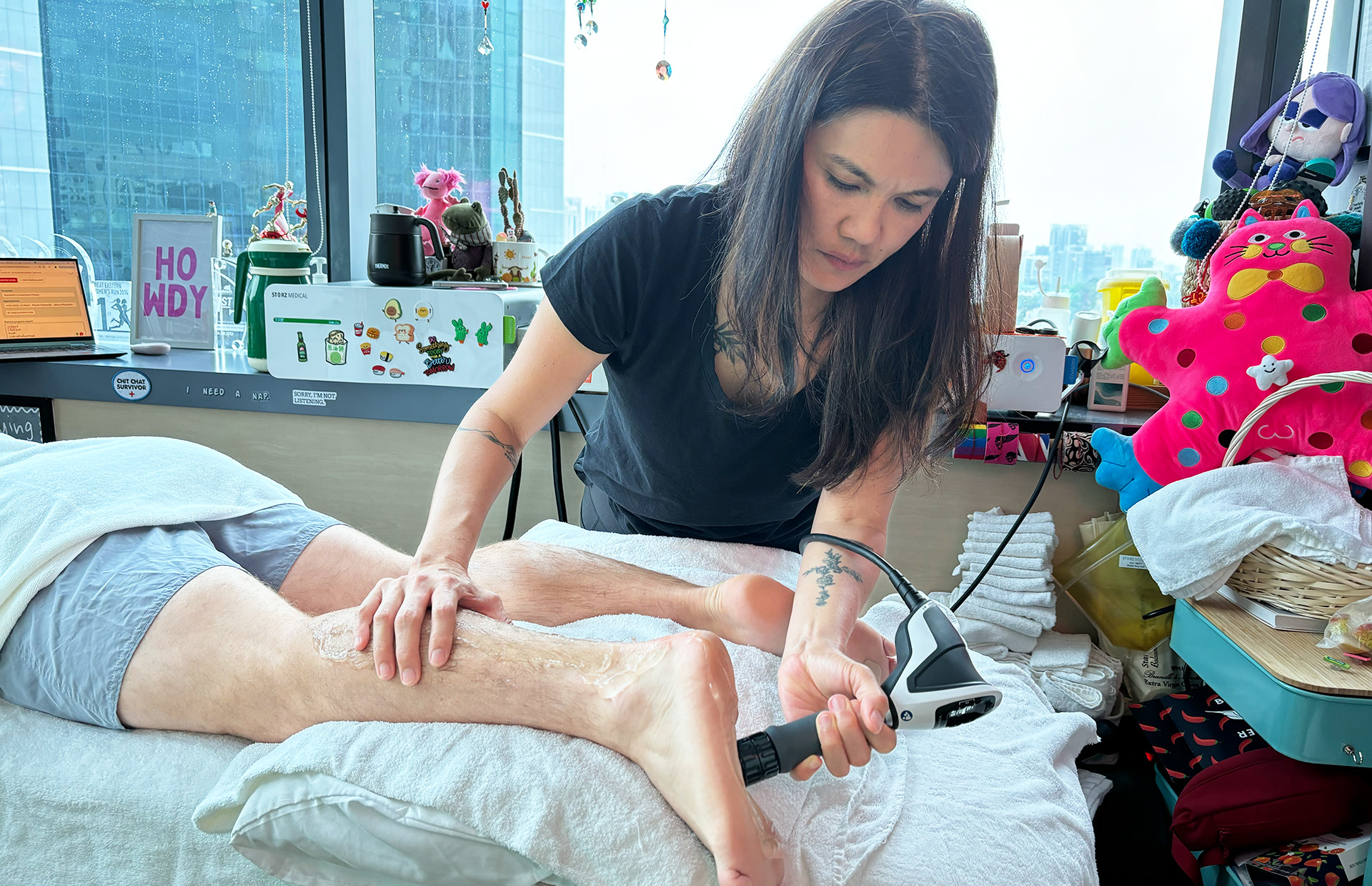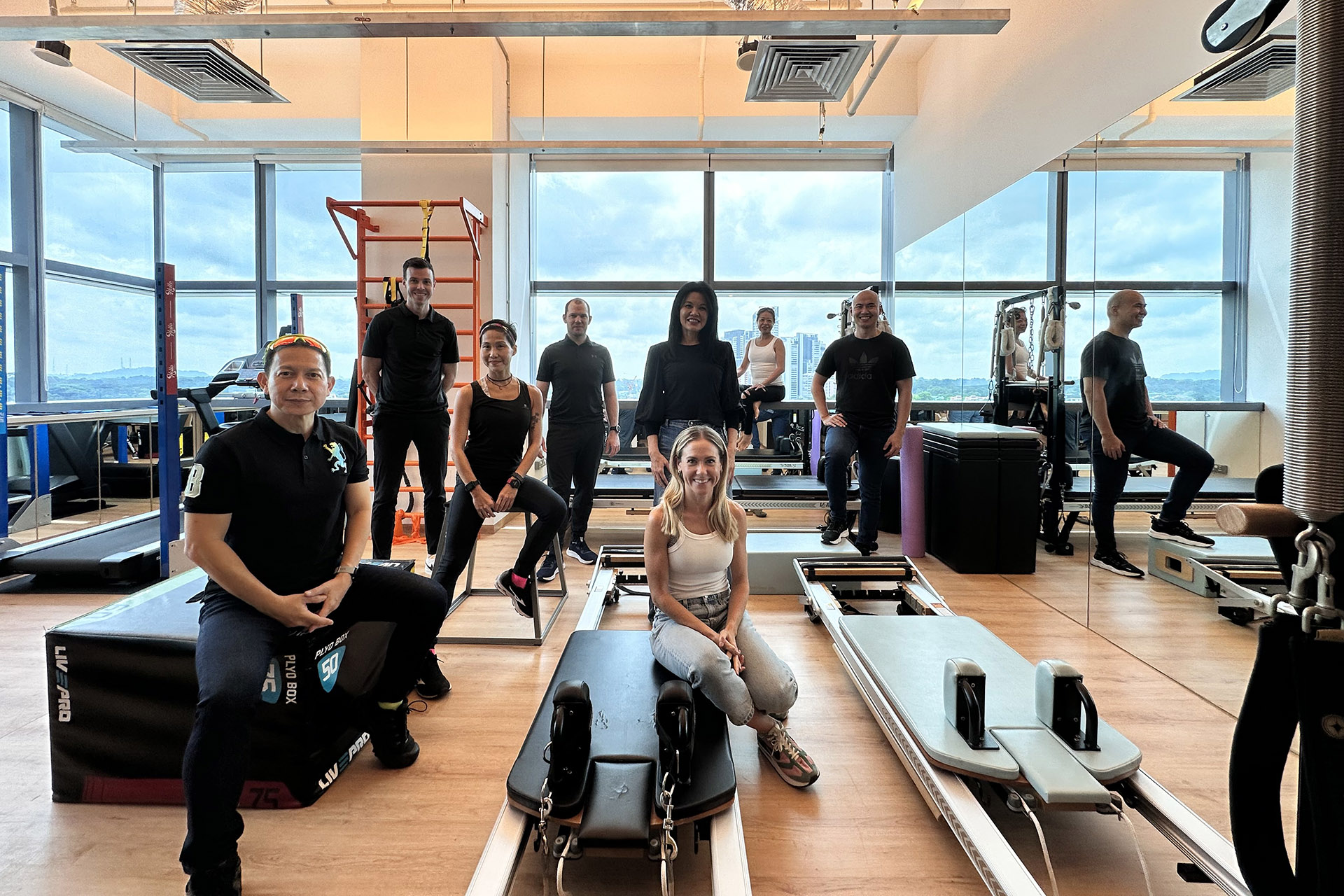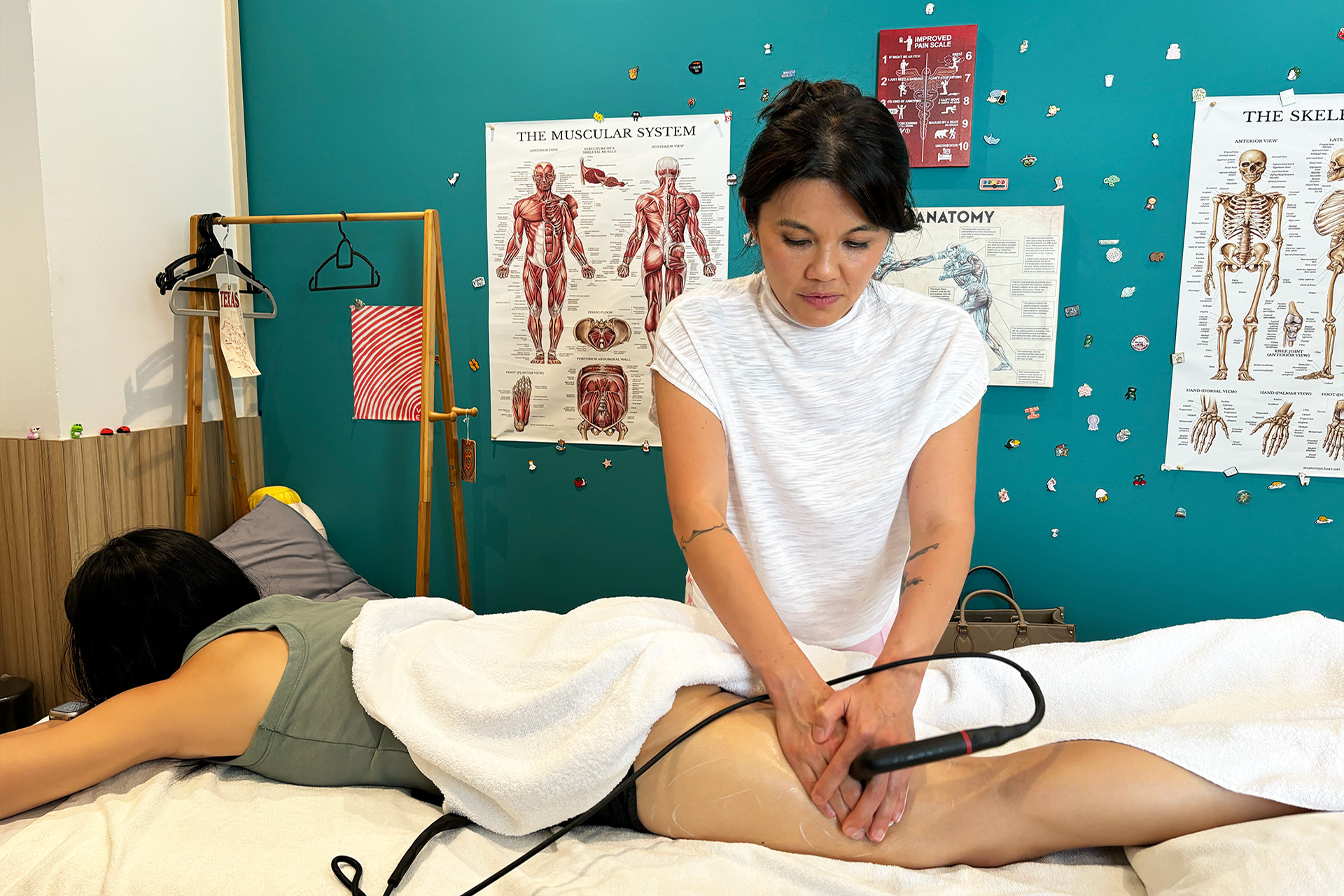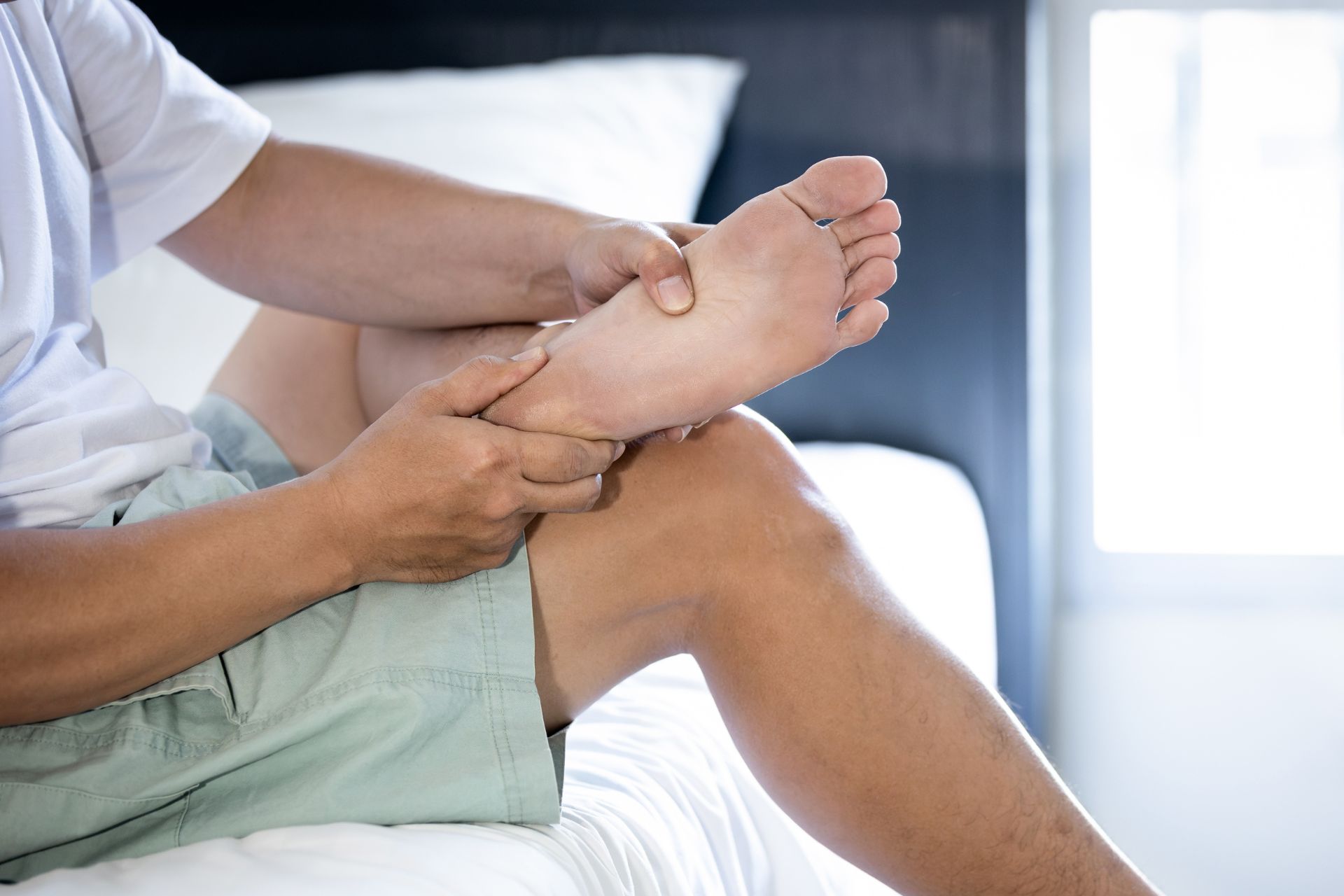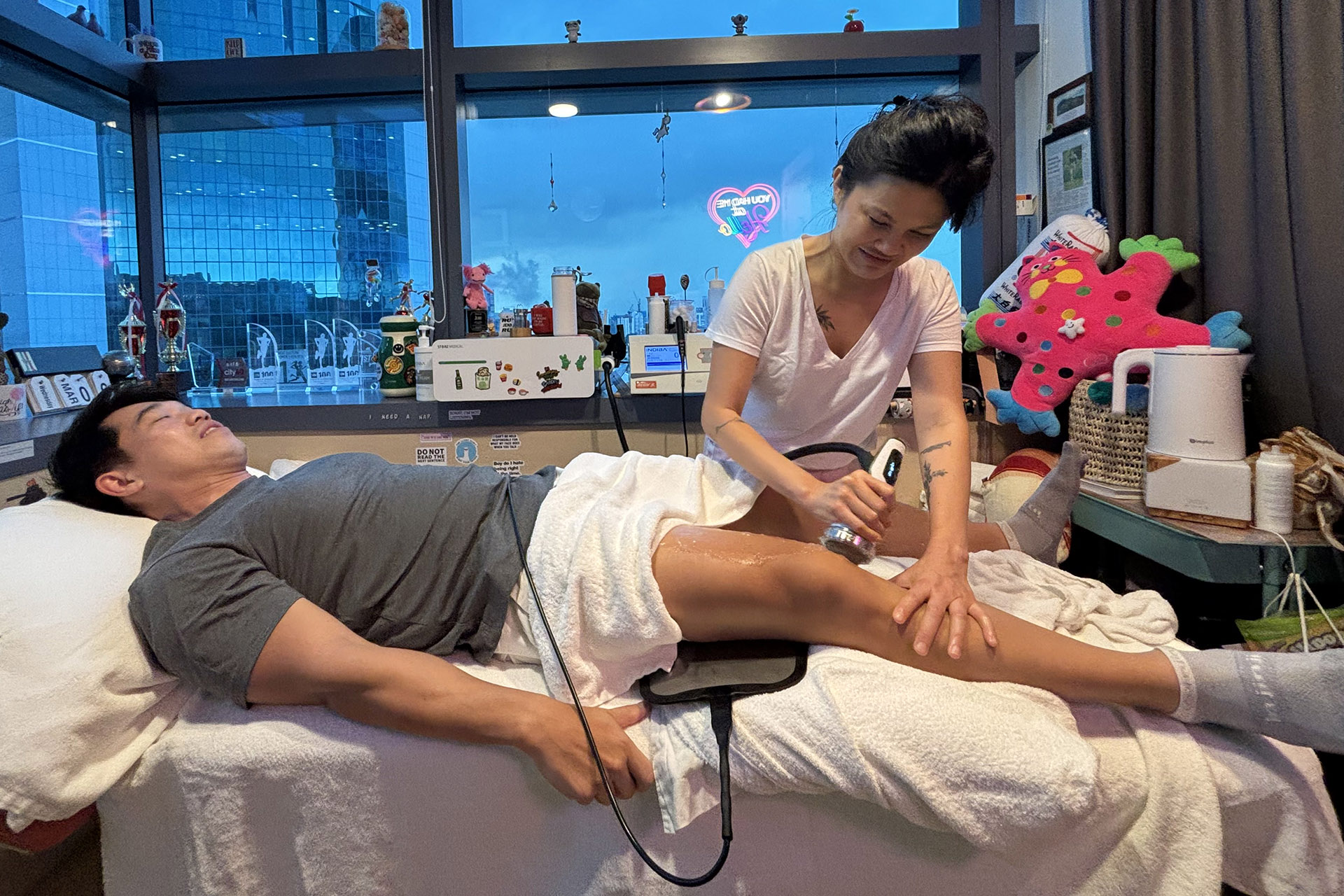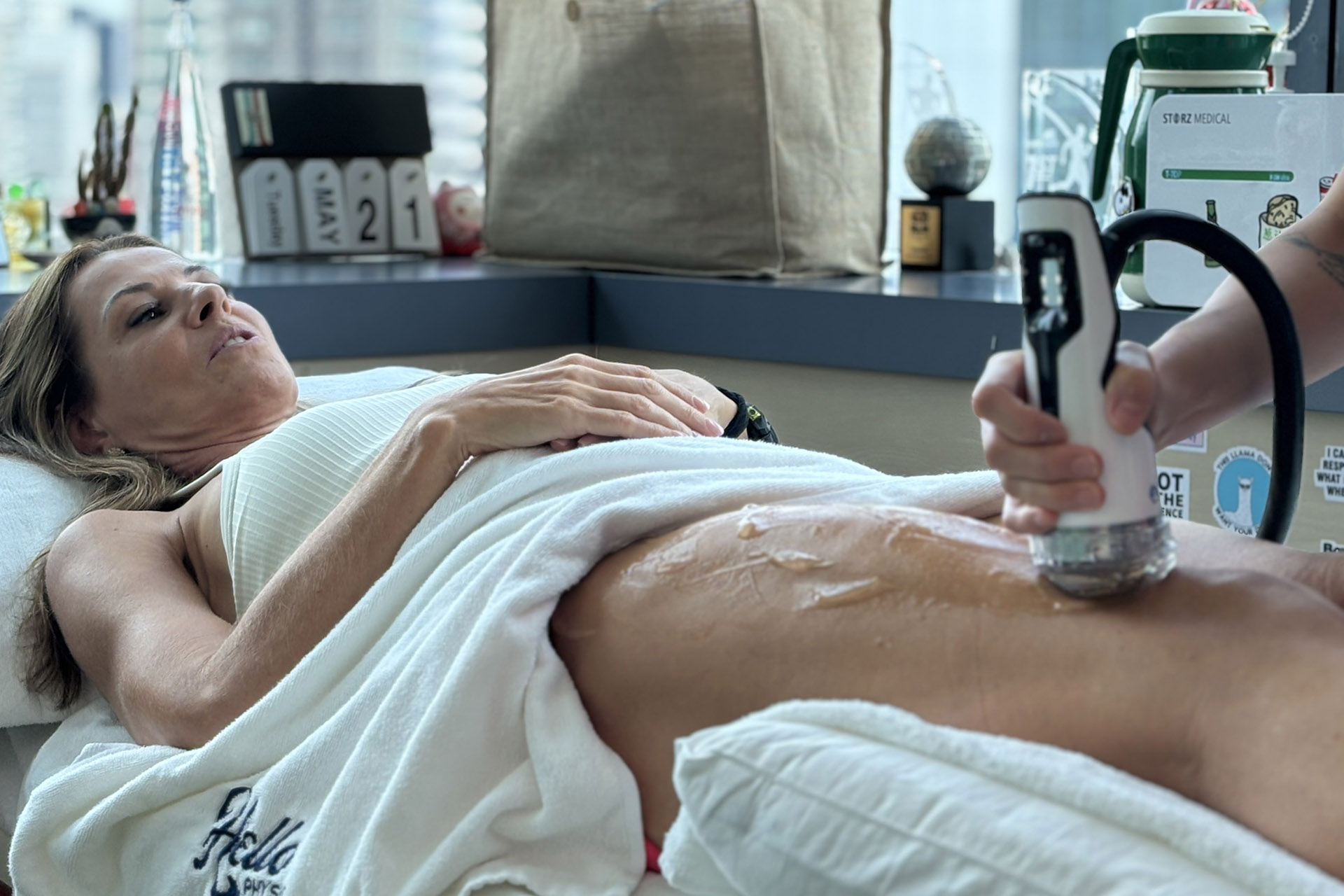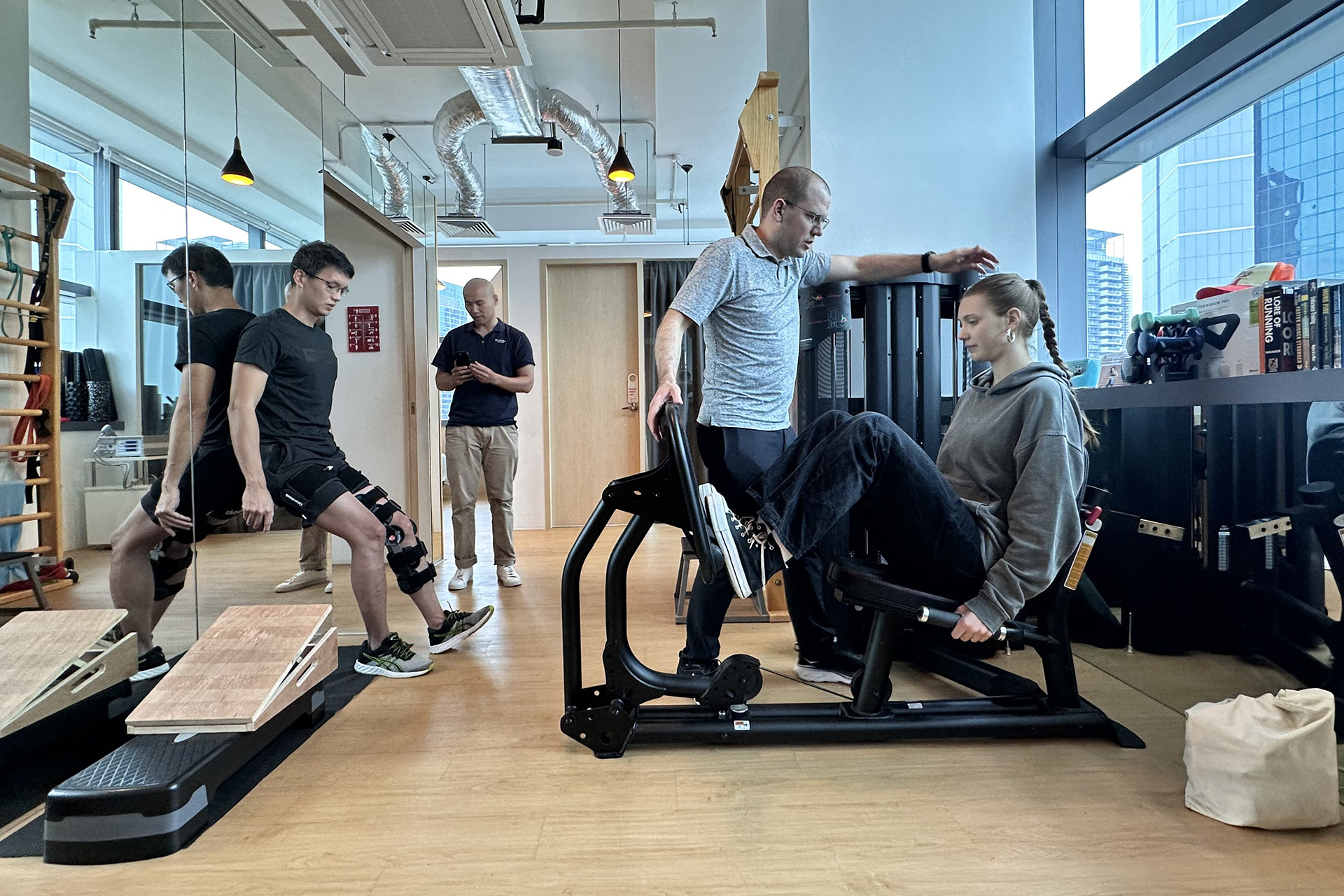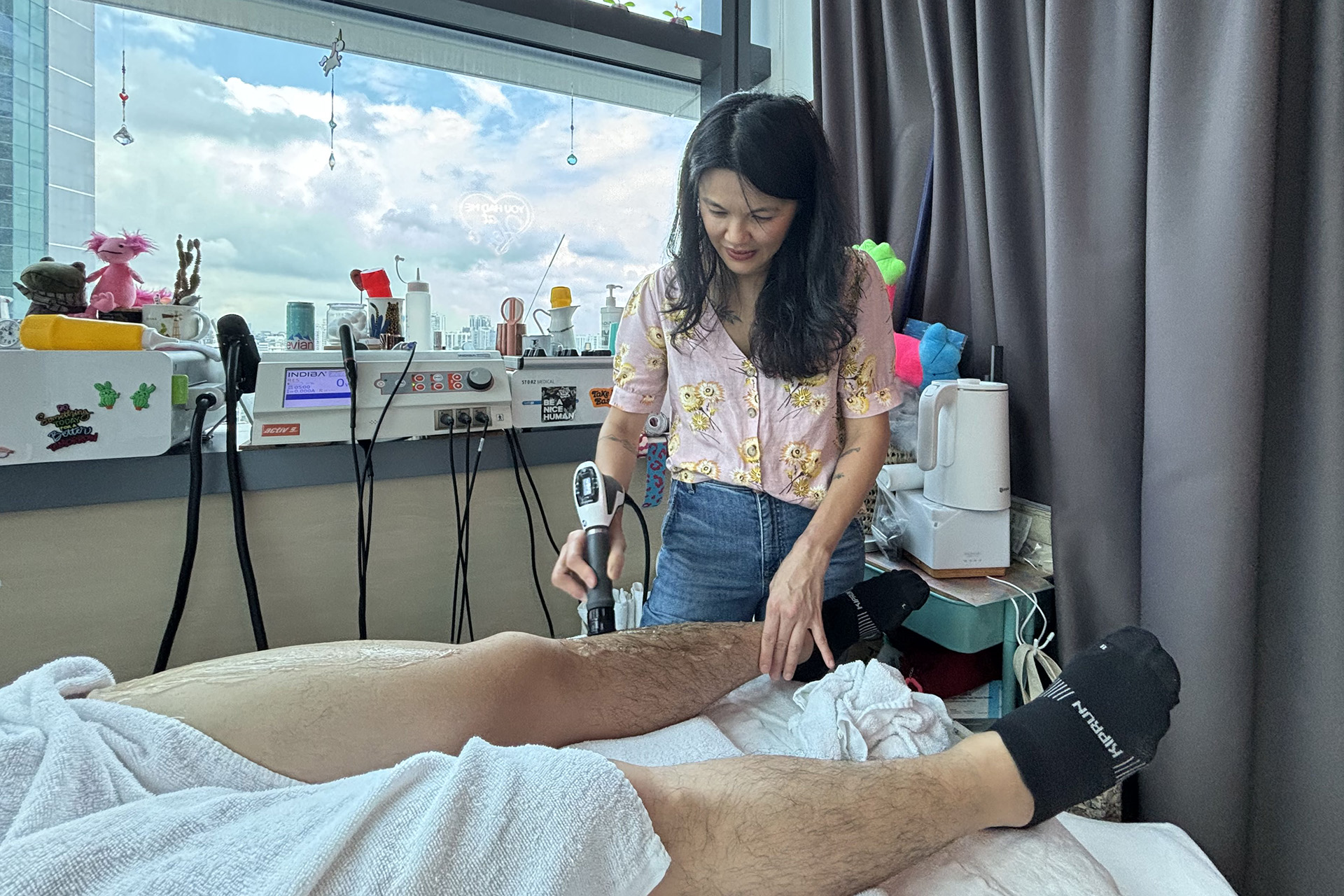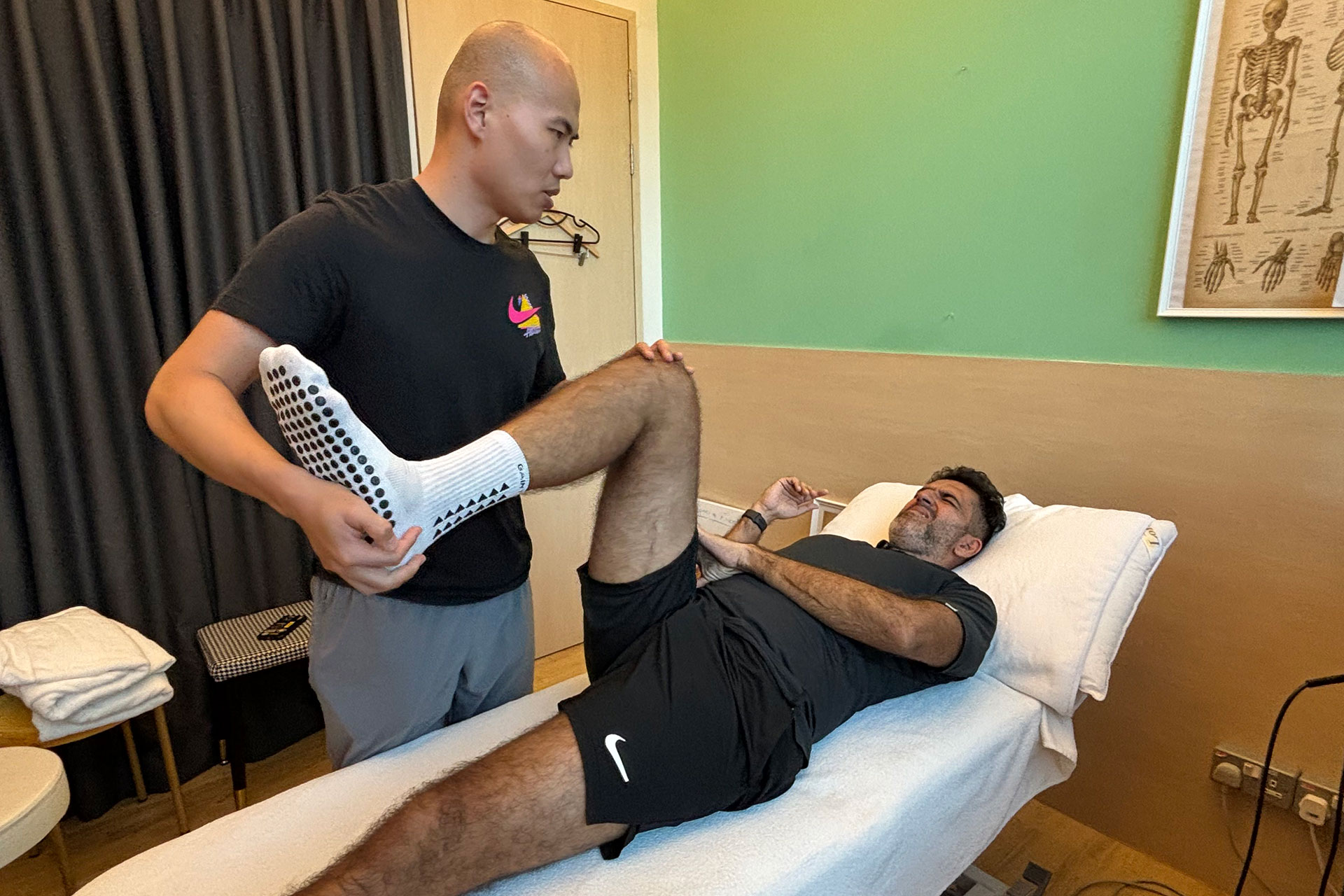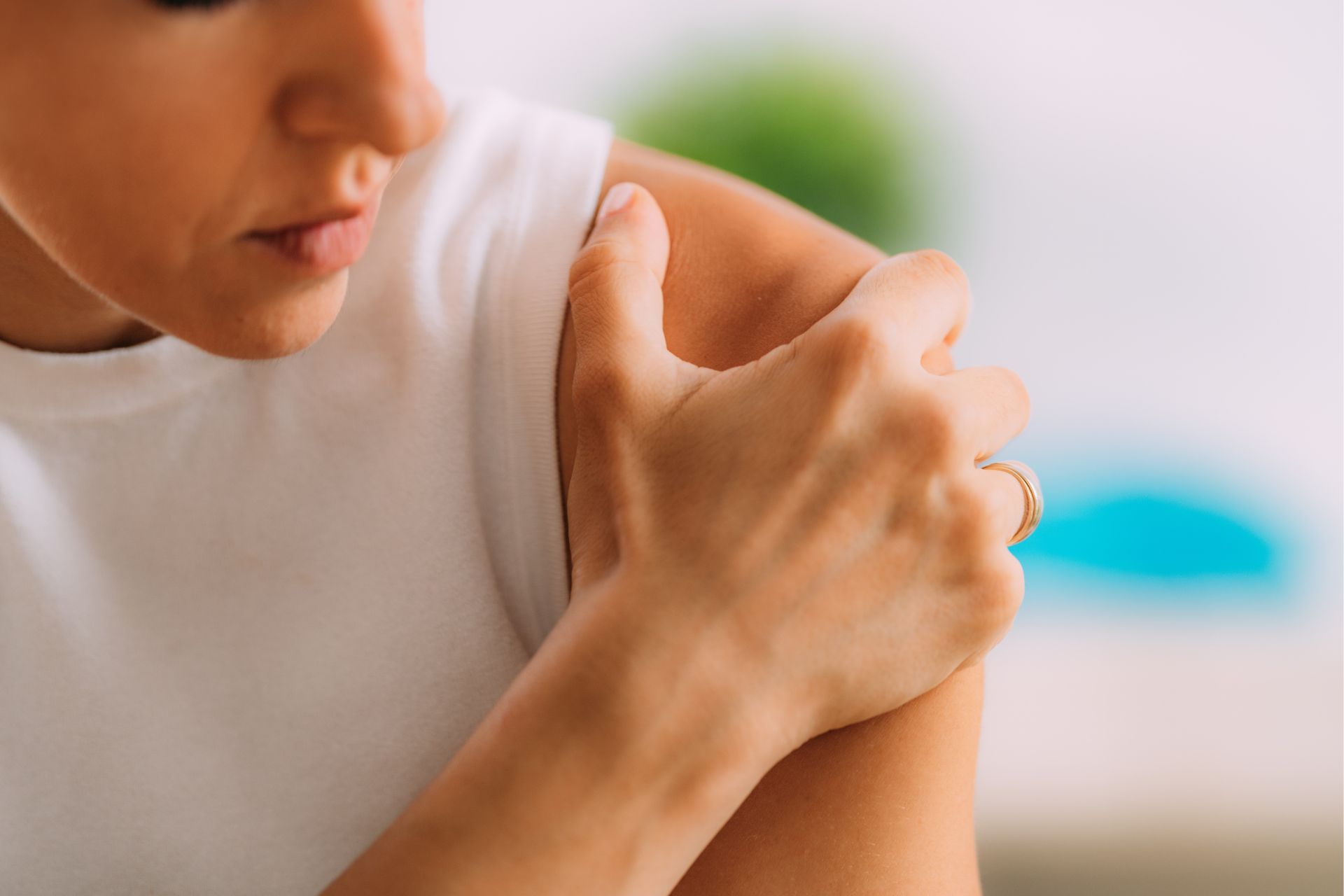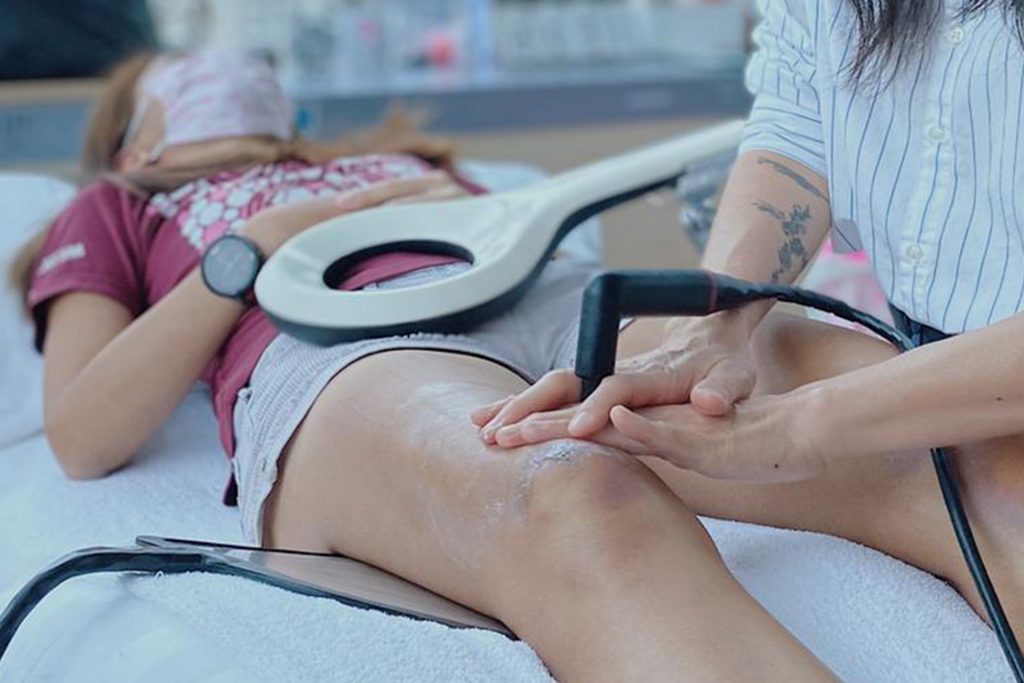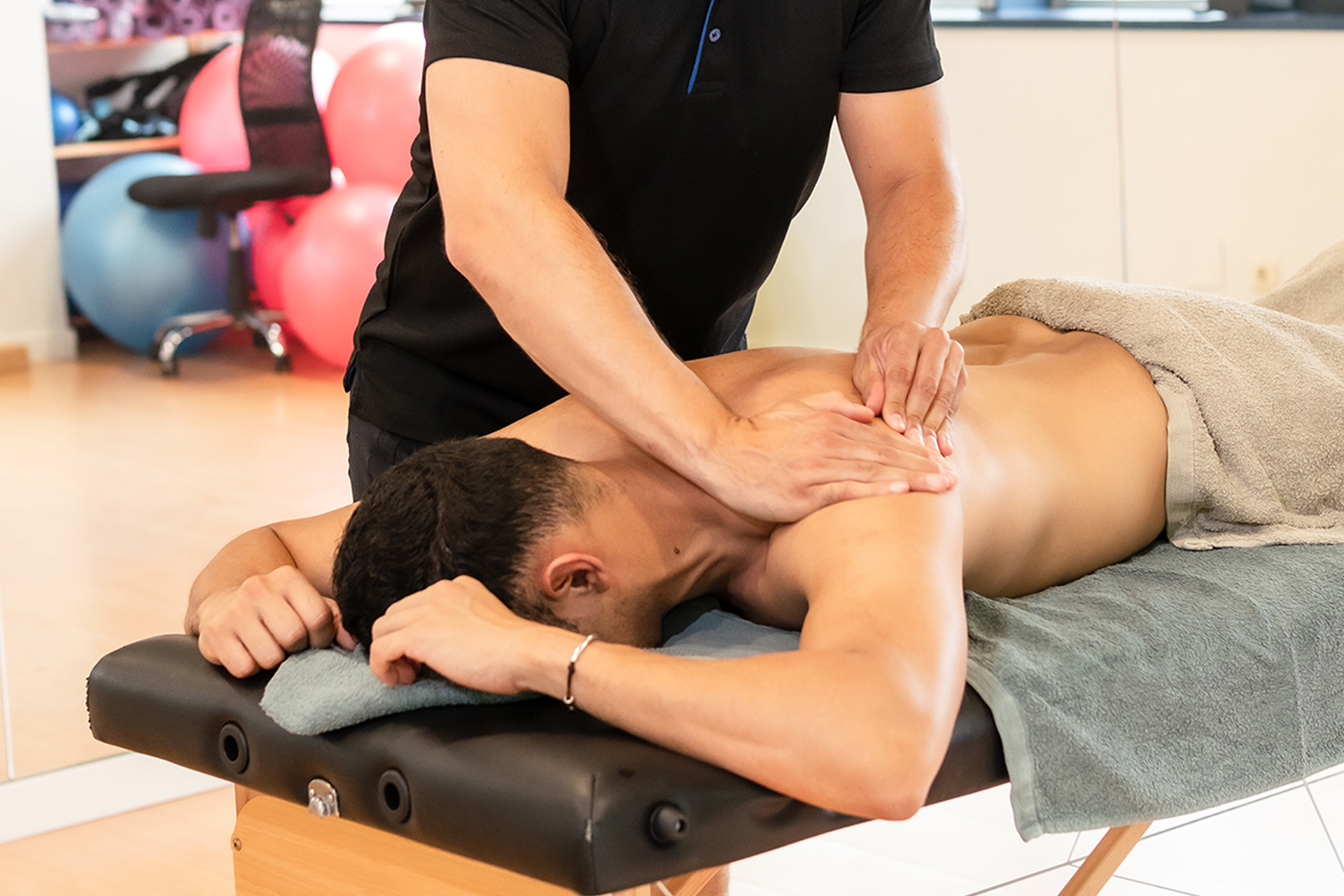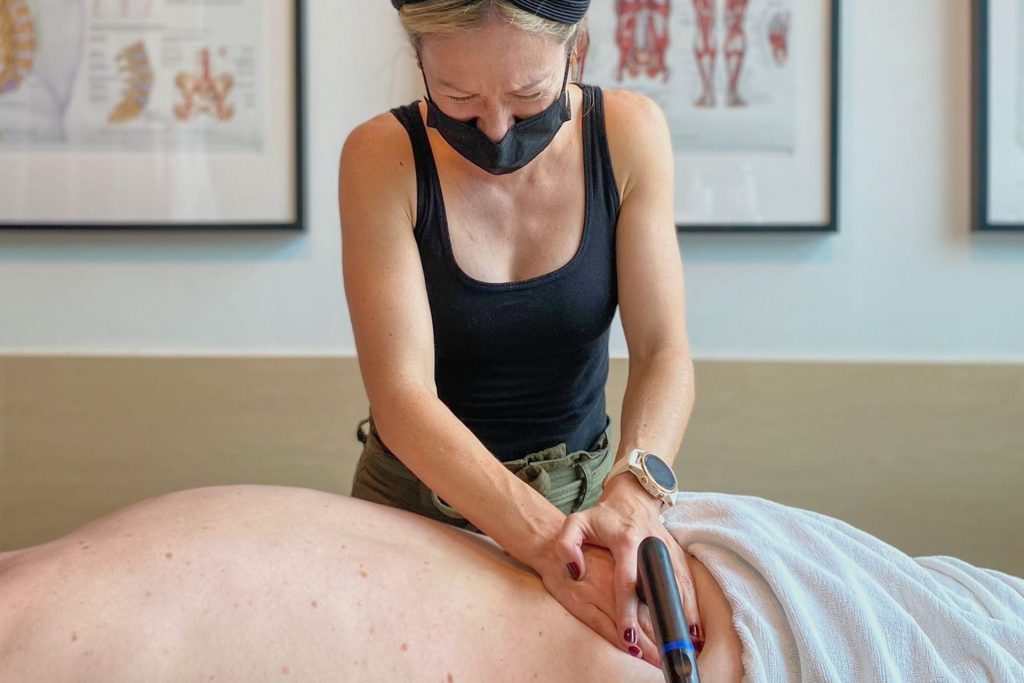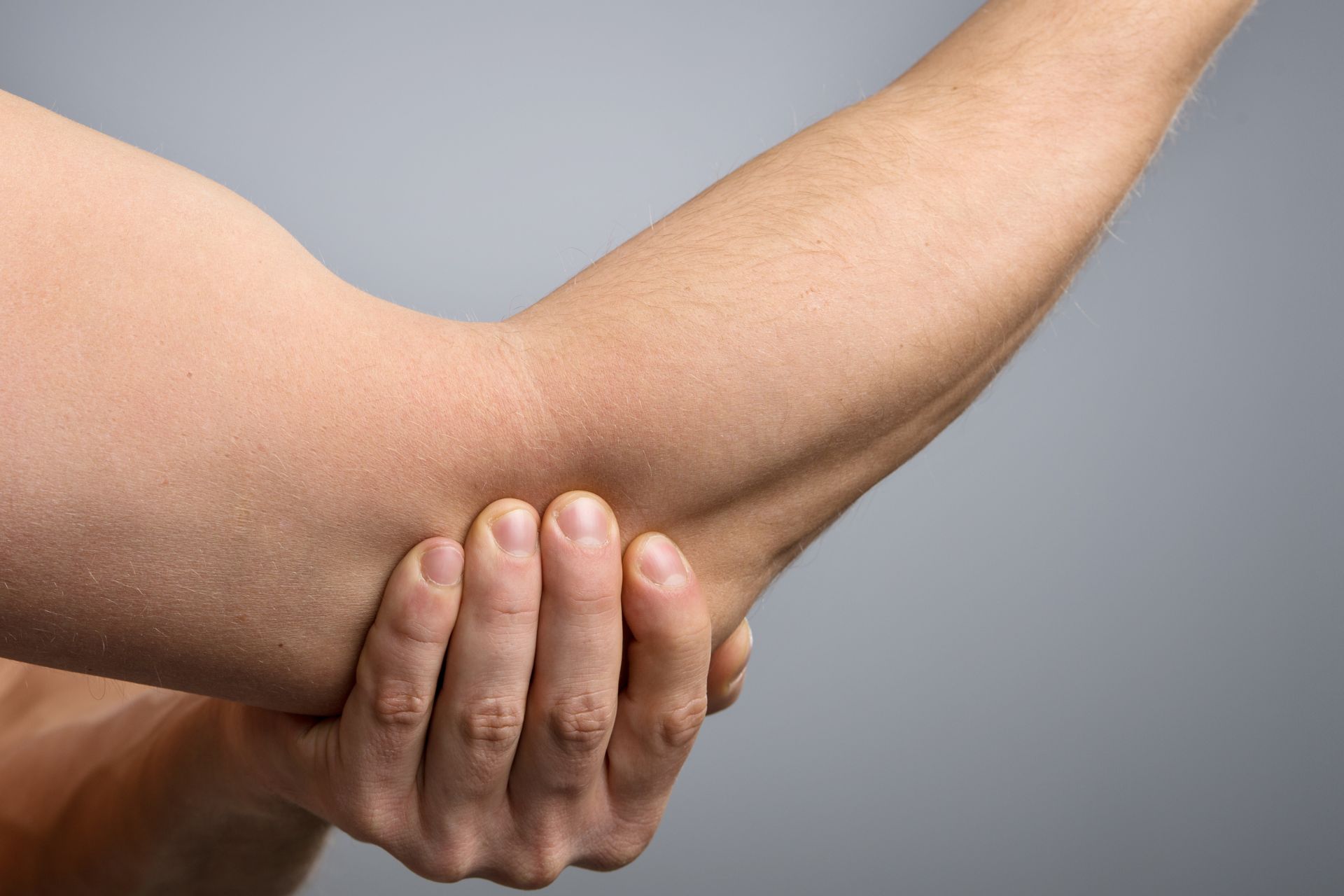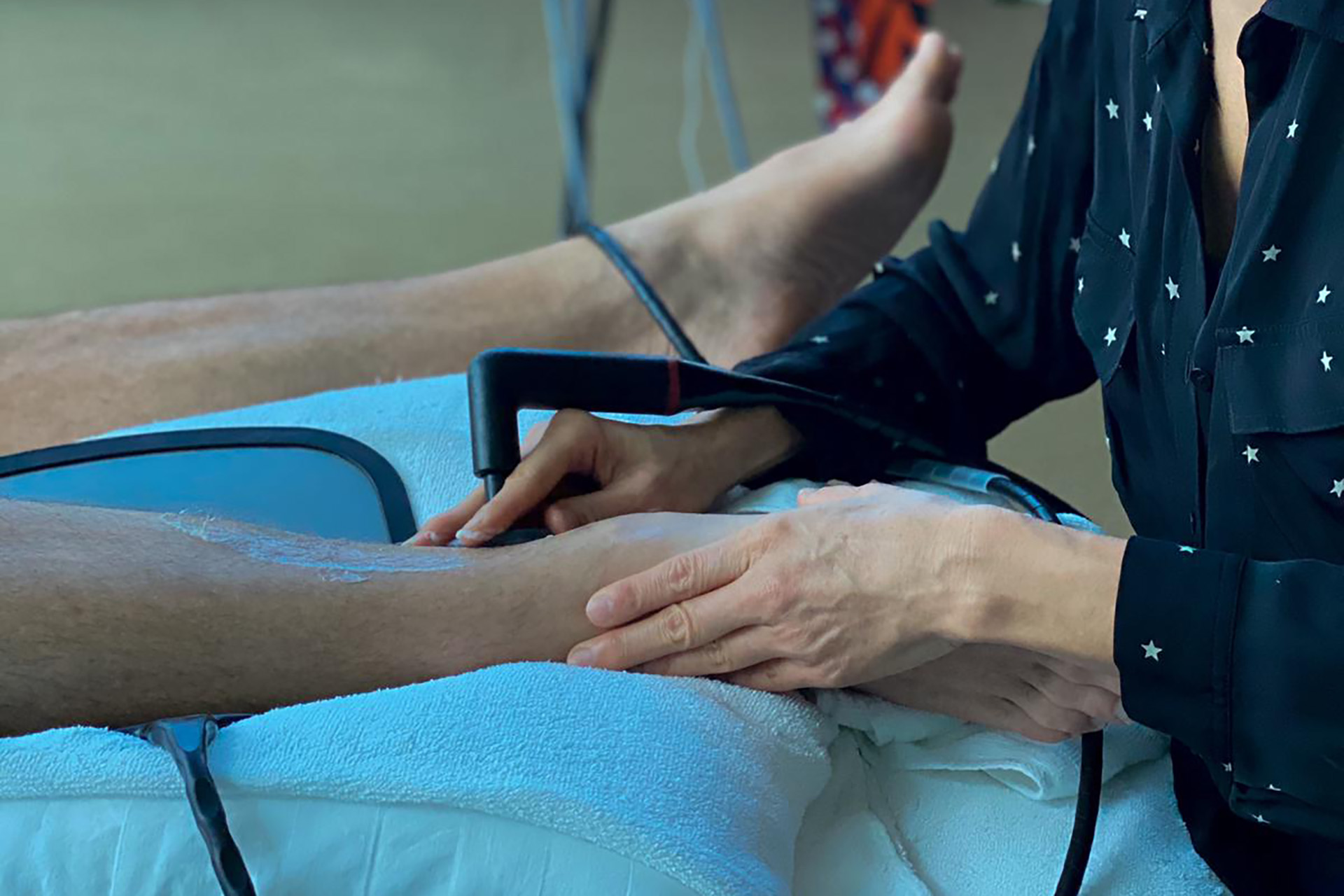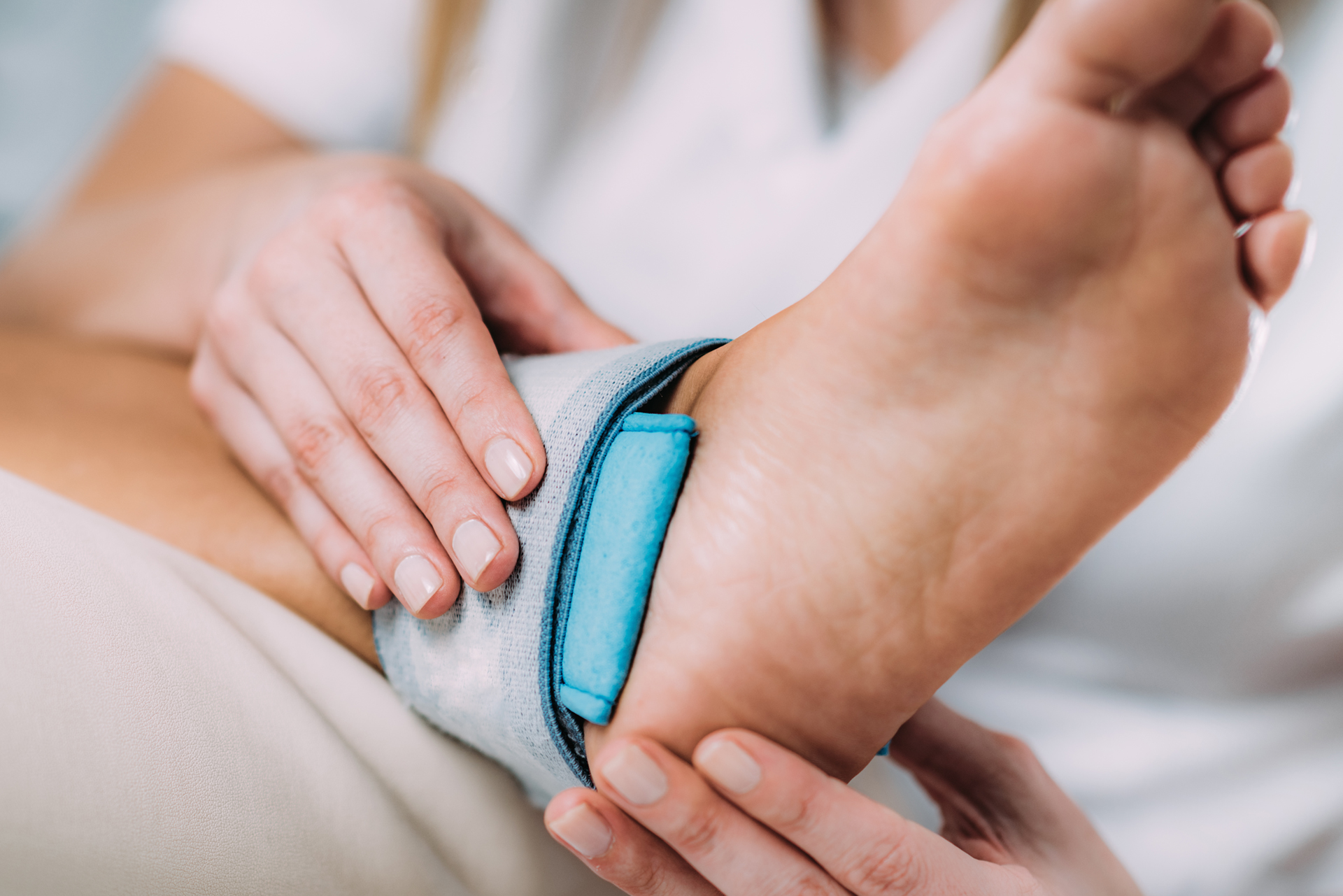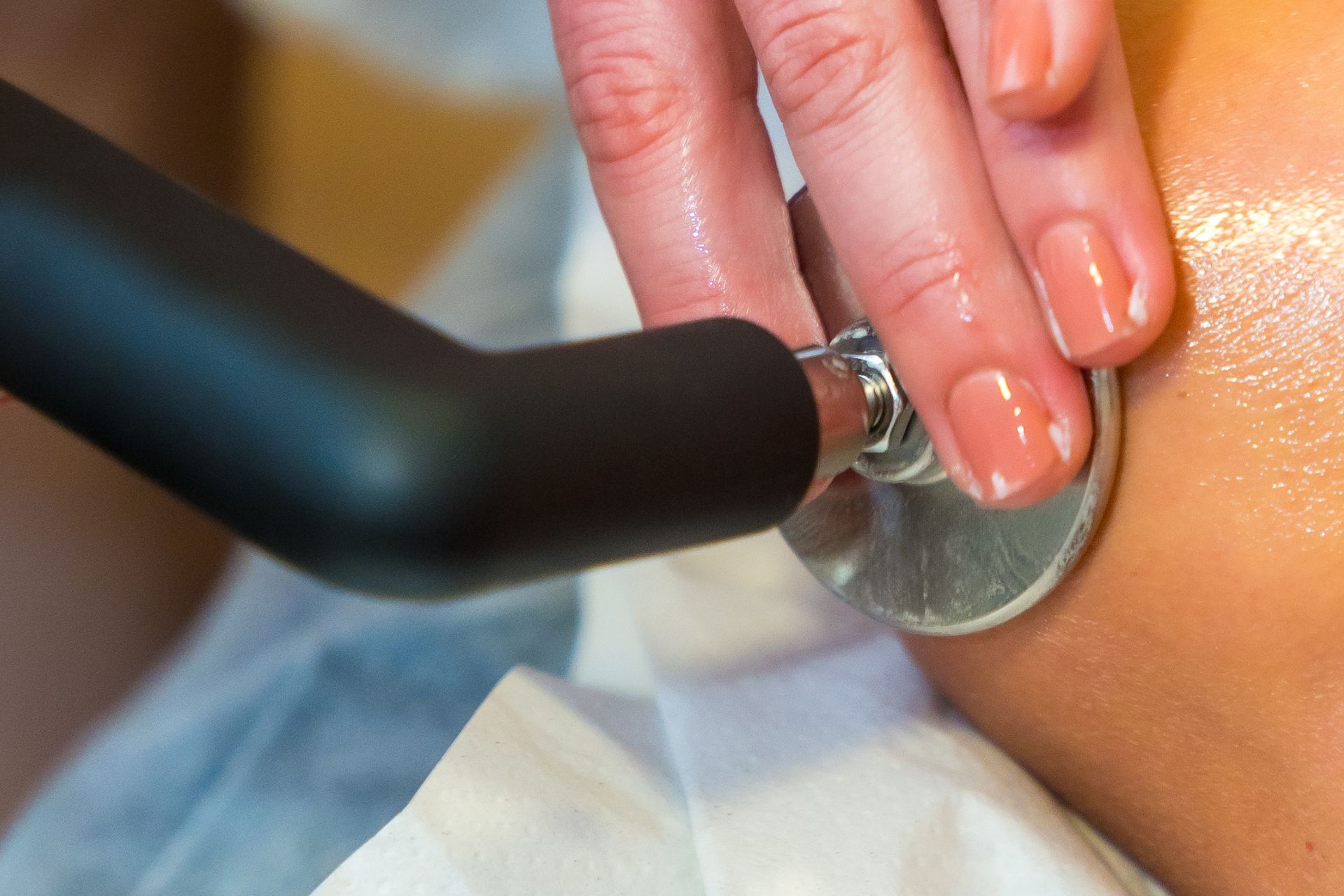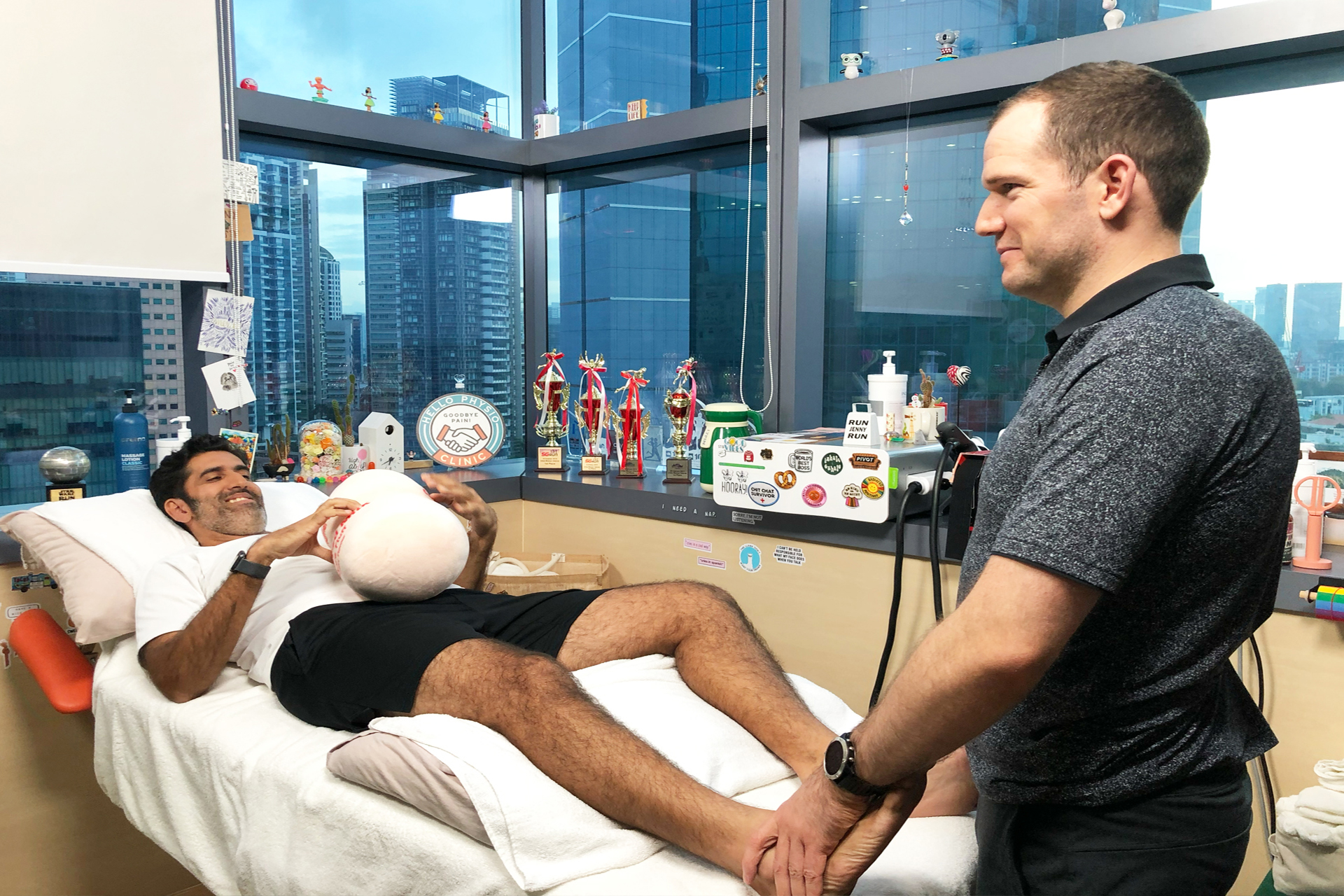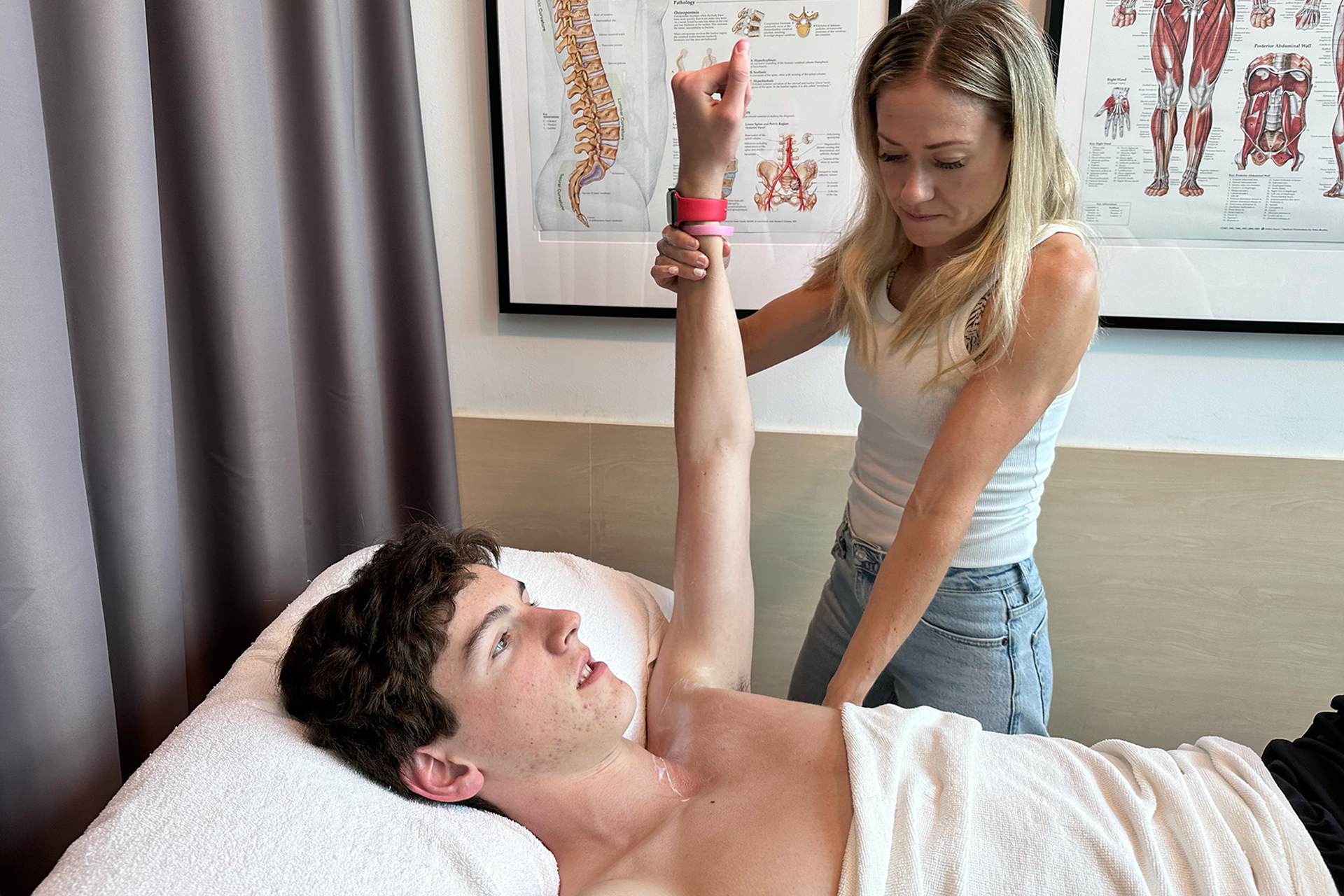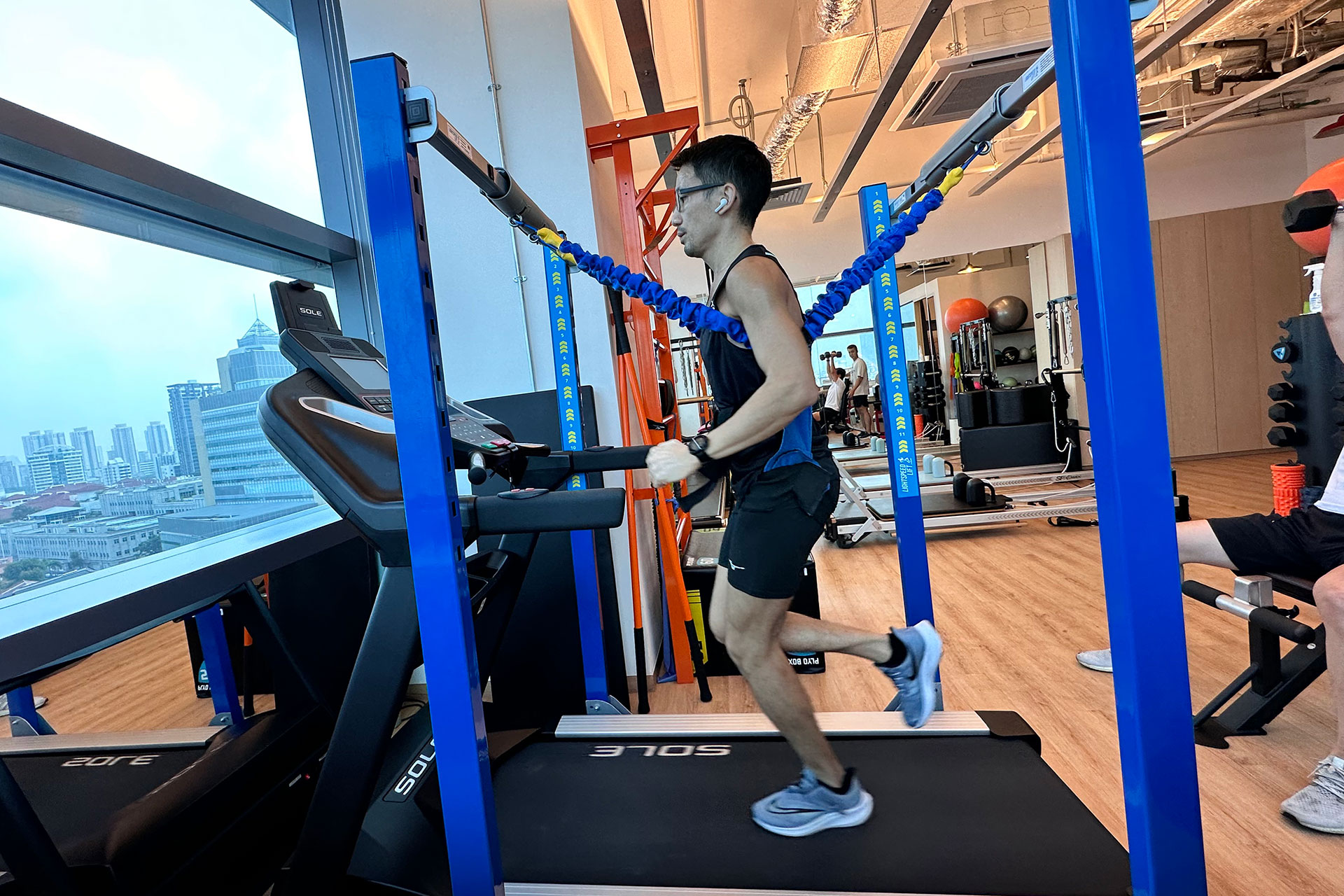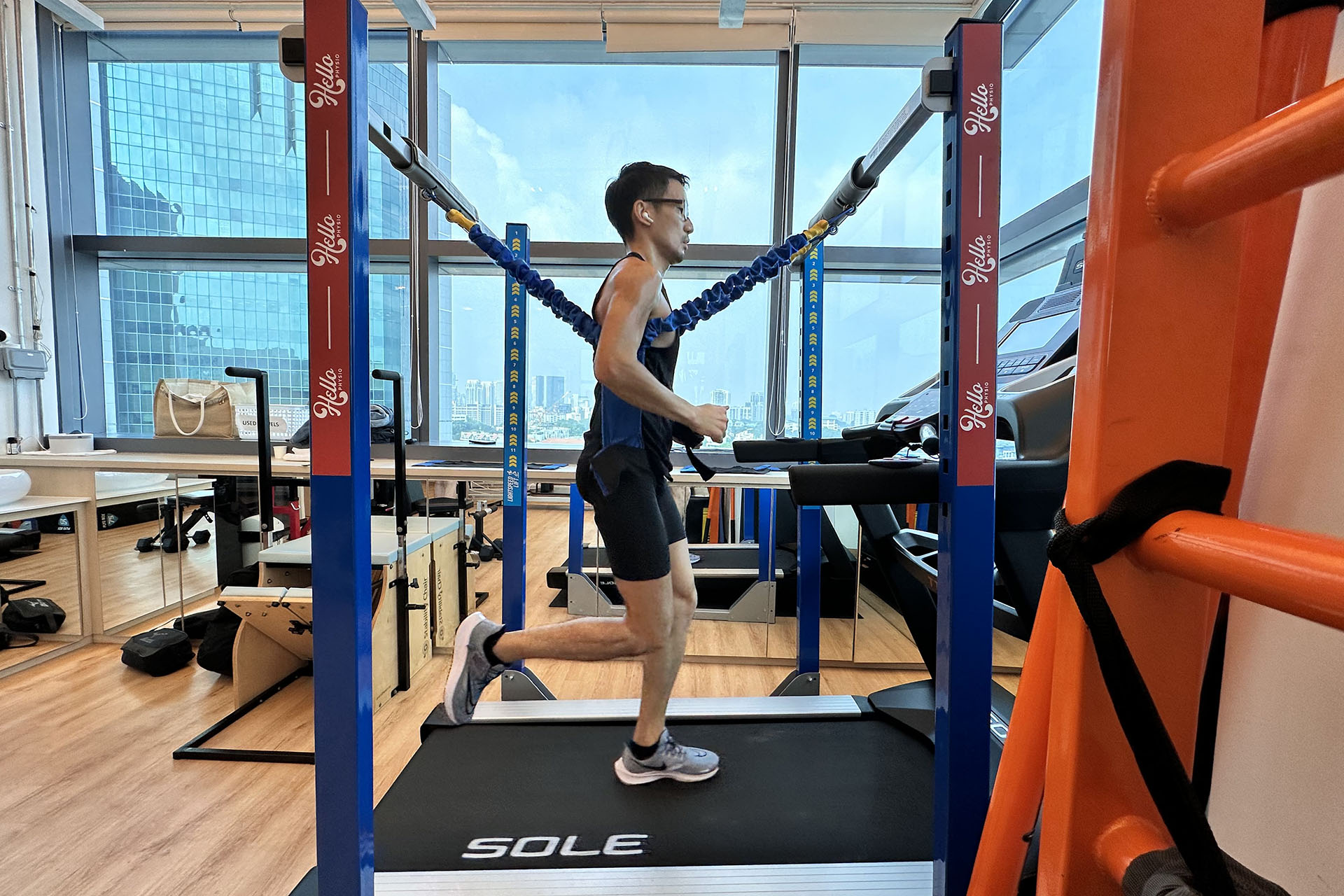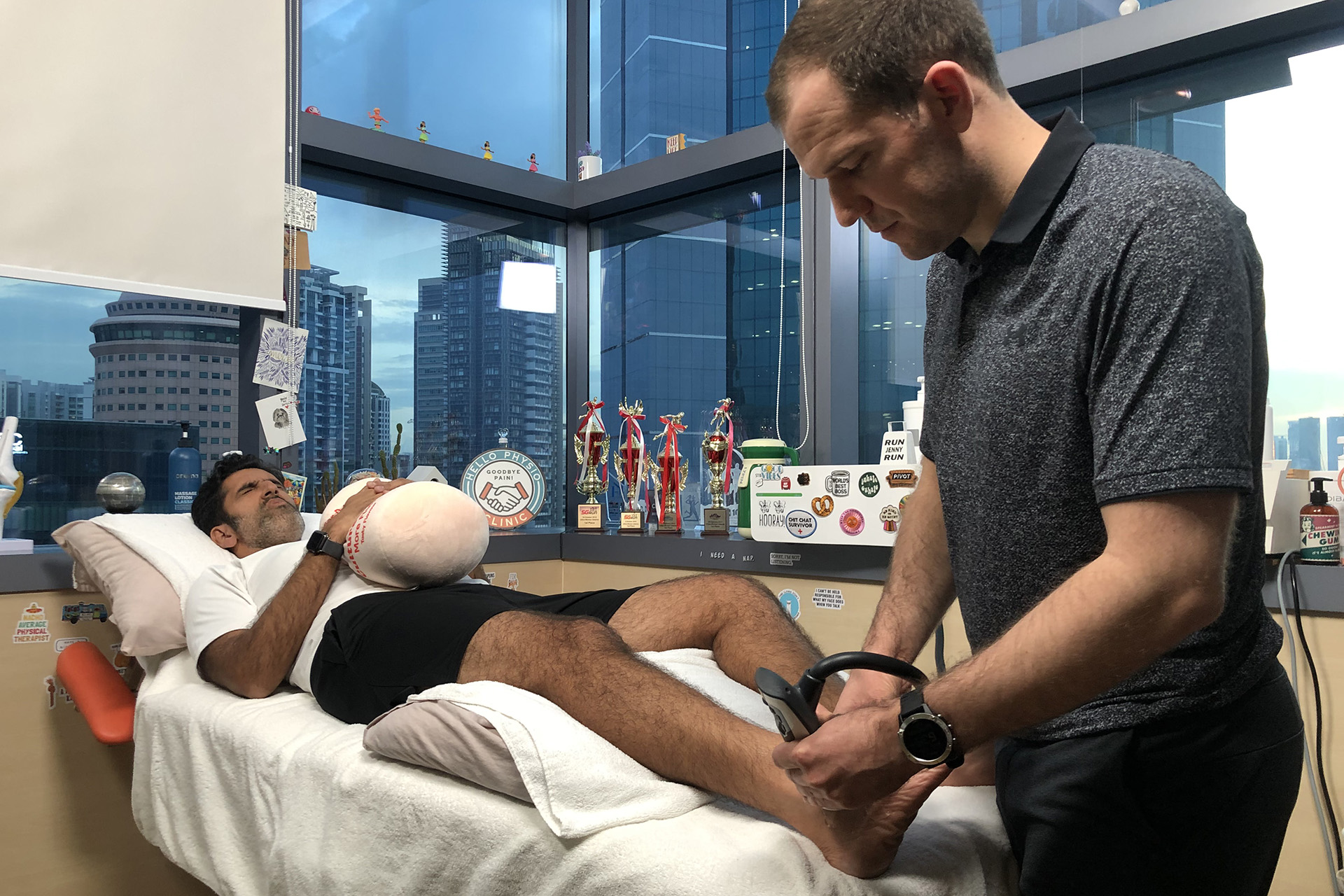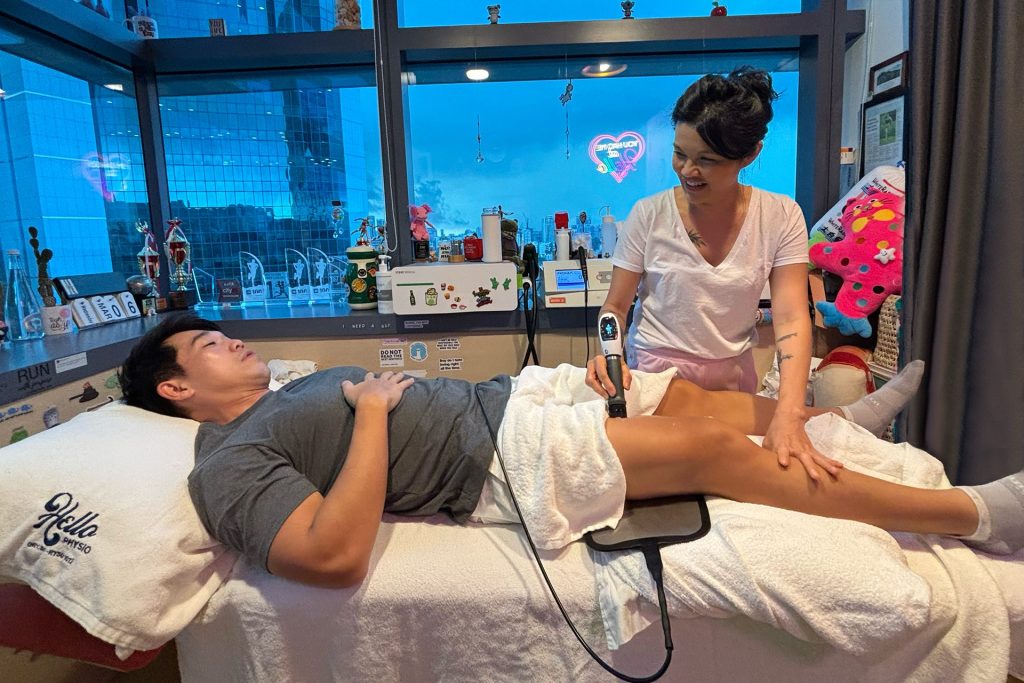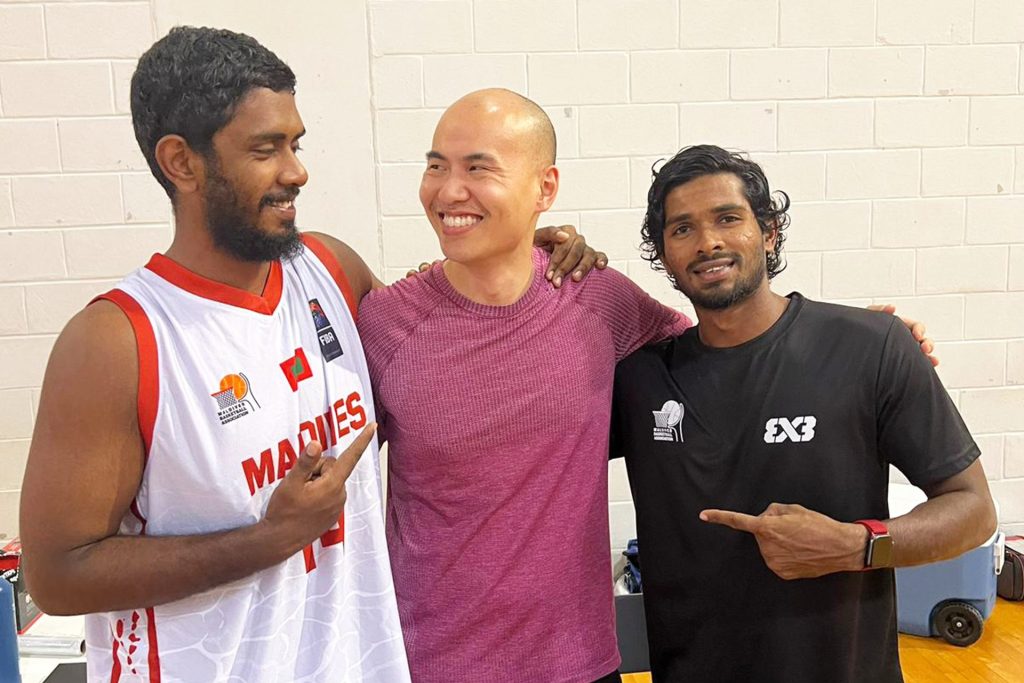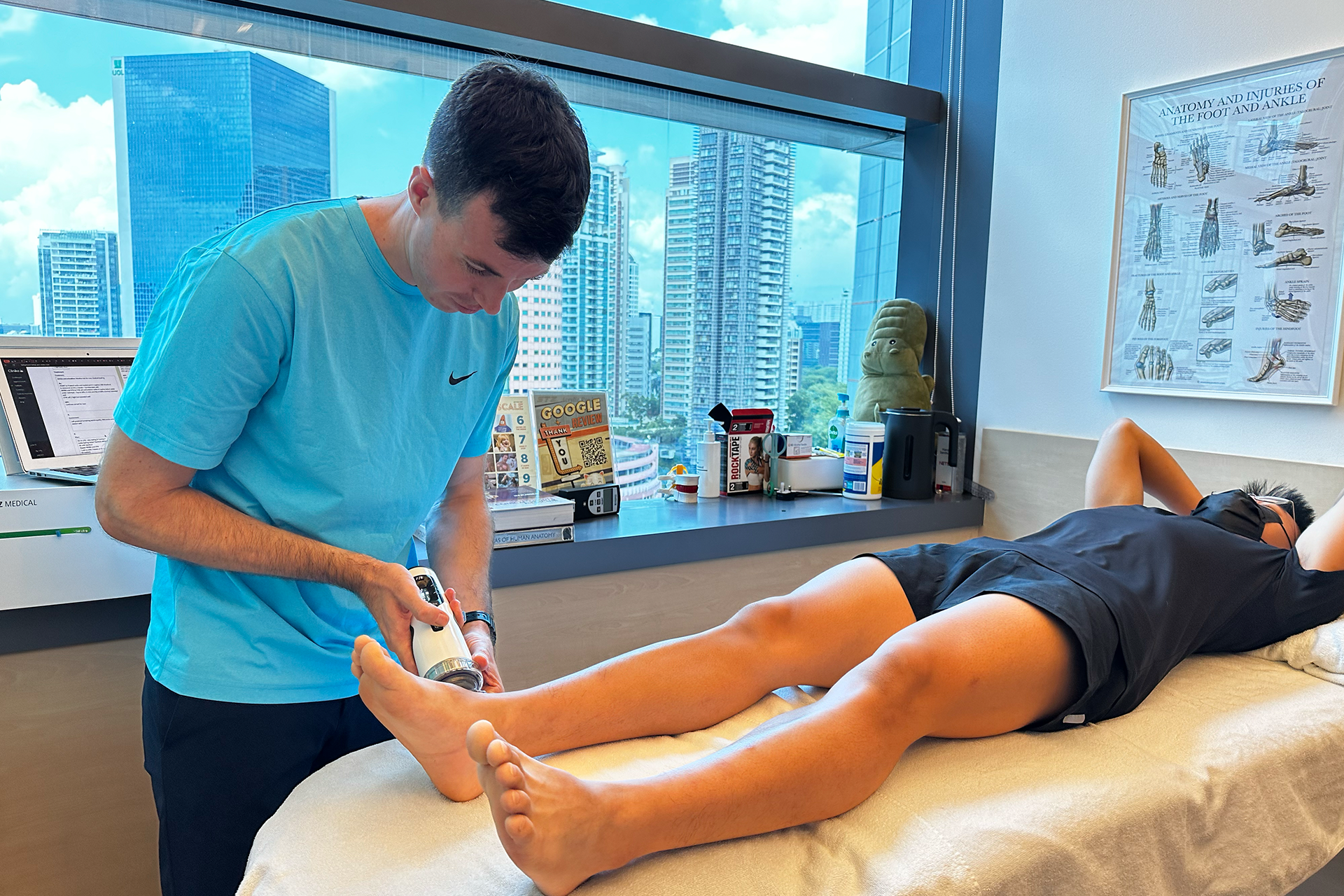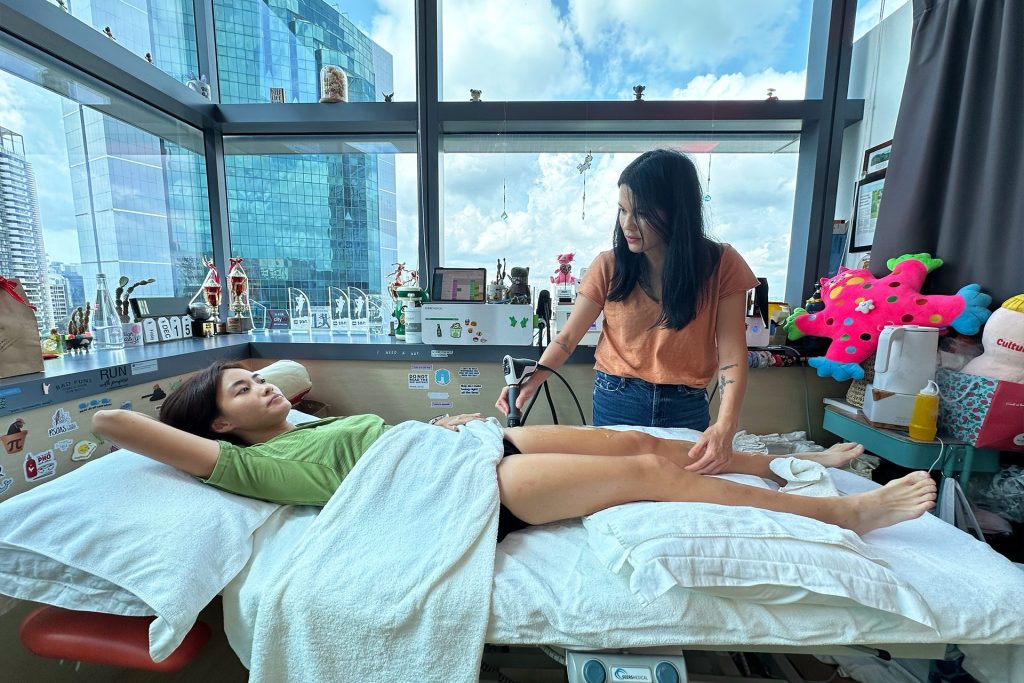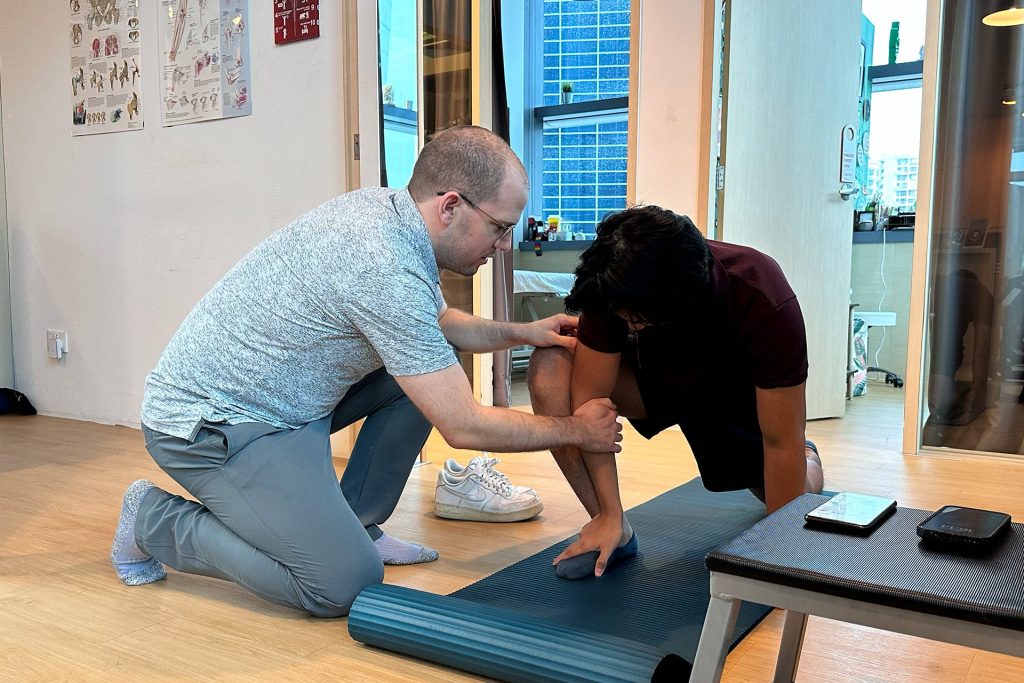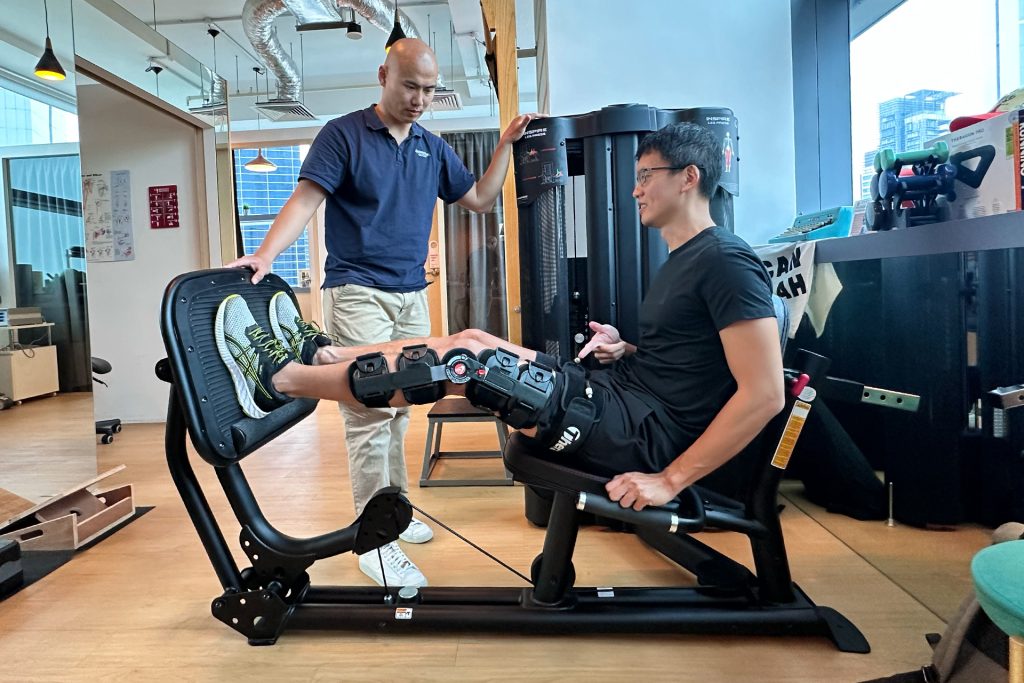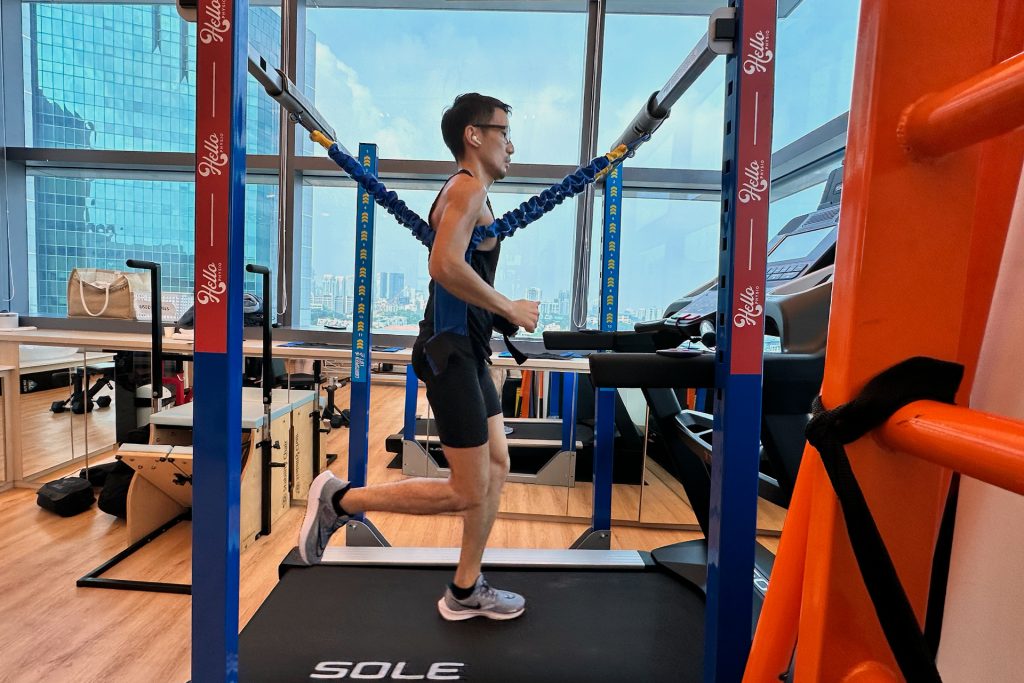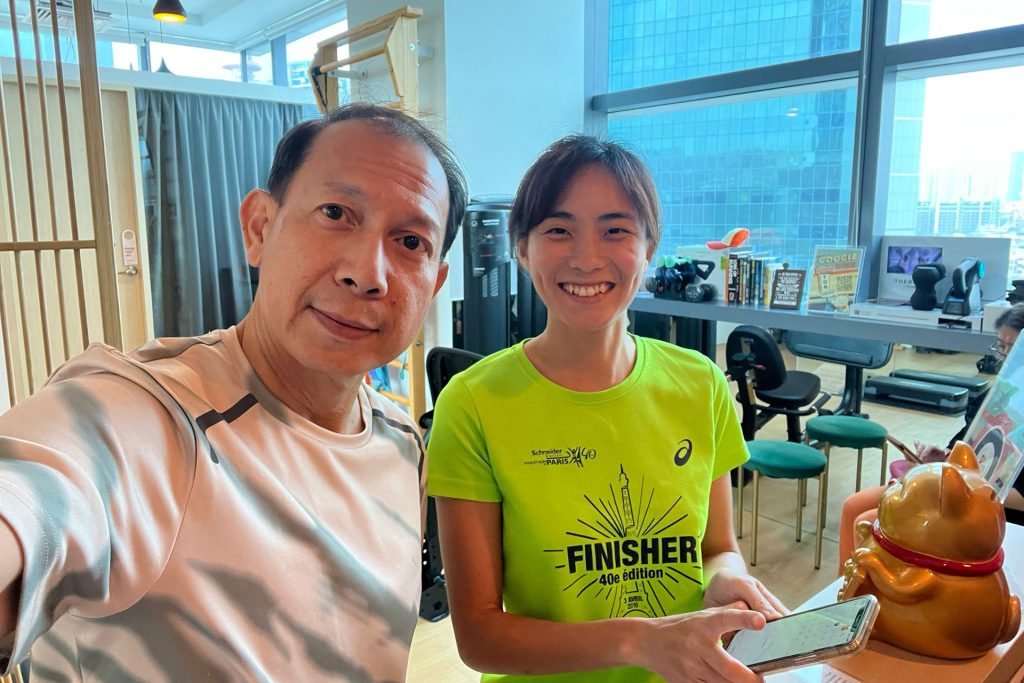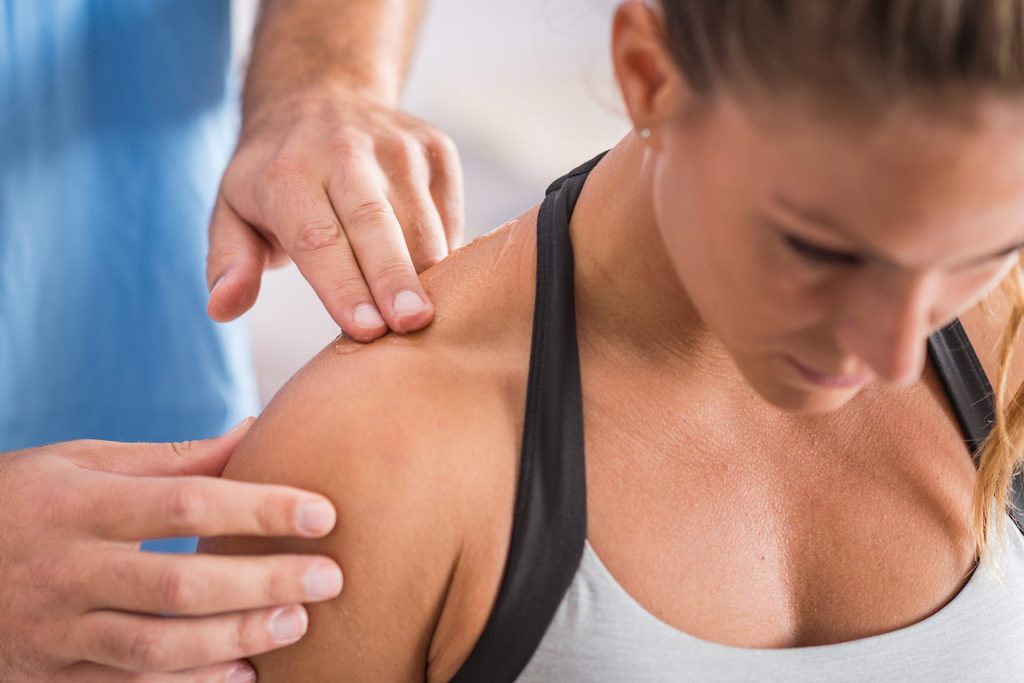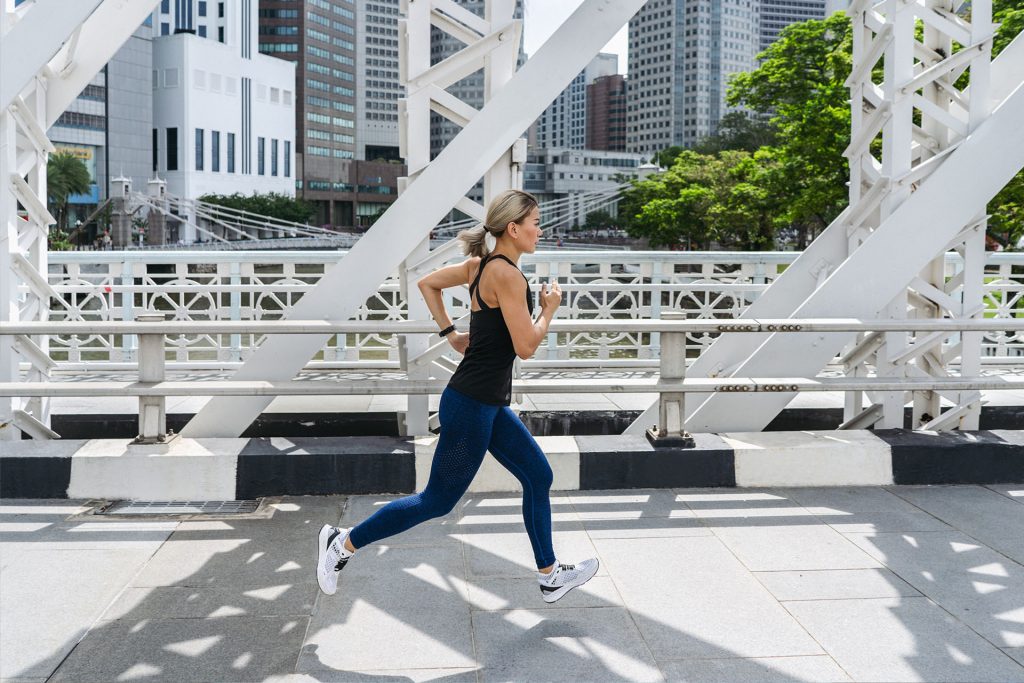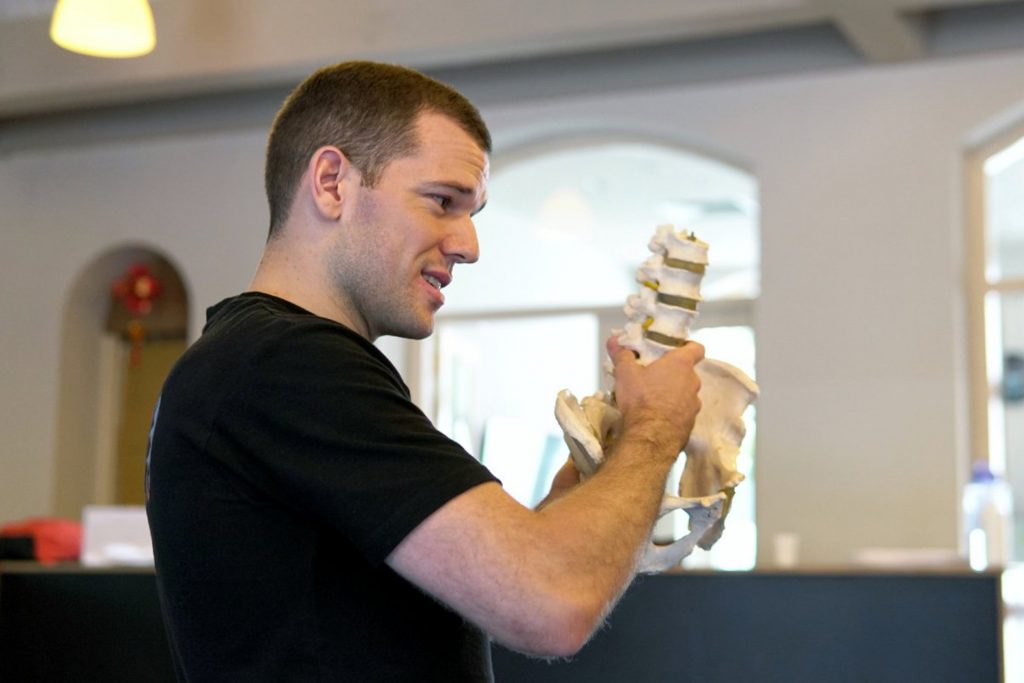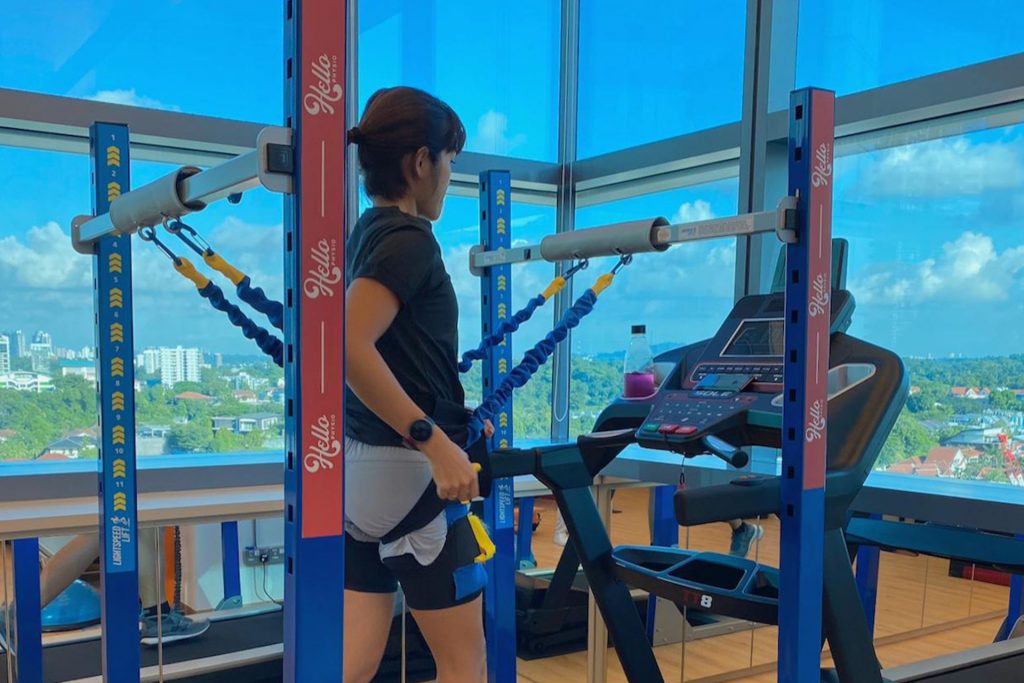|
Getting your Trinity Audio player ready...
|
What Is Achilles Tendon Pain?
What is the Achilles? The Achilles tendon is a strong band of tissue that connects the calf muscles to the heel bone, for walking, running and jumping.
Achilles tendon pain is one of the most common causes of heel pain, affecting runners, athletes and active people. This pain can result from overuse, tight calf muscles, calf muscle weakness, or underlying conditions such as Achilles tendonitis or tendon degeneration.
Achilles tendinitis can cause a throbbing pain that’s hard to ignore, bringing discomfort that can impact daily life and performance. As the Achilles tendon is essential for walking, running and jumping, even any minor irritation can have a significant impact.
The good news? With treatments such as Shockwave Therapy and radiofrequency, physiotherapy can help you manage your pain with non-surgical remedies.
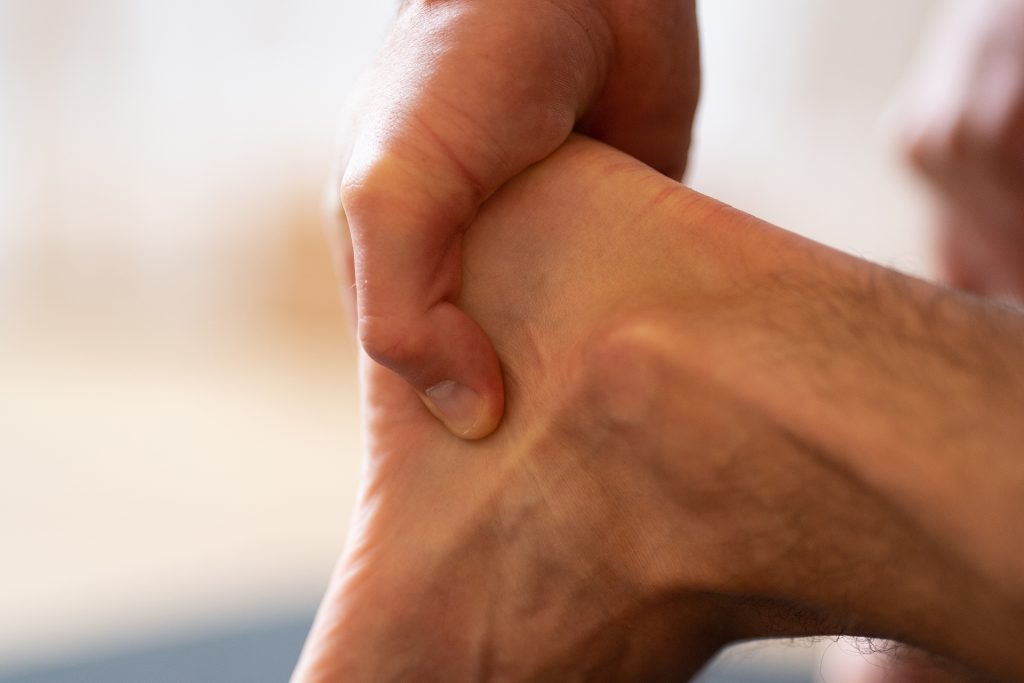
Achilles Tendon Pain with Every Step
It is said that a journey of a thousand miles begins with a single step, but that step relies on a finely tuned system of muscles, tendons and joints working in harmony. At the heart of this movement is the Achilles tendon. The tendon in the lower leg connects the calf muscles to the heel bone, allowing the foot to push off the ground and enabling activities such as walking, running, and jumping. When it’s injured, even the simplest steps can feel like a struggle.
Achilles tendon pain after walking often presents as a sharp sting or lingering ache, turning what should be a pleasant walk into a marathon. Walking down stairs can be especially tough, since the descent puts extra load on the tendon, making the pain worse when it’s inflamed or injured.
Sometimes the pain comes out of nowhere mid-stride, whether you’re heading to the park or getting coffee. That sudden twinge is more common than many realize. The key is to recognize these signs early and understand the Achilles tendon pain causes, so you can move smoothly and pain-free.
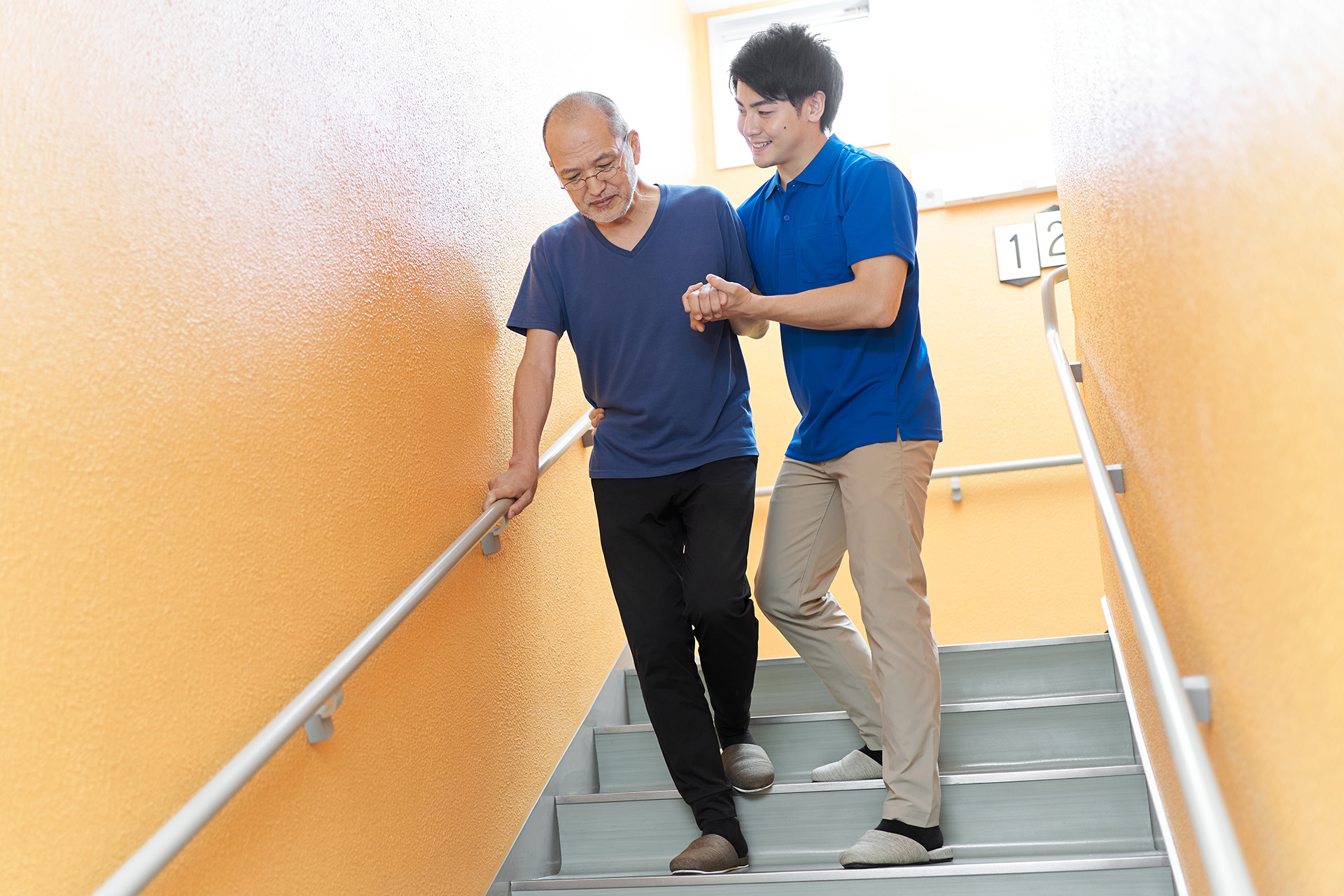
Signs of Achilles Tendon Pain
Signs of Achilles tendon pain symptoms include sharp or aching pain at the back of the heel, morning stiffness that eases with movement, swelling or thickening along the tendon, and tenderness to touch. You may also notice redness, warmth, or difficulty flexing your foot, which could indicate worsening inflammation or a risk of rupture. In severe cases, pain worsens with activity or follows a sudden “pop”, which means a possible tear.
A diagnosis of Achilles tendon pain often reveals a multitude of dysfunctions, some subtle and others more obvious. Interestingly, some people may experience a “popping” sensation in the tendon, but no pain is reported.
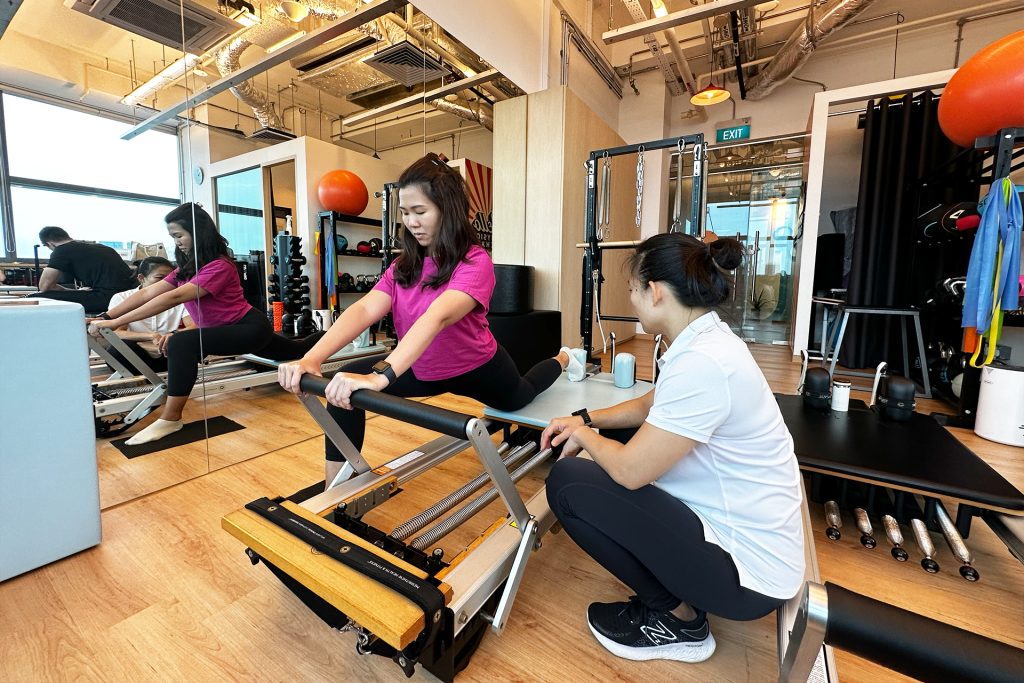
Heel Pain in the Morning or Throbbing Achilles at Night
You shouldn’t start your day with pain, but many feel it in their Achilles tendon as soon as they get out of bed. That sharp or aching discomfort after waking is a common experience, often described as Achilles tendon pain after waking up. For some, it doesn’t stop there. Nighttime can bring its own challenges with persistent pain that disrupts rest and turns sleep into frustration. Understanding why Achilles tendon pain typically appears in the morning or at night is the first step toward finding effective relief from Achilles tendon pain.
Morning Pain
Mornings should feel like a fresh start, but for many, they begin with sharp pain in the Achilles. After a night of rest, inactivity leaves the tendon stiff, so those first steps out of bed stretch it abruptly and trigger discomfort. Overnight, inflammatory substances can also accumulate around the tendon, contributing to the morning ache. The part of the tendon most affected by morning pain is usually where it connects the calf muscles to the heel bone, as this area is more prone to stiffness and inflammation after periods of inactivity. So the Achilles sends an unwelcome wake-up call, reminding you that stiffness and inflammation need attention.
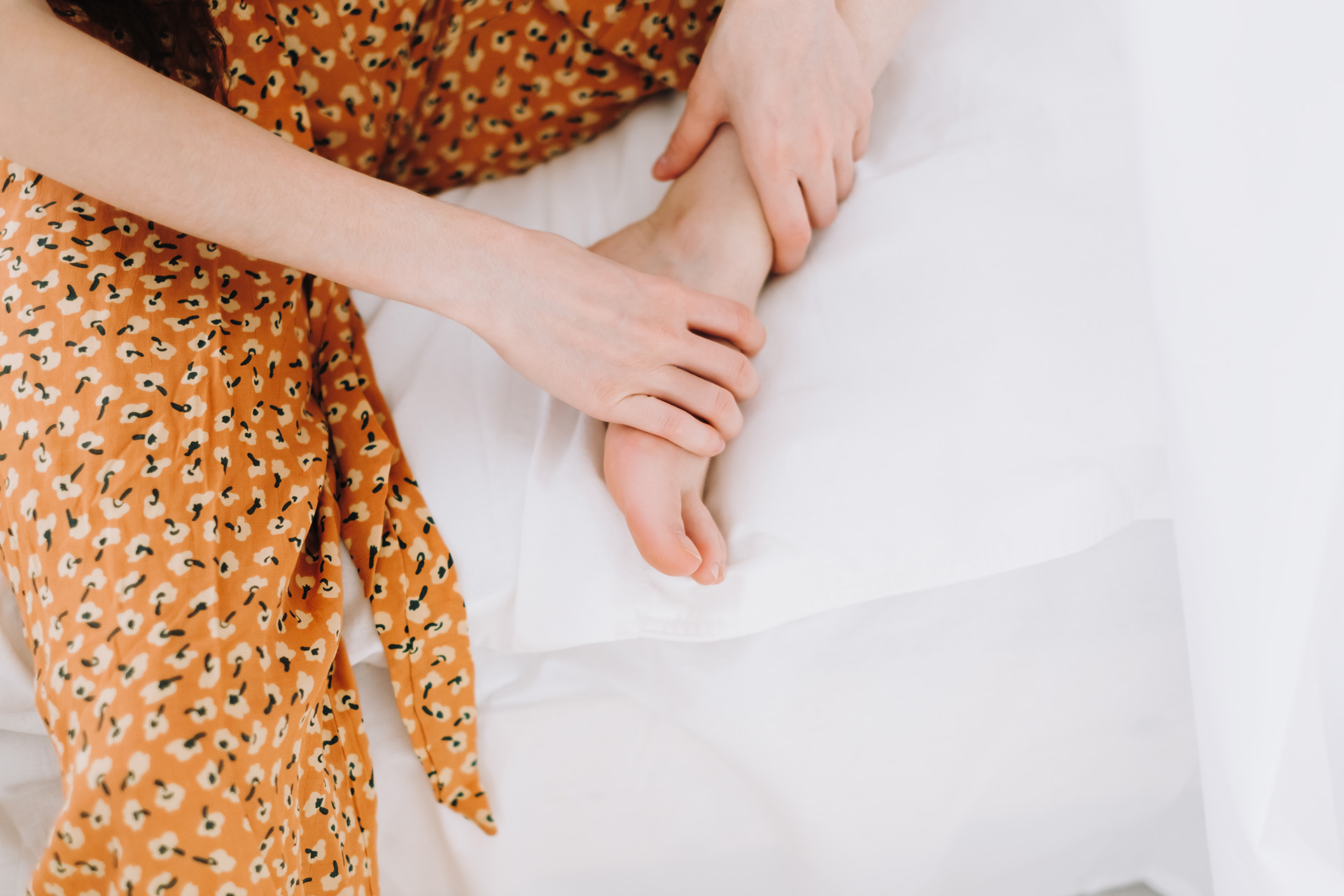
Night Pain
Then there’s the flip side. After a day of walking, running, or just being on your feet, the Achilles tendon has been through a workout. So by nighttime, why the throbbing? It might be a culmination of the day’s stresses and strains. Achilles tendon pain at night can be a result of prolonged inflammation, which is often exacerbated by activities throughout the day. As the day winds down and you finally rest, the pain takes the front seat, reminding you of the day’s toll on your tendon.
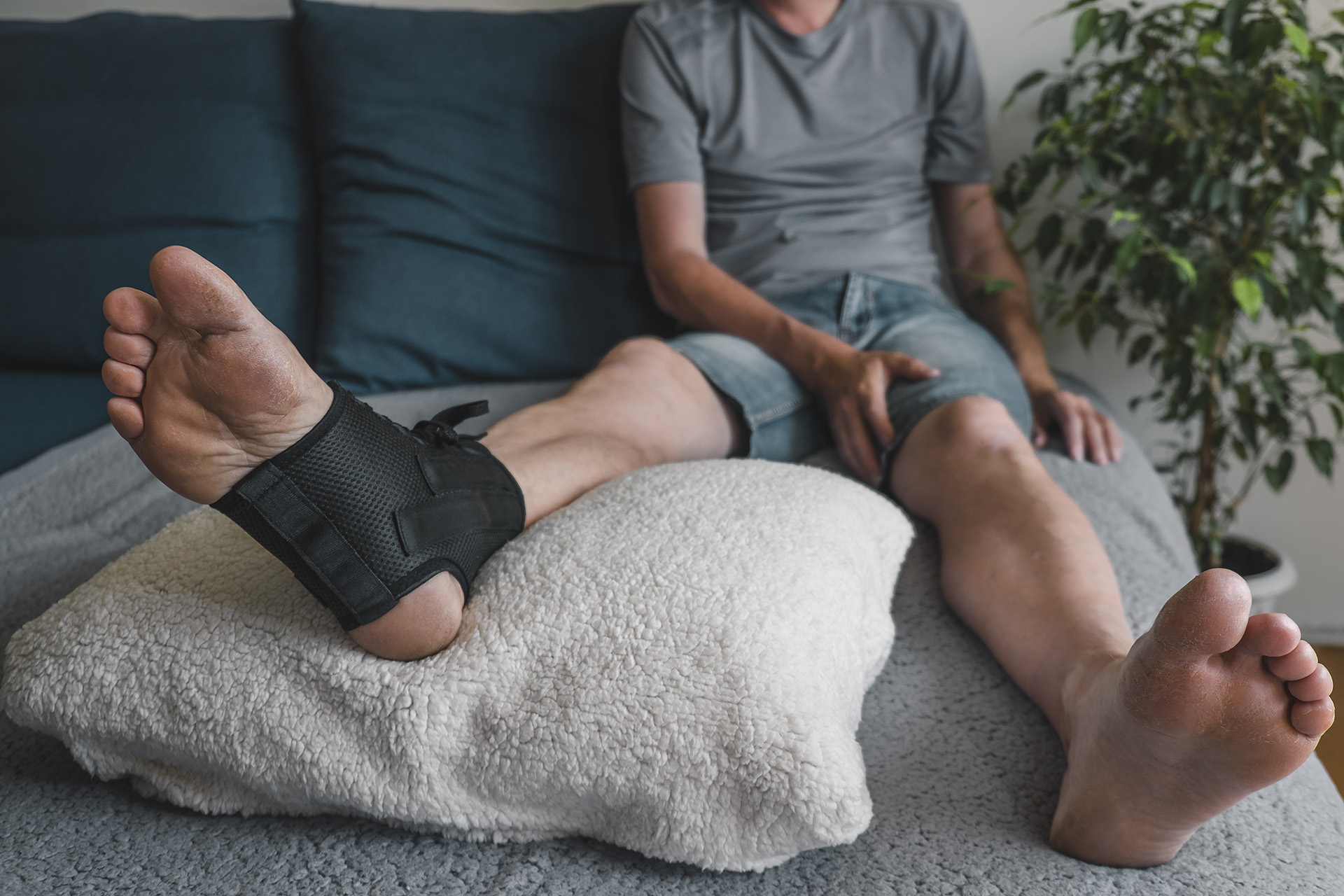
Why the Achilles Is the Key to Whole Body Movement
The Achilles tendon is a key component of whole-body movement, as it connects the calf muscles to the heel bone, allowing the transfer of force from the legs to the feet. This tendon powers walking, running, and jumping by storing and releasing energy, much like a spring, and supports balance, stability, and efficient movement. Without a healthy Achilles tendon, the body loses its strongest lever for propulsion, making it essential for both athletic performance and everyday movement and mobility throughout the entire kinetic chain.
We often talk about listening to our bodies. If your Achilles tendon is giving you signs, it’s whispering secrets about dysfunction in other parts of your body.
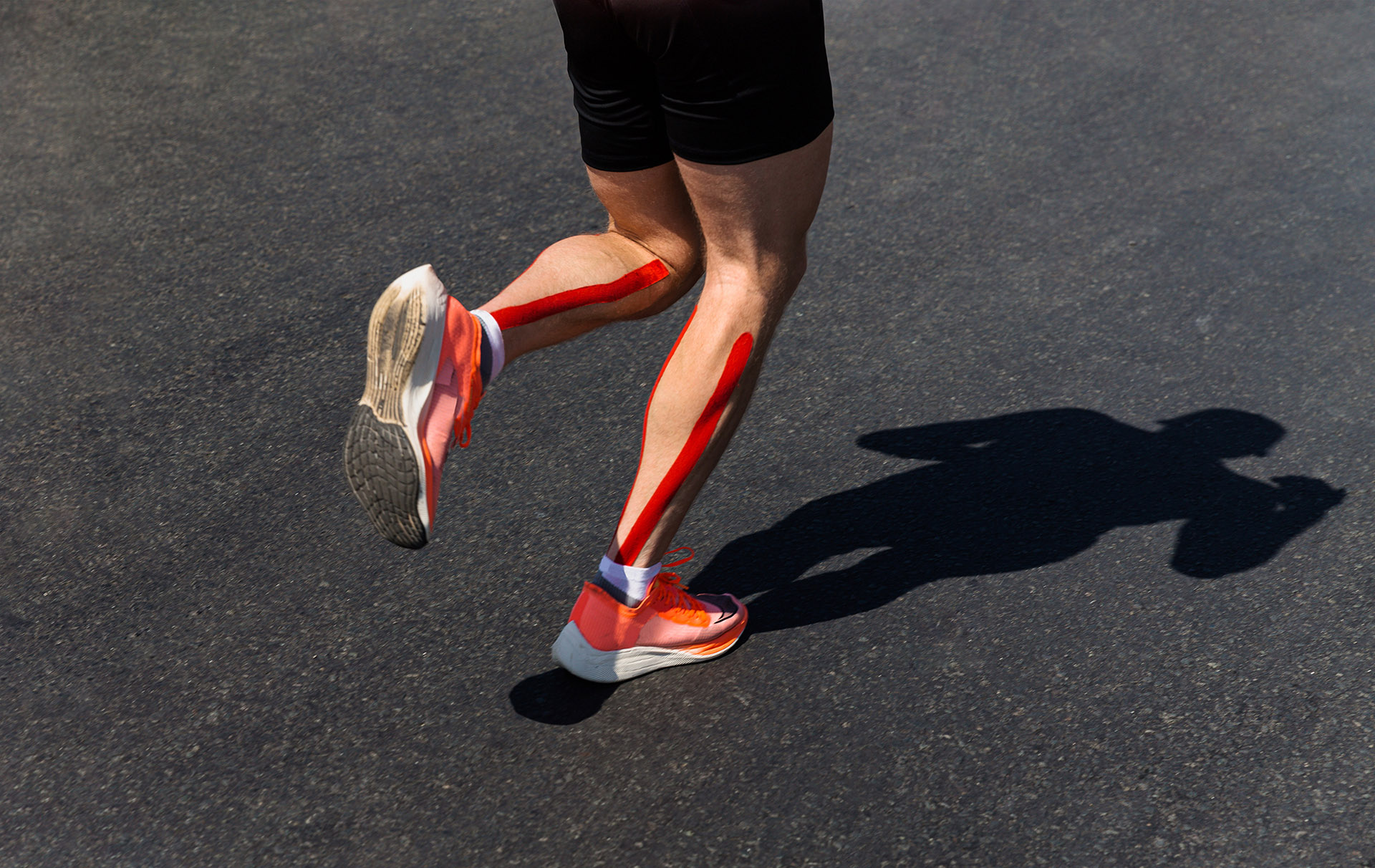
Achilles Tendon Insertion and Heel Pain
Your Achilles tendon works in tandem with your heel to ensure every step is strong and efficient. When the Achilles tendon is strained or inflamed, Achilles tendon pain in the heel often radiates into the heel, making even simple movements uncomfortable. The connection between the Achilles tendon and heel pain occurs because the tendon and heel are deeply intertwined and play a crucial role in the mechanics of the foot. Any issue with the Achilles can quickly translate into heel pain, making walking, running, or climbing stairs a challenge. Injuries or treatments targeting the Achilles tendon insertion pain are often necessary to address persistent heel pain and restore function.
Ankle Pain Near the Achilles Tendon
The Achilles tendon is crucial for ankle mobility and stability, situated just above the heel and directly affecting how the joint functions. When the tendon becomes inflamed or irritated, the strain often extends to the ankle itself. This close biomechanical link explains why Achilles tendonitis is often accompanied by ankle pain near the tendon. Inflammation or weakness in the Achilles tendon forces the ankle to compensate, creating discomfort and reduced movement efficiency. In some cases, surgical or medical interventions may be required to address damage to the Achilles tendon, such as debridement or tendon repair.
A Ripple Effect: From Heel to Back
The foot’s alignment has a cascading effect up the kinetic chain of the body. Think of your foot as the foundation of a building, i.e. your body. A slight issue with the Achilles tendon, and it’s a wobble in that foundation, which can travel up the leg and body. An Achilles tendon problem can cause an individual to adjust their gait, which can misalign the knees, hips and spine and cause Achilles tendon and back pain. Maintaining foot and ankle health is crucial in preventing these issues and supporting the entire kinetic chain. It’s a testament to how interconnected our body’s systems are.
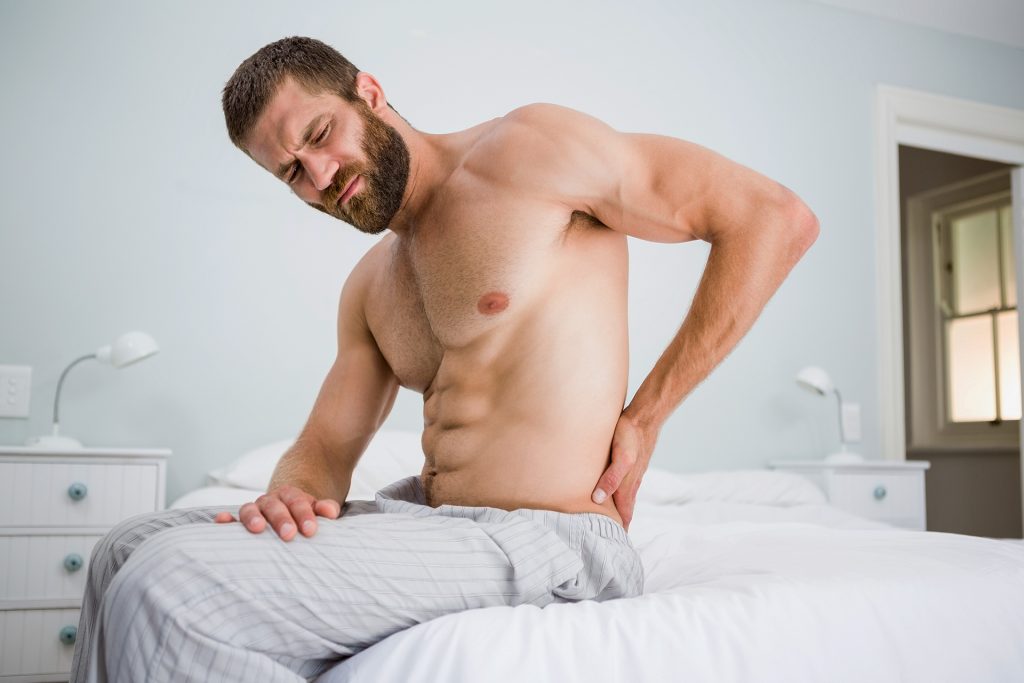
Compensatory Mechanisms and Overcompensation Pain
When the Achilles tendon is under strain, the body compensates by shifting the load to other muscles and joints. While this helps in the short term, it often leads to overuse and pain in areas that weren’t originally affected. People with Achilles tendon pain often unconsciously alter their gait or posture, which can lead to pain in the knees, hips or lower back over time.
The Knee’s Connection
The knee sits between the foot and hip, making it highly sensitive to changes in either of these areas. When the Achilles tendon is compromised, altered foot mechanics can disrupt knee alignment and function, often leading to knee pain associated with Achilles tendonitis. Caring for both your knees and Achilles tendons is key to walking and running without discomfort. Although small in size, the Achilles tendon plays a significant role in maintaining biomechanical balance and overall musculoskeletal health.
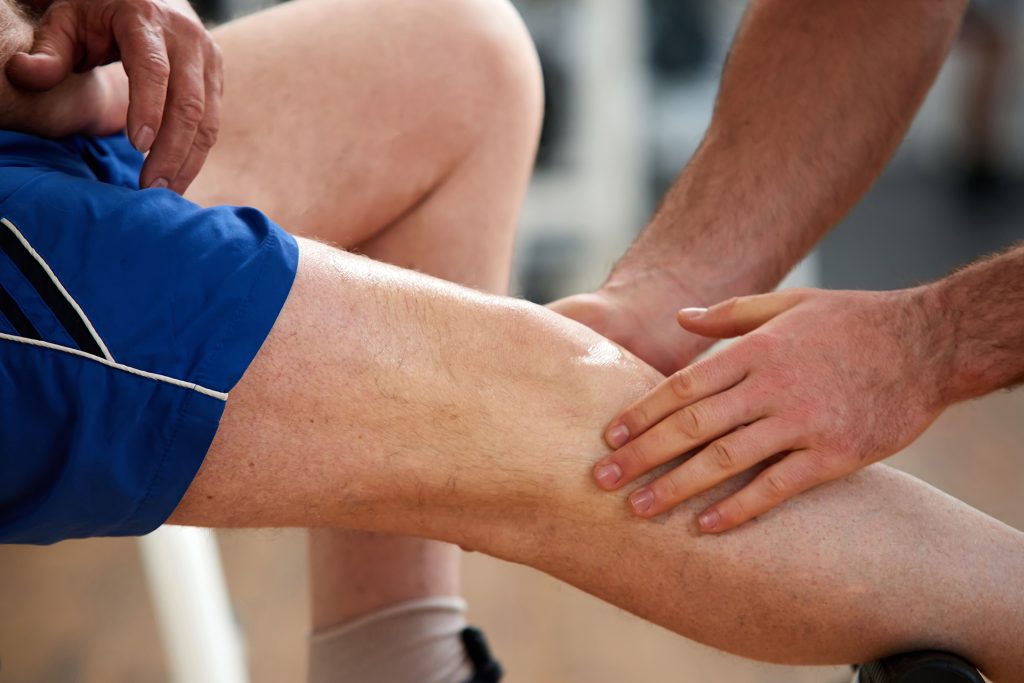
The Balance Between Running Passion and Achilles Tendon Pain
For many elite athletes and weekend warriors, Achilles tendon pain during running is often caused by repetitive stress on the Achilles tendon. When we run, our heart beats in sync with our strides, and we push ourselves to go one more mile, one more trail. But every runner will hit a wall at some point or another.
Imagine being in the zone during a 10k-run and suddenly feeling Achilles tendon pain. It’s not just the pain but the questions that follow: Can I run with Achilles tendon pain? Should I stop or push through? The pressure intensifies when that fleeting pain turns into Achilles tendon pain after running, reminding you that your body needs attention.
As runners, we’re wired to find solutions and adapt to them. Fortunately, there are exercises specifically designed for runners to help regain their stride and alleviate Achilles tendon pain. These targeted workouts can offer much-needed Achilles tendon pain relief, especially when focused on the Achilles tendon itself. But for some, the journey might be a bit more complicated.
Recurring Achilles tendon pain is not just a physical challenge. It’s an emotional one posing questions about your training, form and sometimes the very love for the sport. Achilles tendon pain can significantly impact your ability to return to sports activities, with factors such as the severity of the injury, adherence to rehabilitation, and the effectiveness of treatments on the Achilles tendon affecting how quickly and safely you can resume your chosen activities.
For a more holistic approach, Achilles tendon running pain treatments are personalized at HelloPhysio. Each athlete gets a recovery plan. These treatments aim not just at relief but at performance, so the journey for every runner continues.
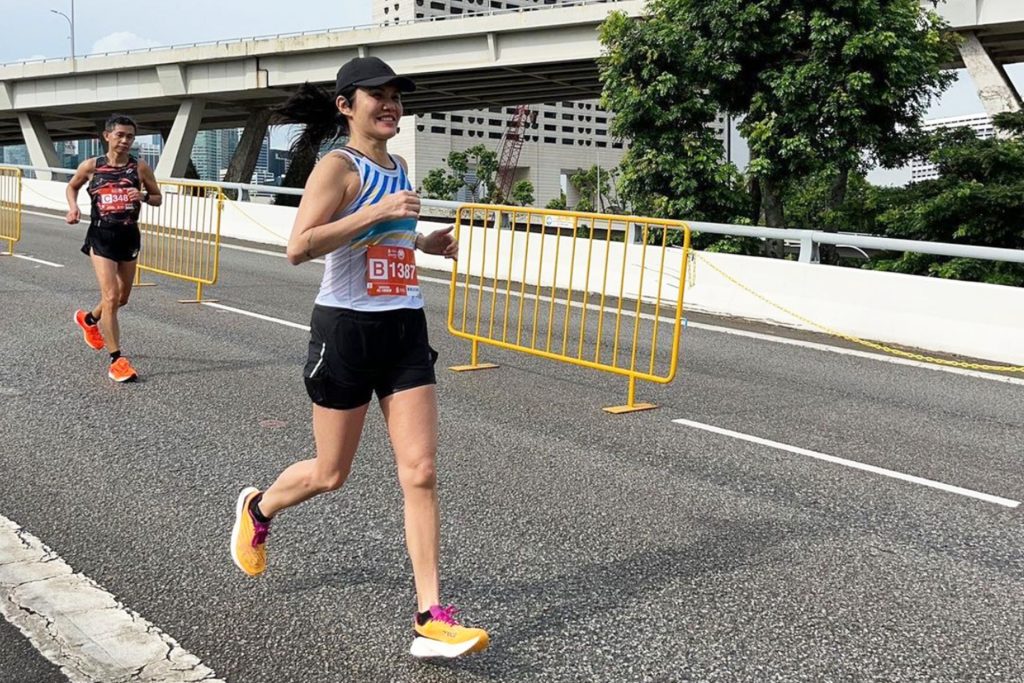
Imaging Tests for Achilles Tendon Pain
Imaging tests, such as ultrasounds, MRIs, and X-rays, help diagnose Achilles tendon pain by showing inflammation, thickening, or bone changes. They guide Achilles tendon pain treatment decisions, monitor progress and are especially useful when symptoms persist.
Post-Achilles Tendon Surgery
Achilles tendon surgery is a significant step toward improved mobility and an active lifestyle. Like any major procedure, some post-surgical discomfort is expected, especially in the heel, where patients often report pain due to inflammation and the tendon being close to the bone.
How painful is Achilles tendon surgery? Think of it like a tough workout. Discomfort is a natural part of the process, but its intensity varies from person to person. For some, Achilles tendon lengthening surgery may feel more demanding, so proper post-operative care is crucial. Rest, ice, and advanced therapies, such as INDIBA® radiofrequency and Shockwave Therapy, can help reduce inflammation, manage scar tissue, and support healing.
While concerns are natural, the key takeaway is that this pain is temporary. With structured physiotherapy rehabilitation, mobility improves, strength returns and patients regain confidence in their stride.
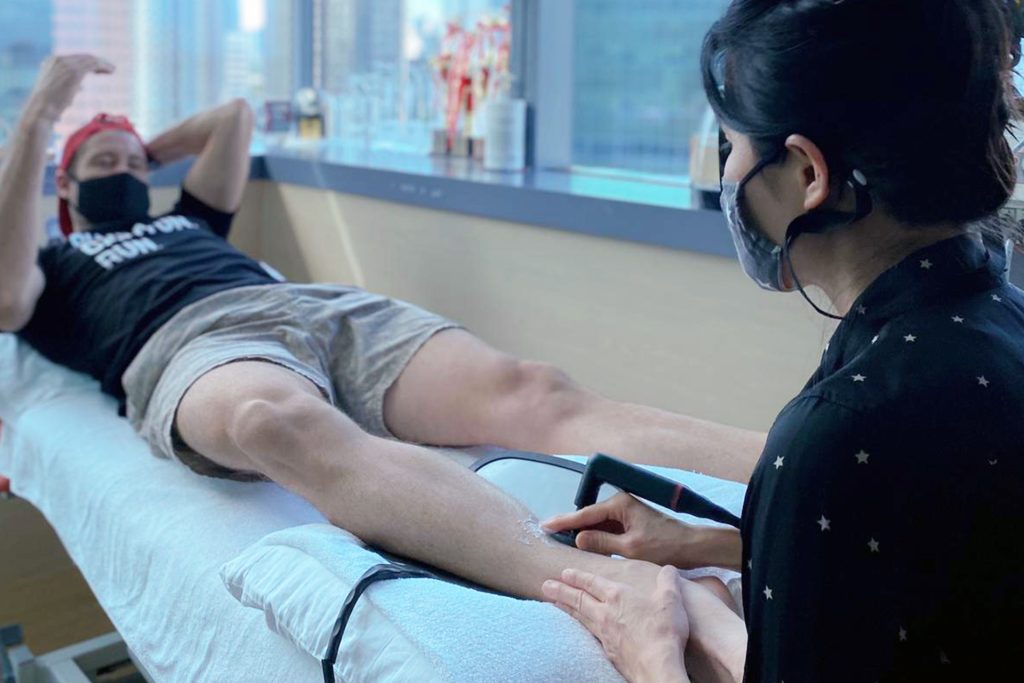
Achilles Tendon Pain Treatments
Rest and elevation remain foundational for Achilles tendon pain treatment, but advanced physiotherapy now offers cutting-edge solutions in Singapore that accelerate recovery.
Shockwave Therapy stimulates the tendon to trigger reparative healing, while INDIBA enhances oxygen and nutrient delivery to speed tissue repair. Clinical Pilates restores range of motion and strength, supporting long-term rehabilitation for those experiencing persistent pain, even after surgery.
EMTT® harnesses electromagnetic fields to boost cellular repair, while Red Light Therapy promotes collagen production and circulation for tendon healing. LightSpeed Lift’s antigravity training then allows for safe, weight-reduced movement during early rehabilitation stages, preventing strain while reintroducing mobility.
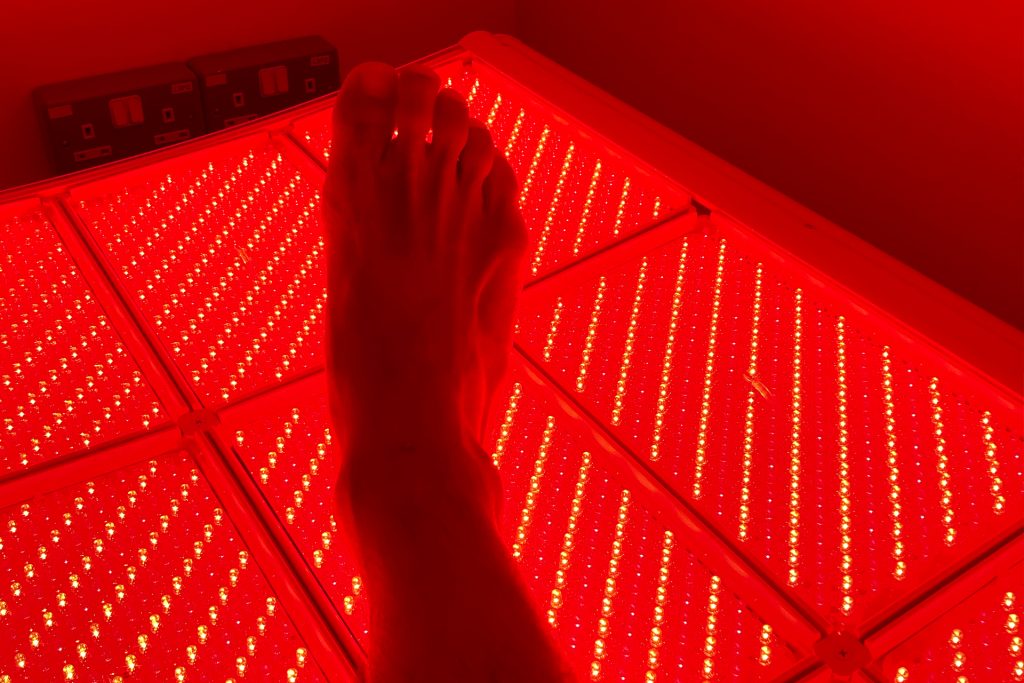
Your Path to Healing Begins Here
At HelloPhysio, these therapies are combined with expert manual care, progressive exercises and evidence-based protocols, creating a comprehensive path to recovery and lasting tendon health. If you’re suffering from Achilles tendon pain, schedule a consultation today.

